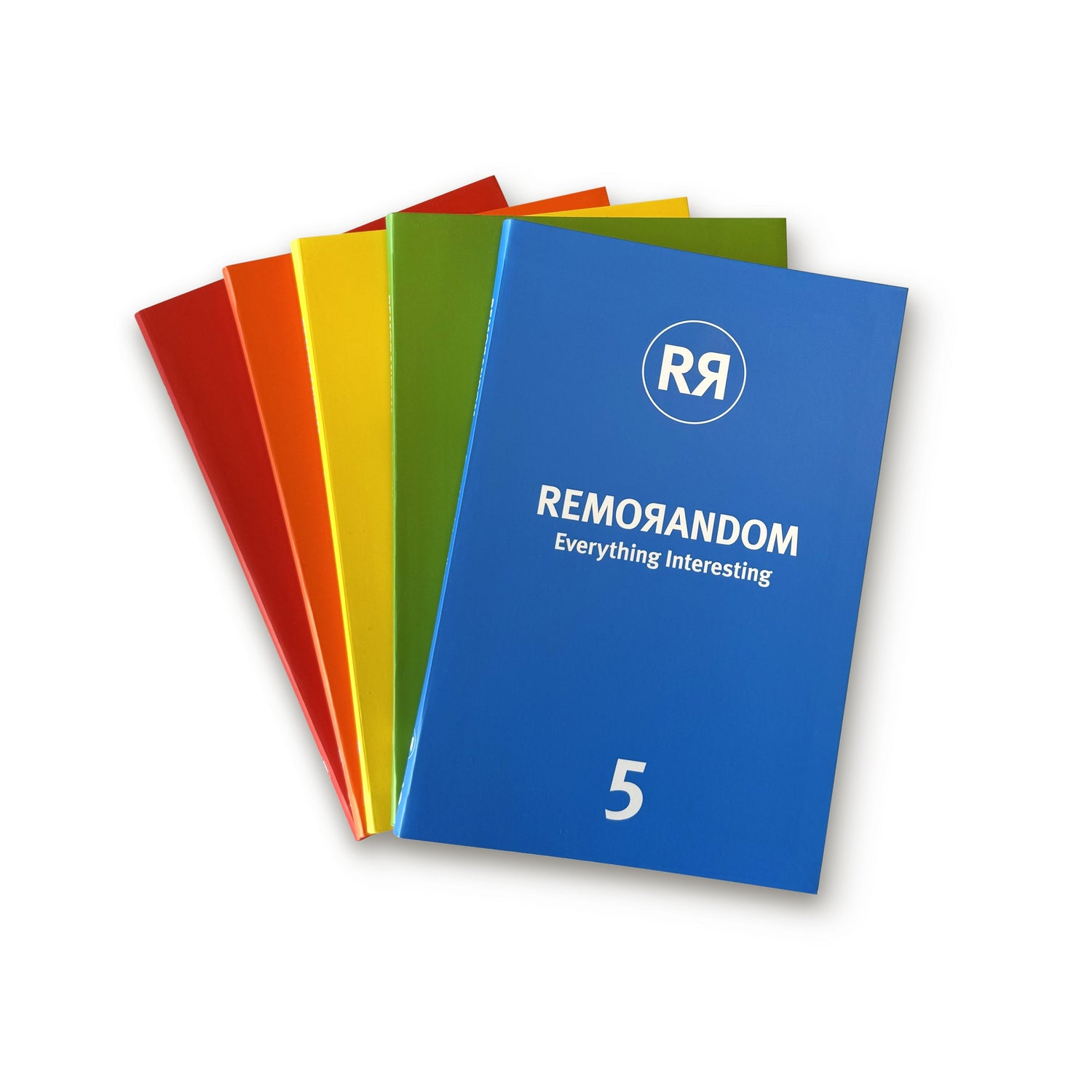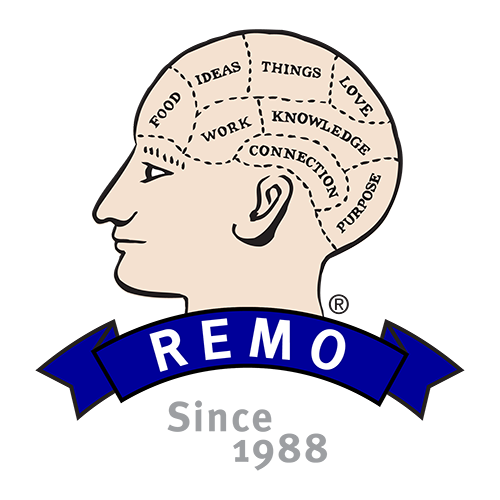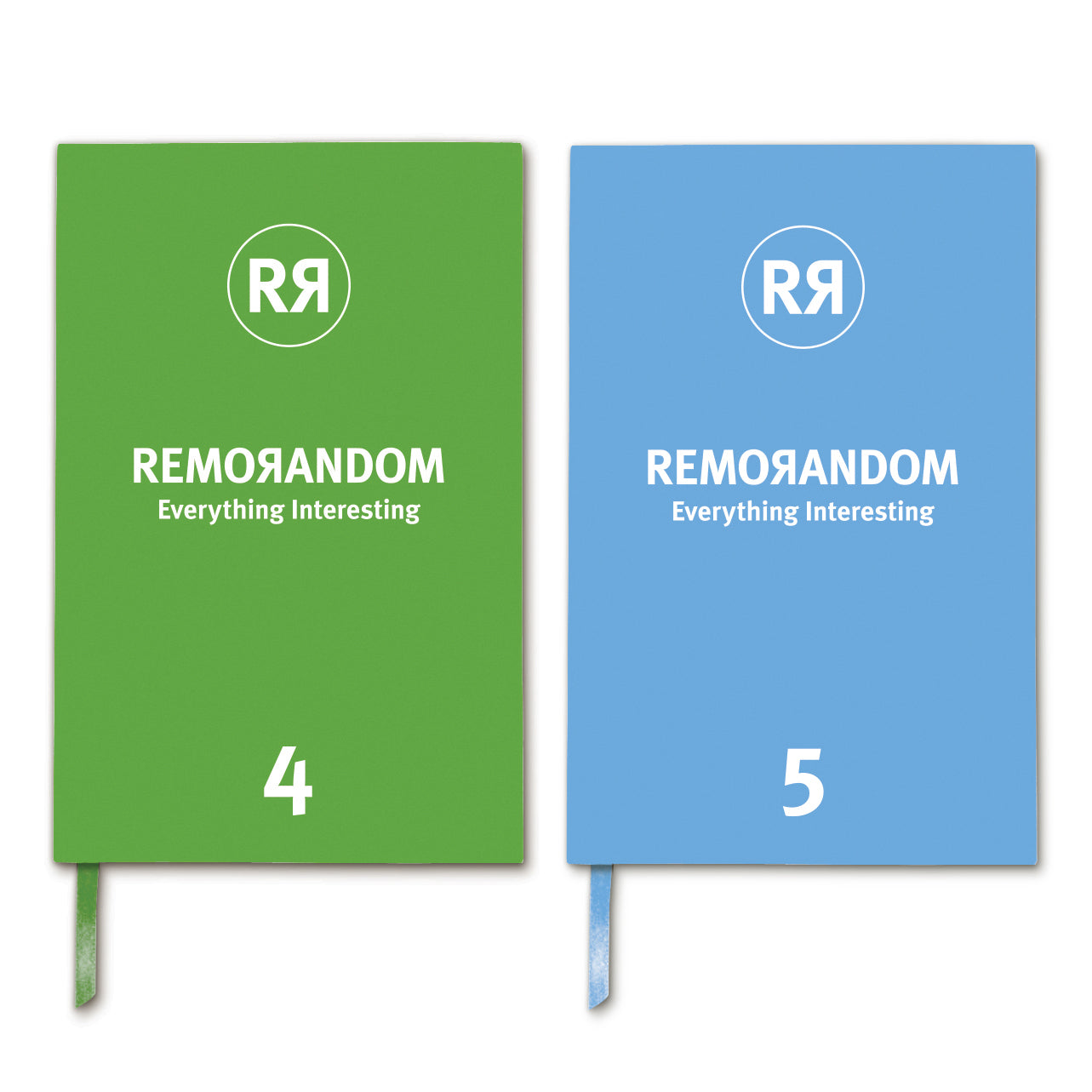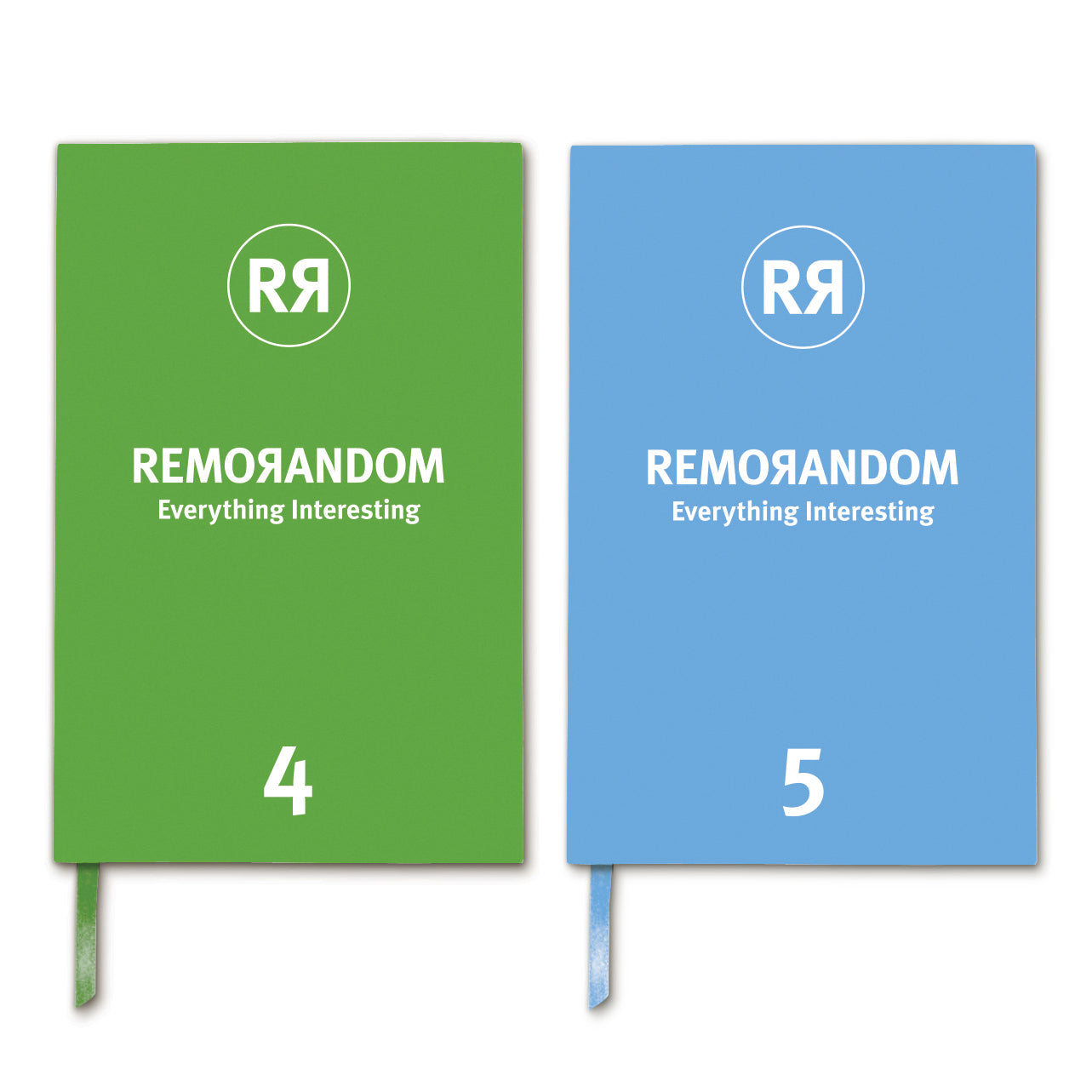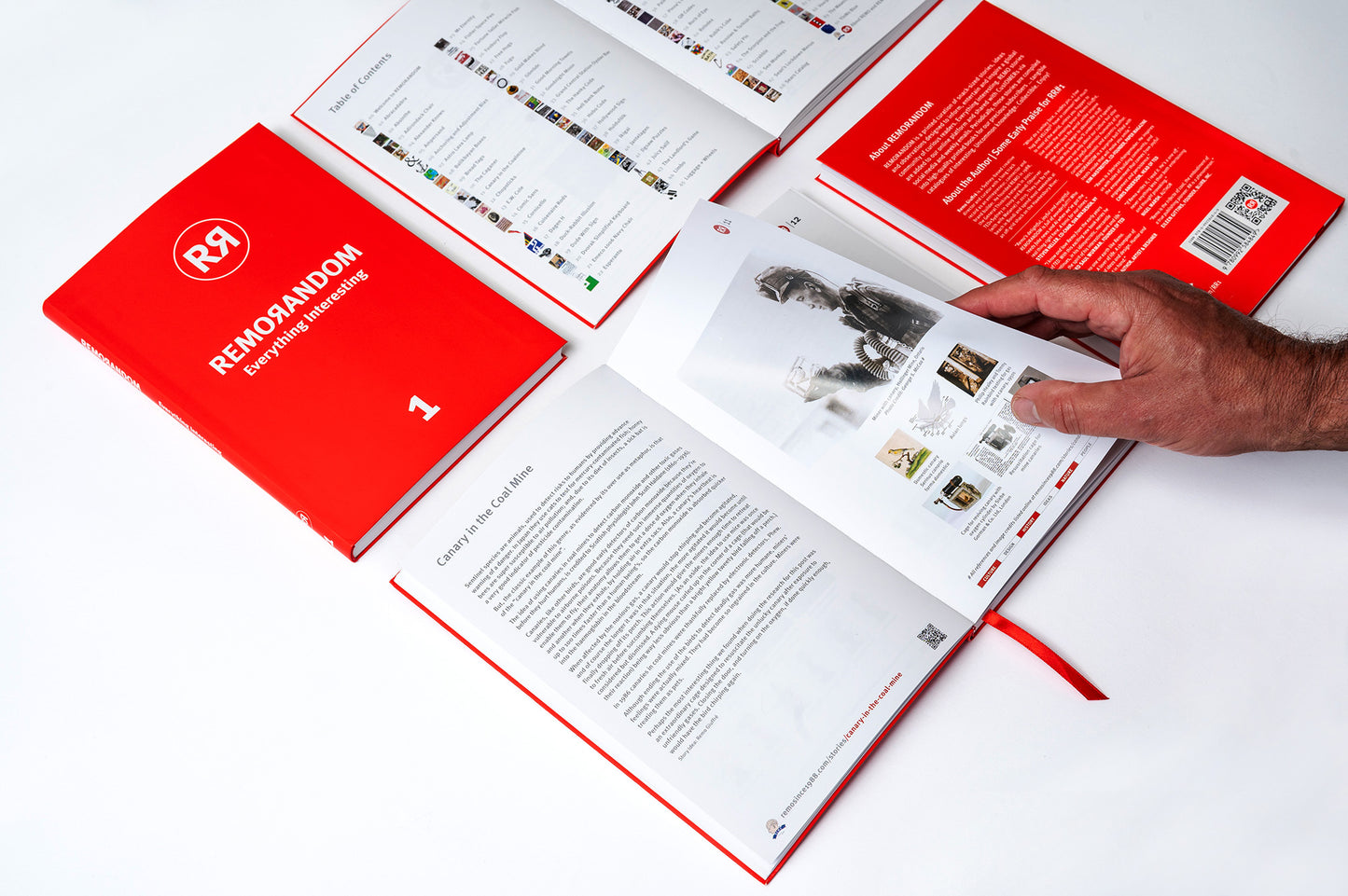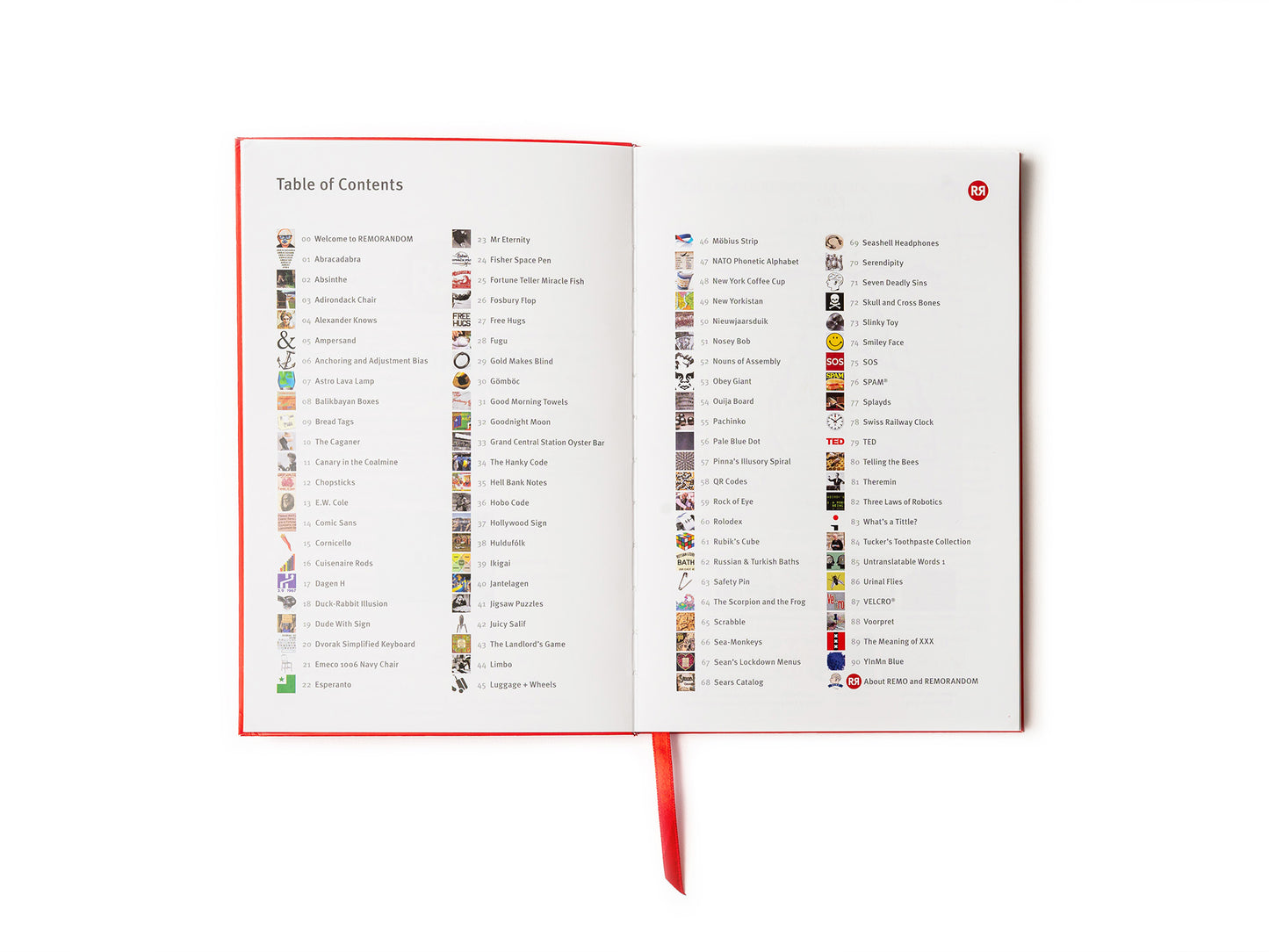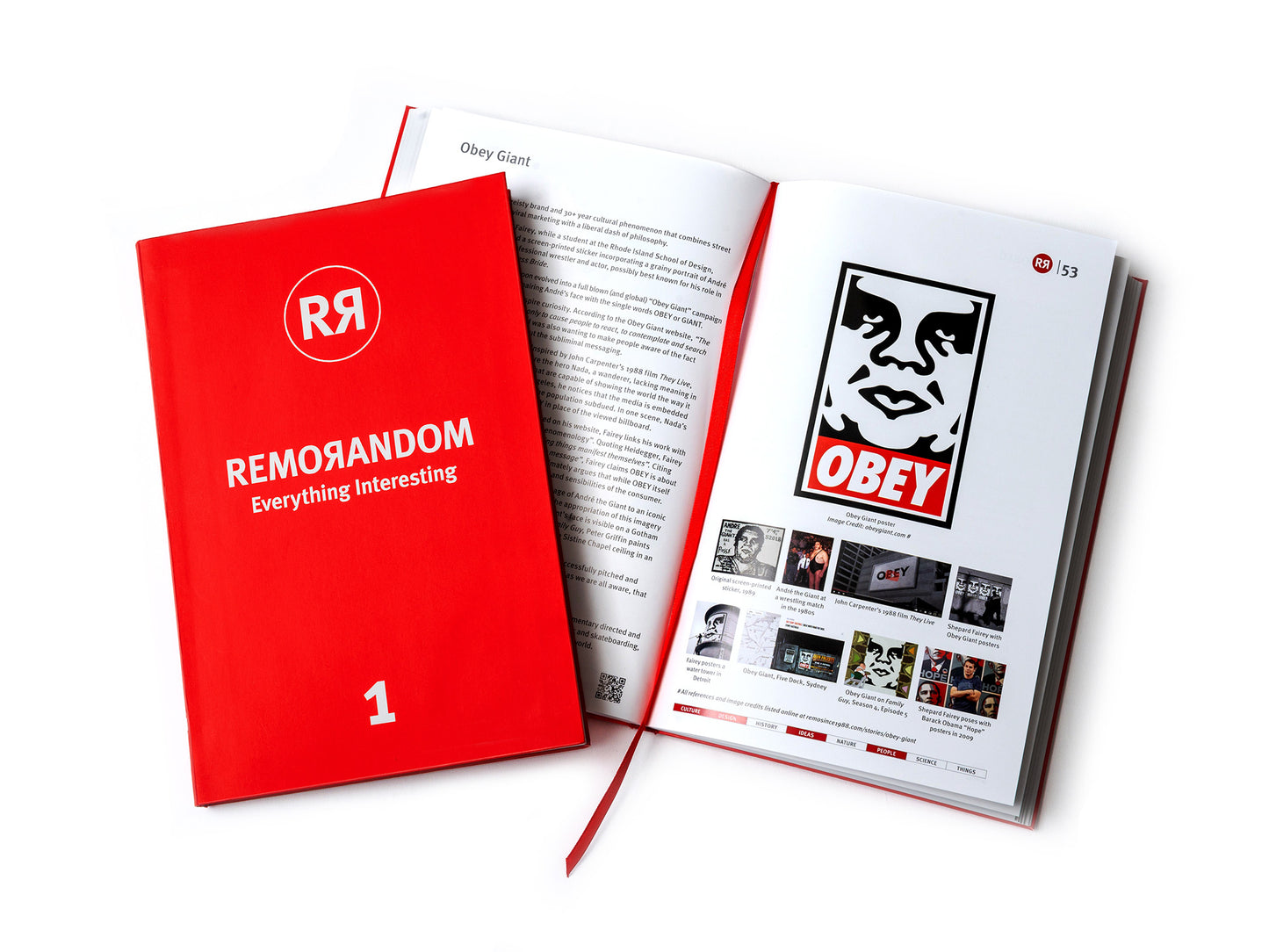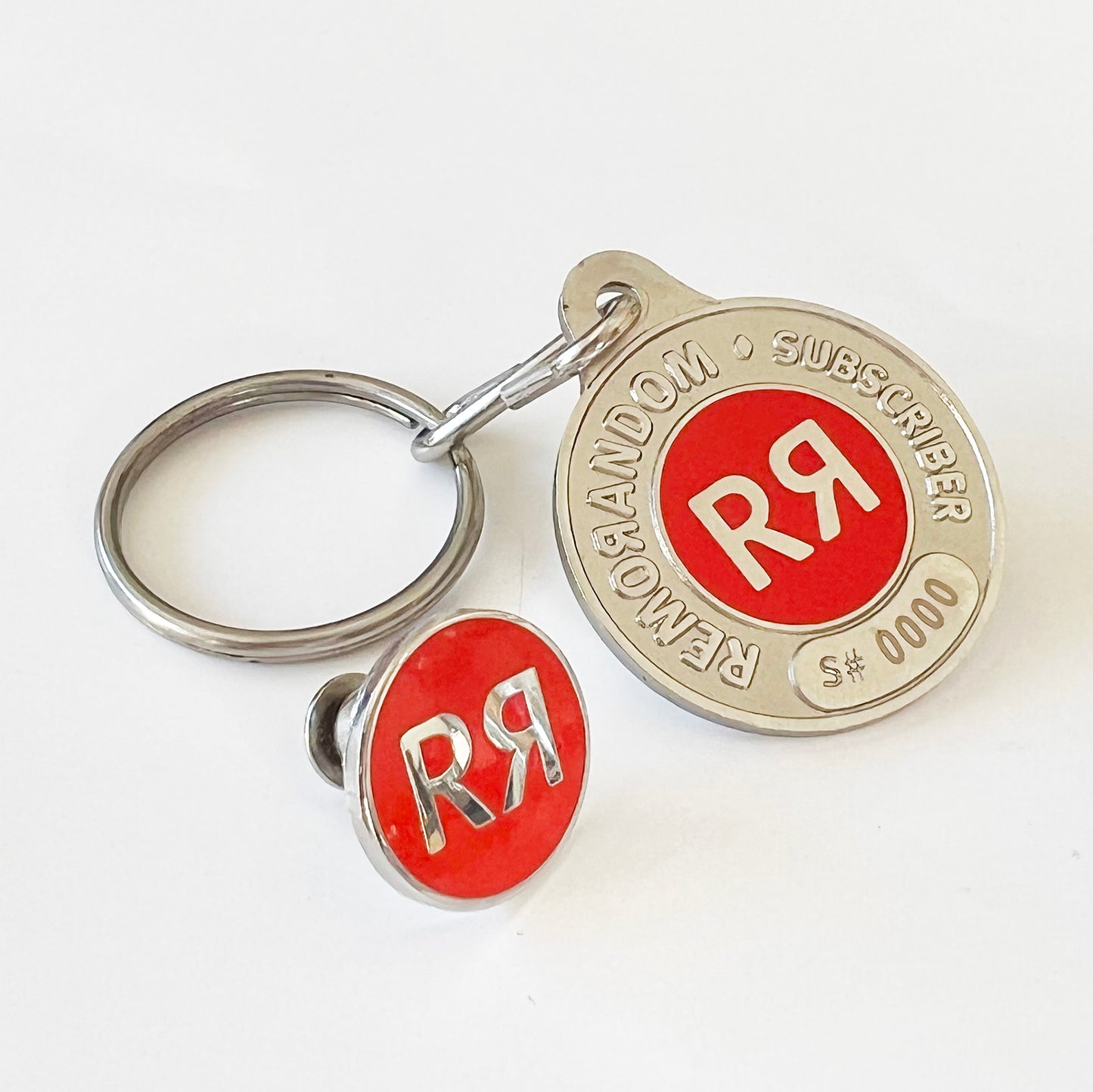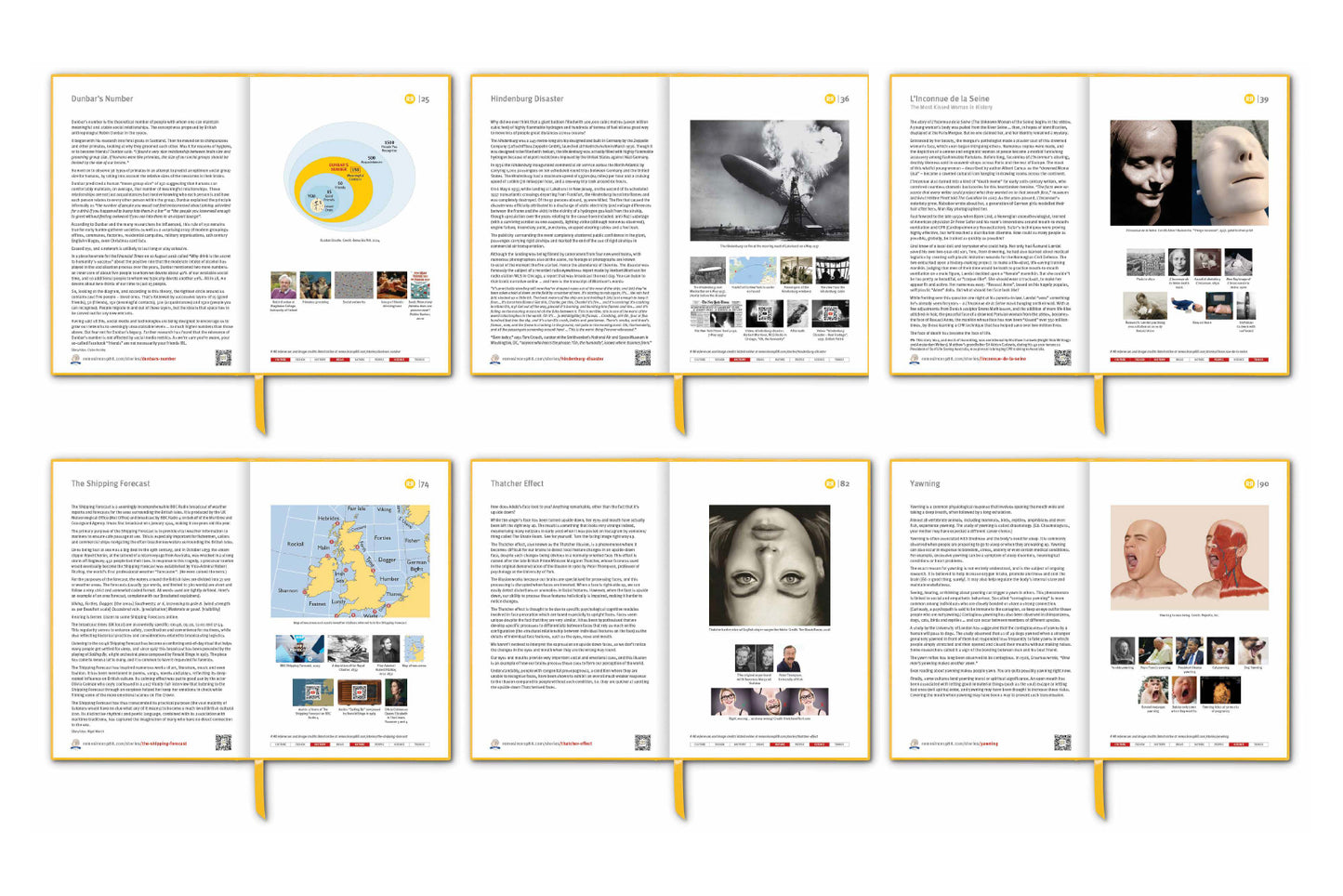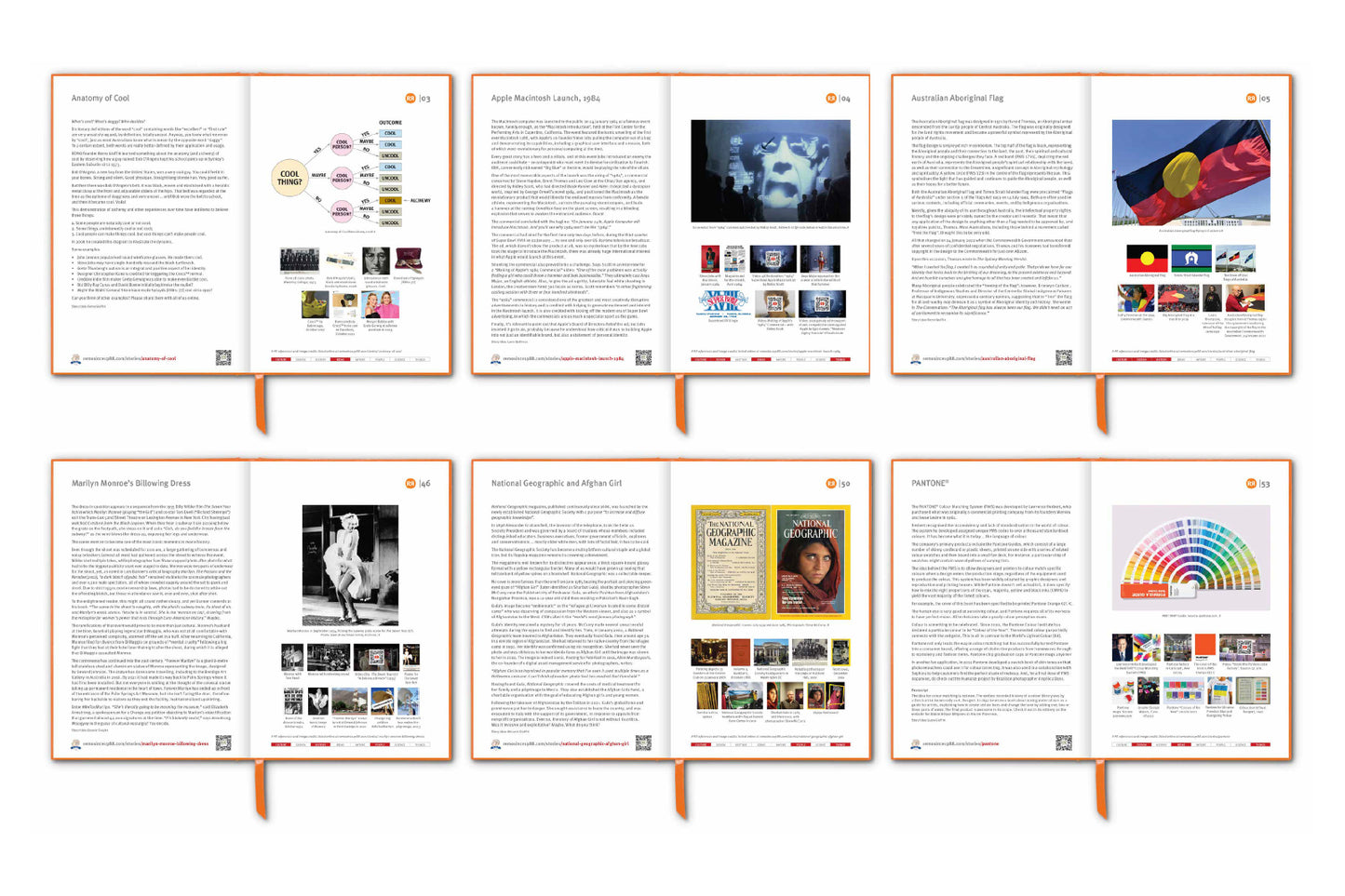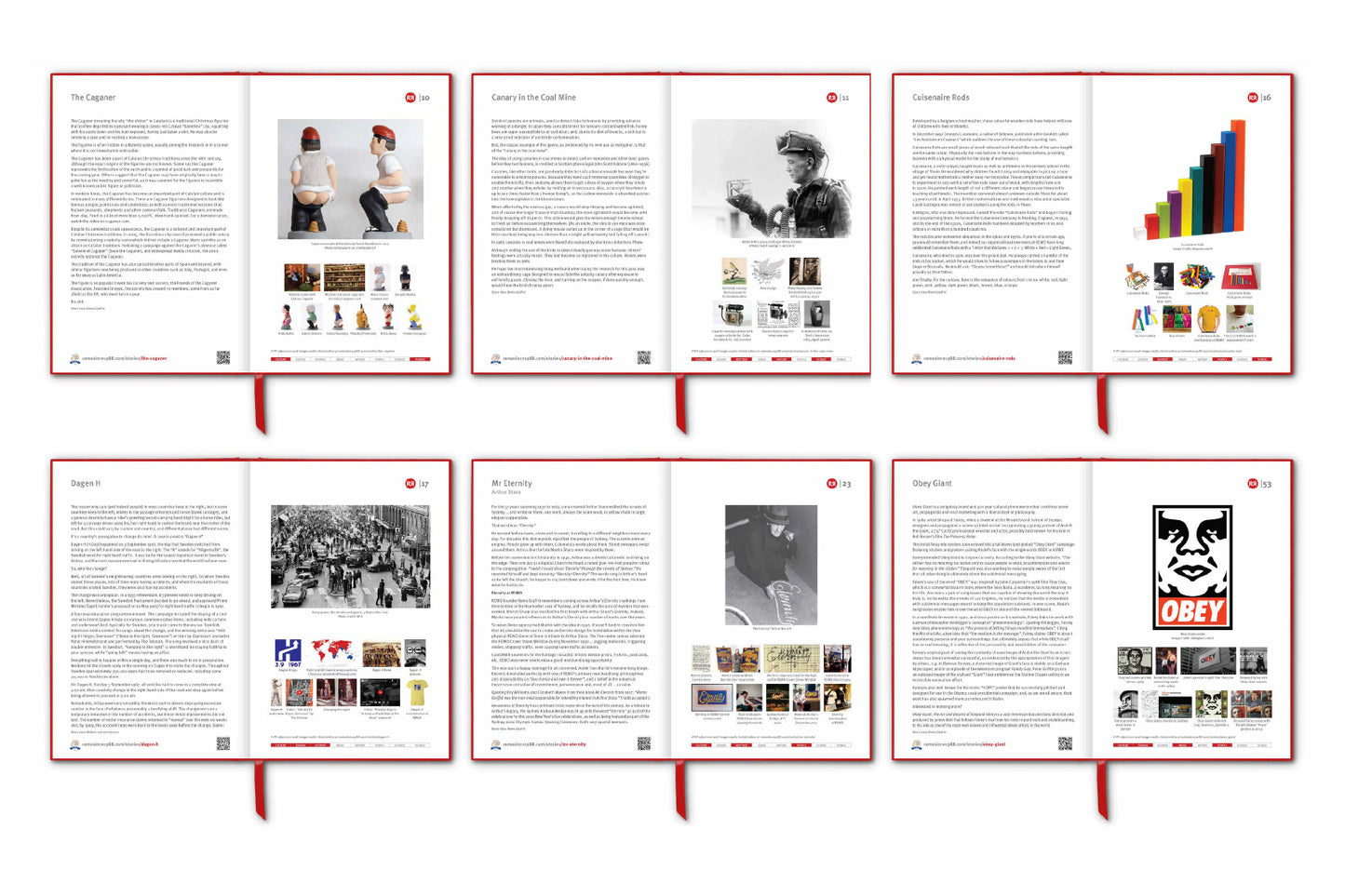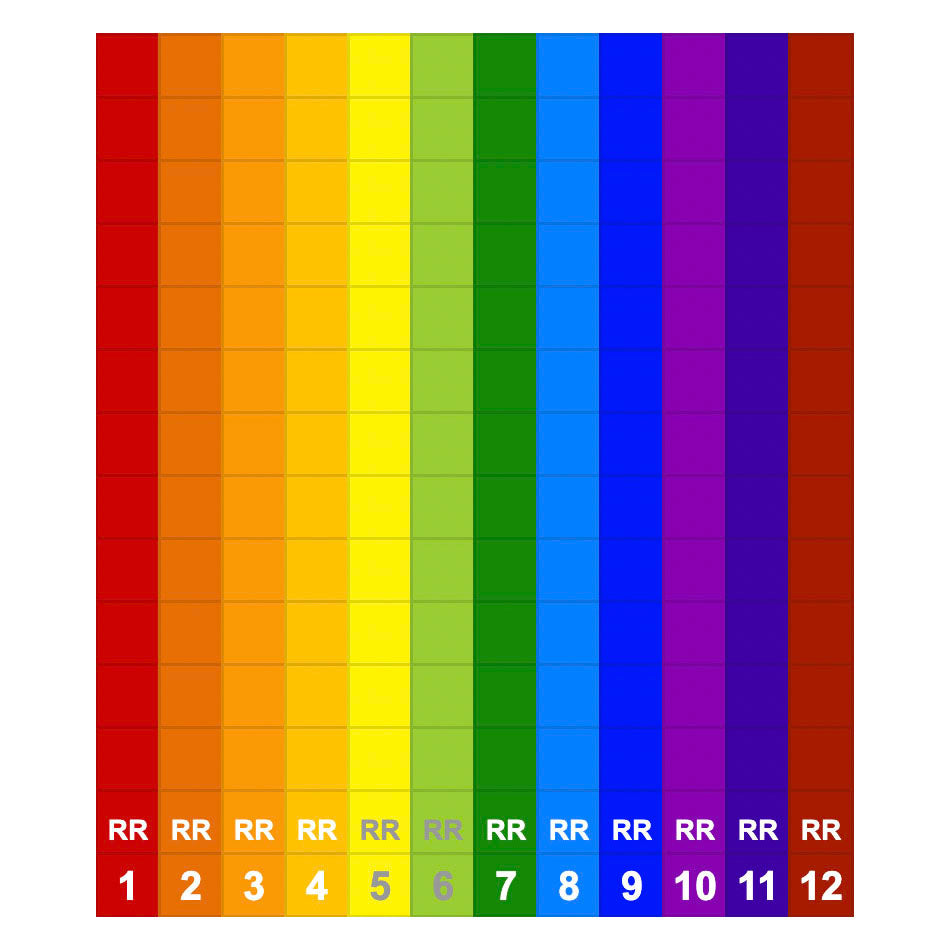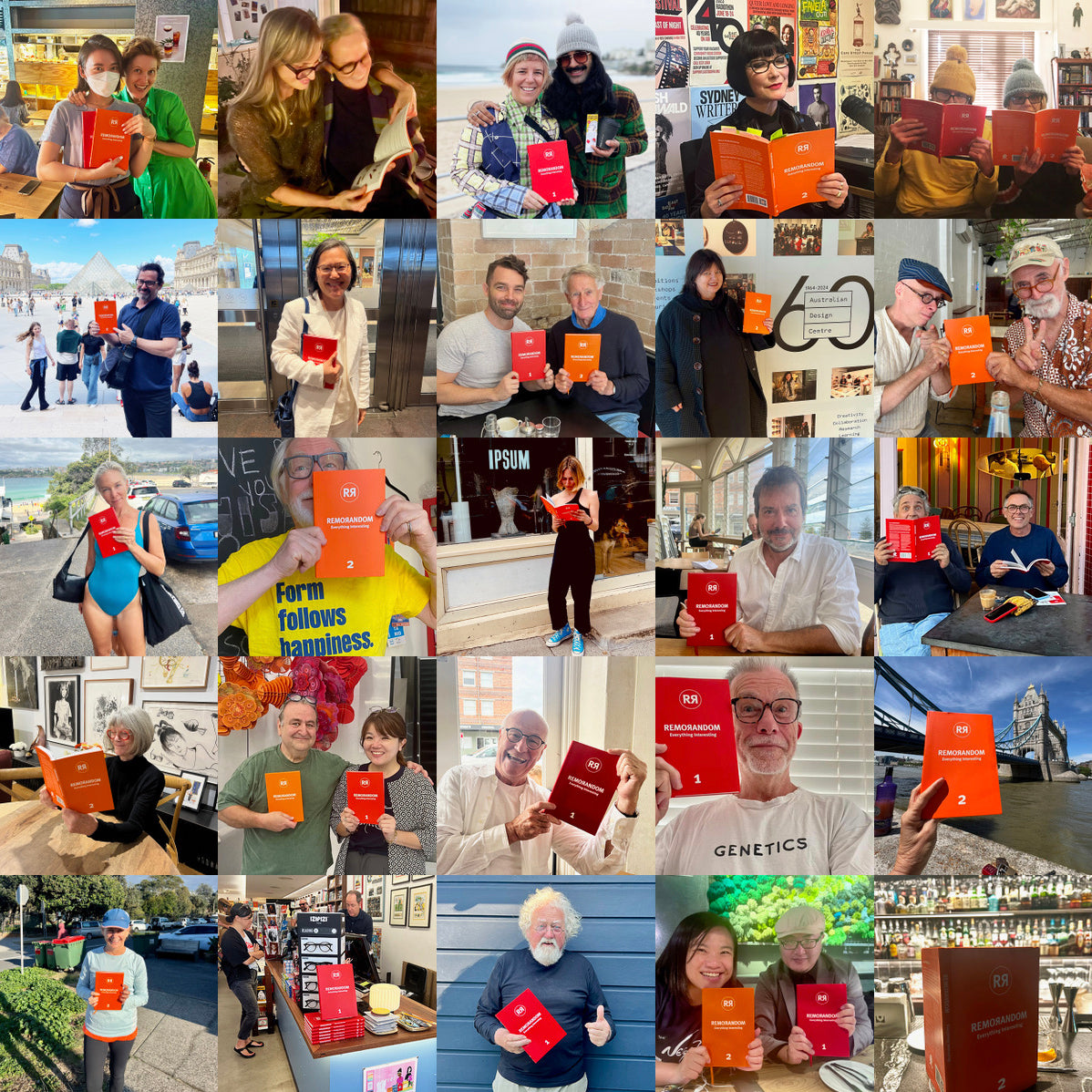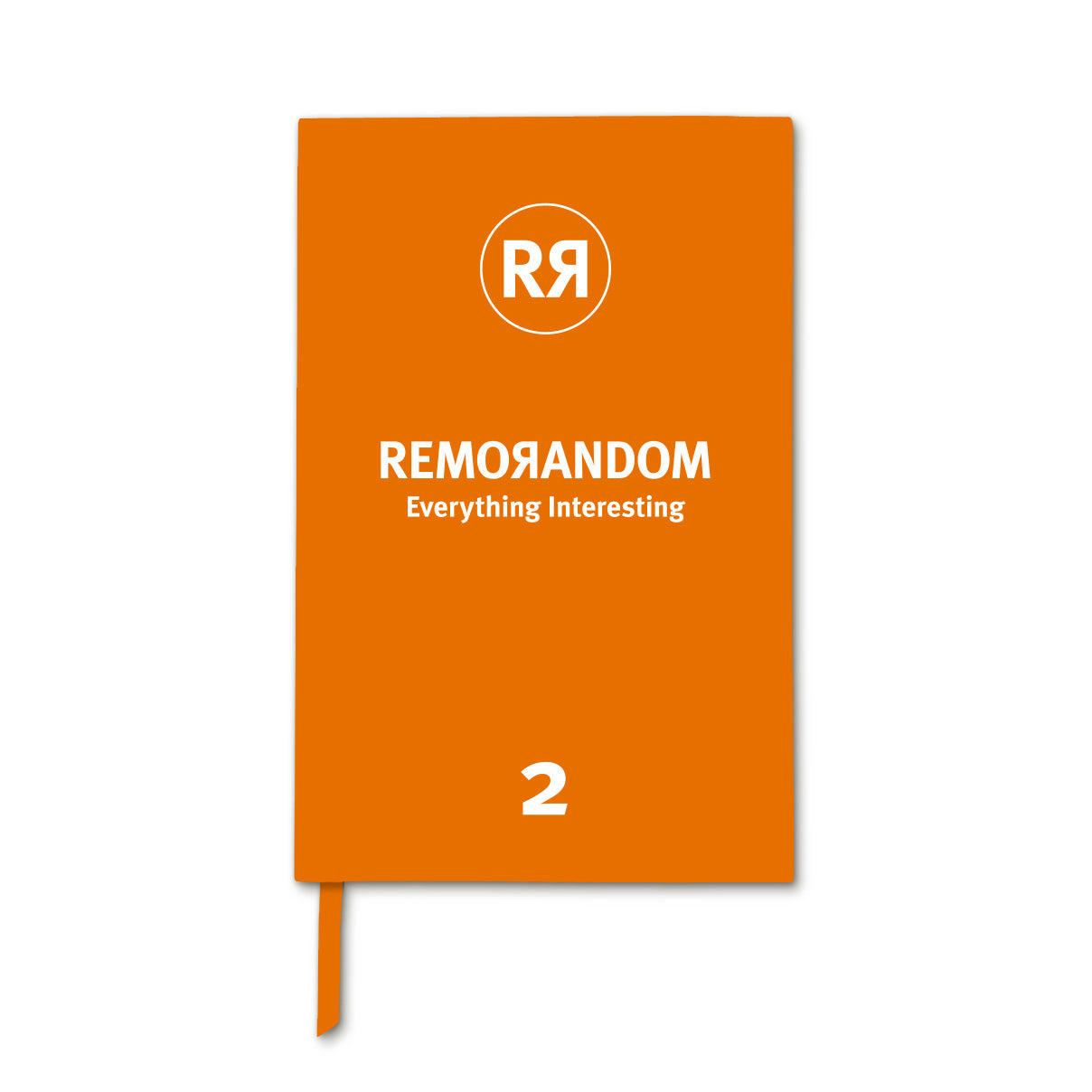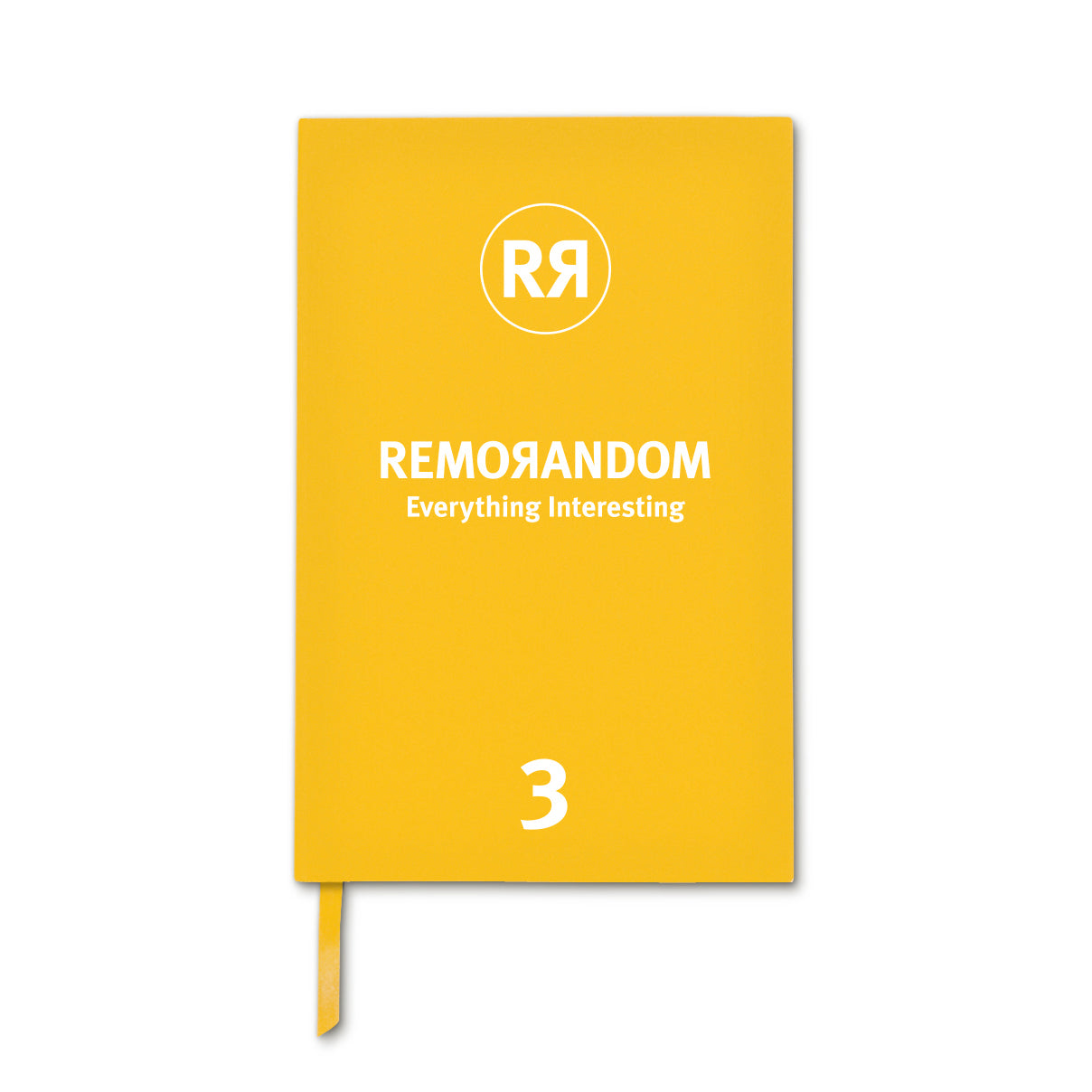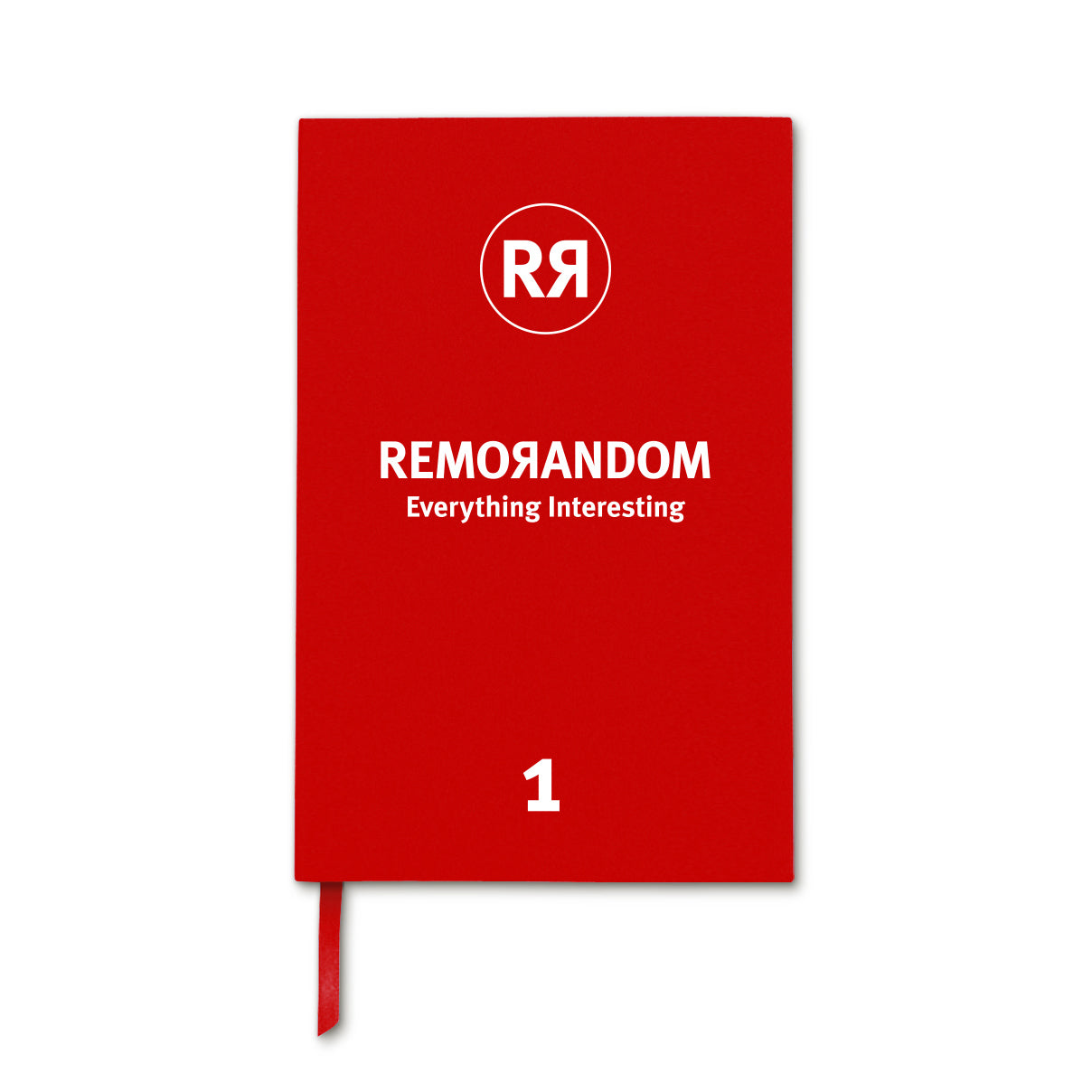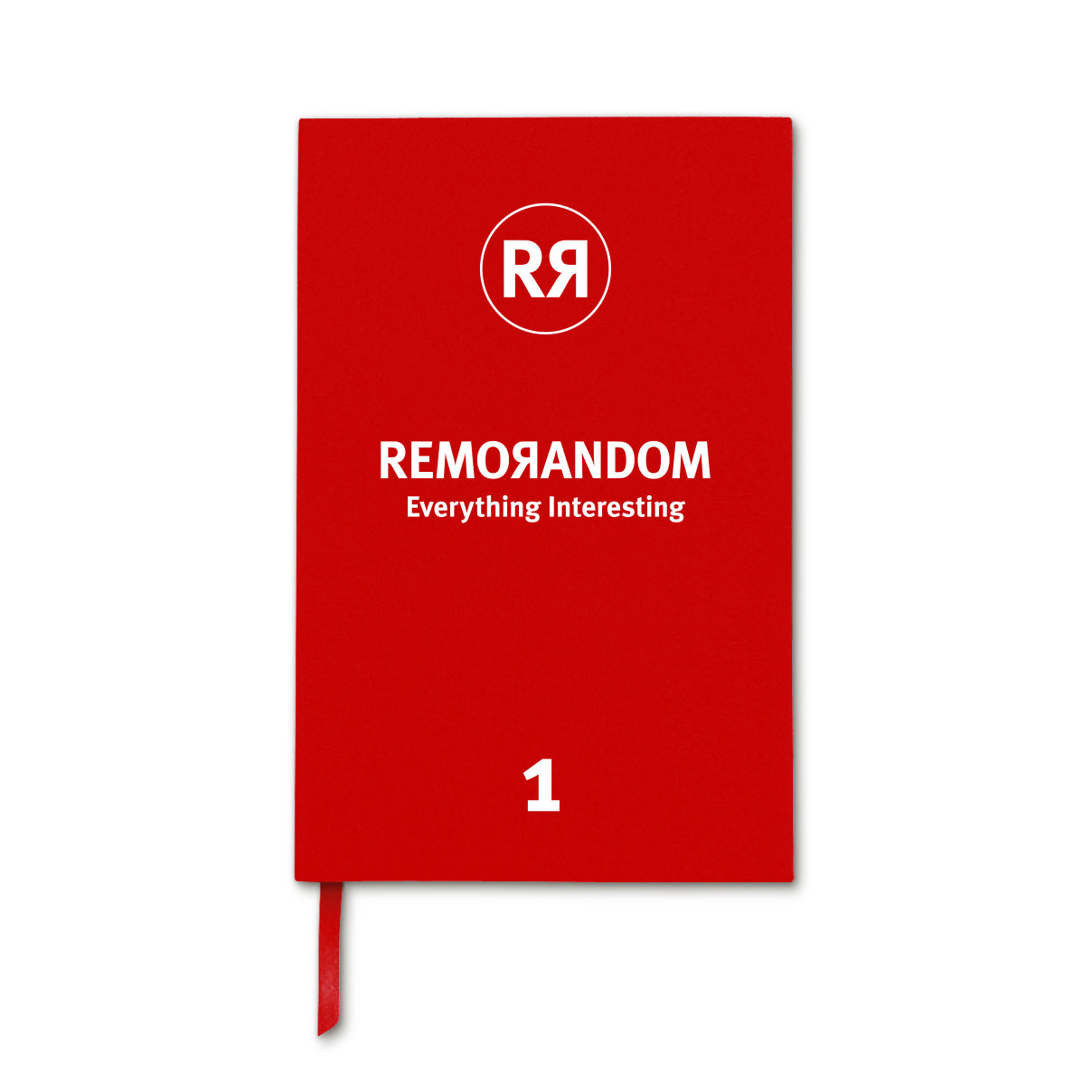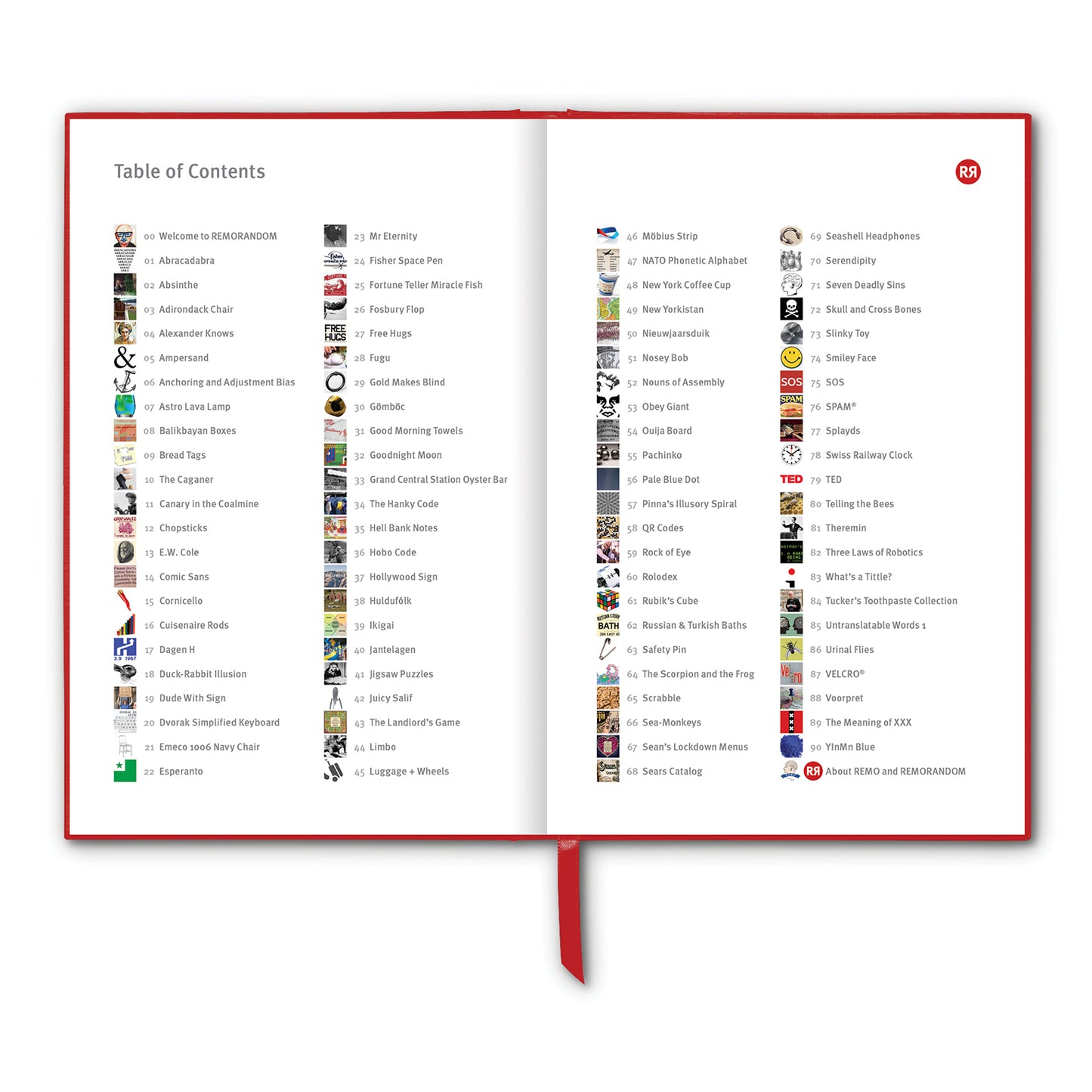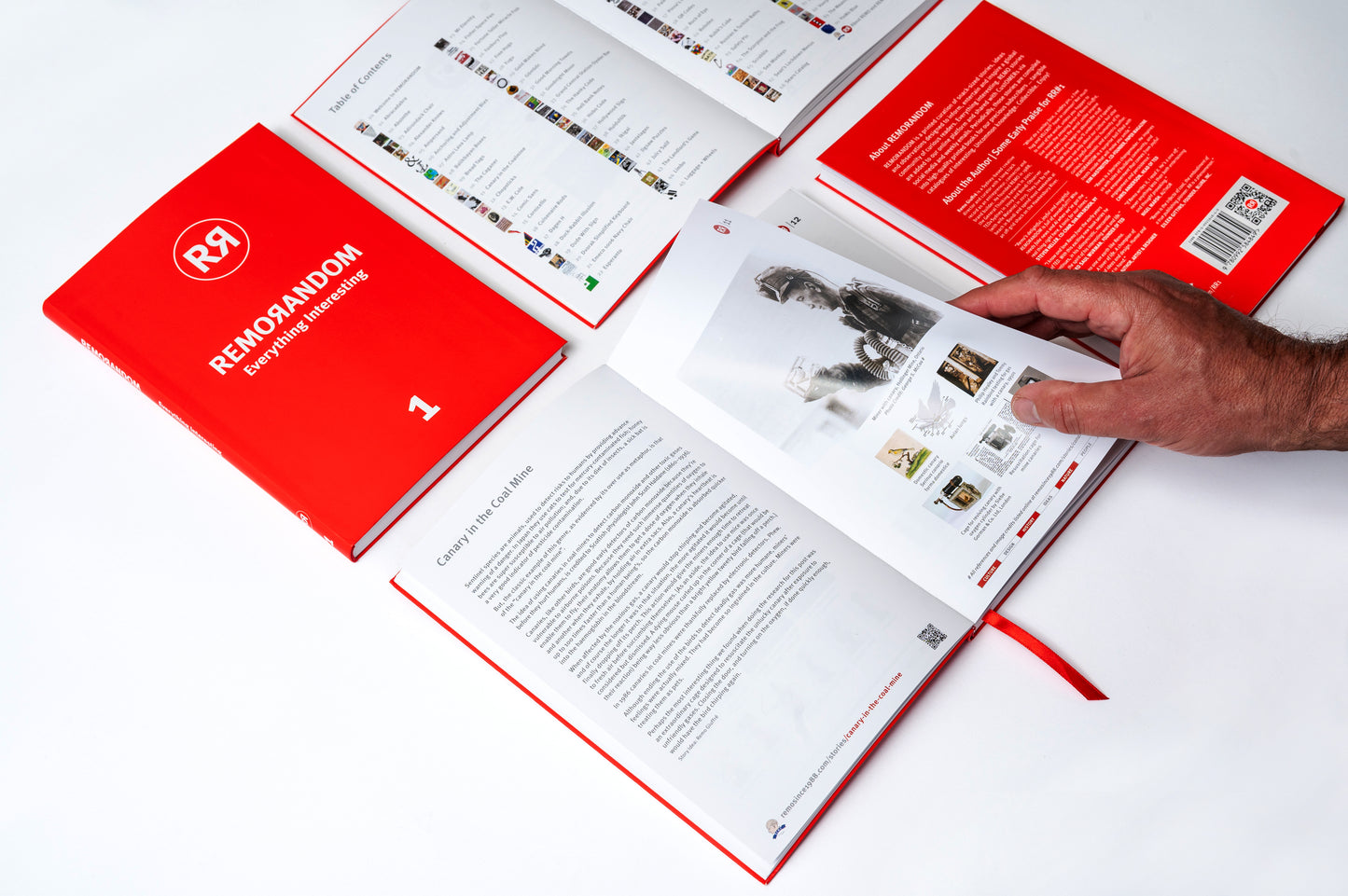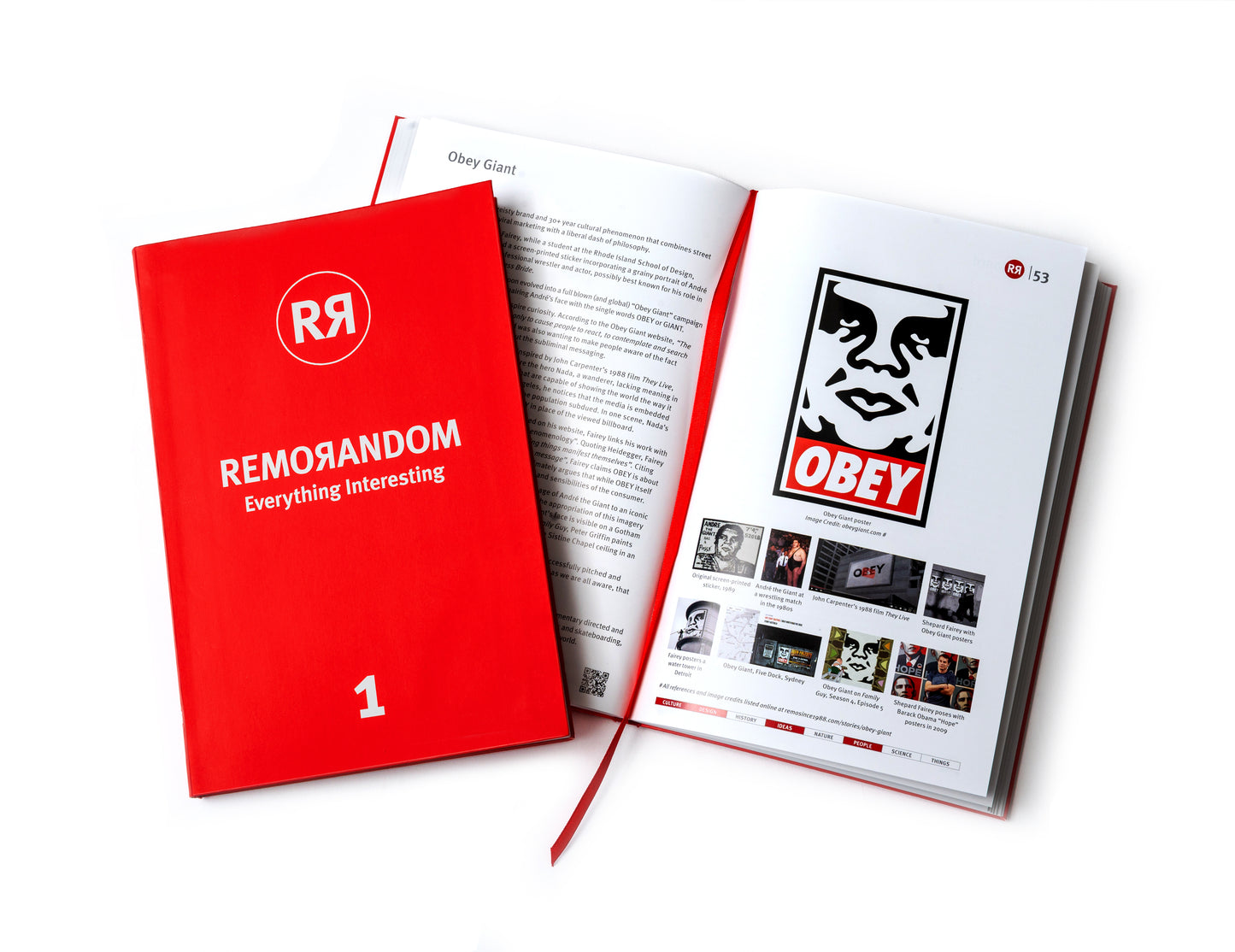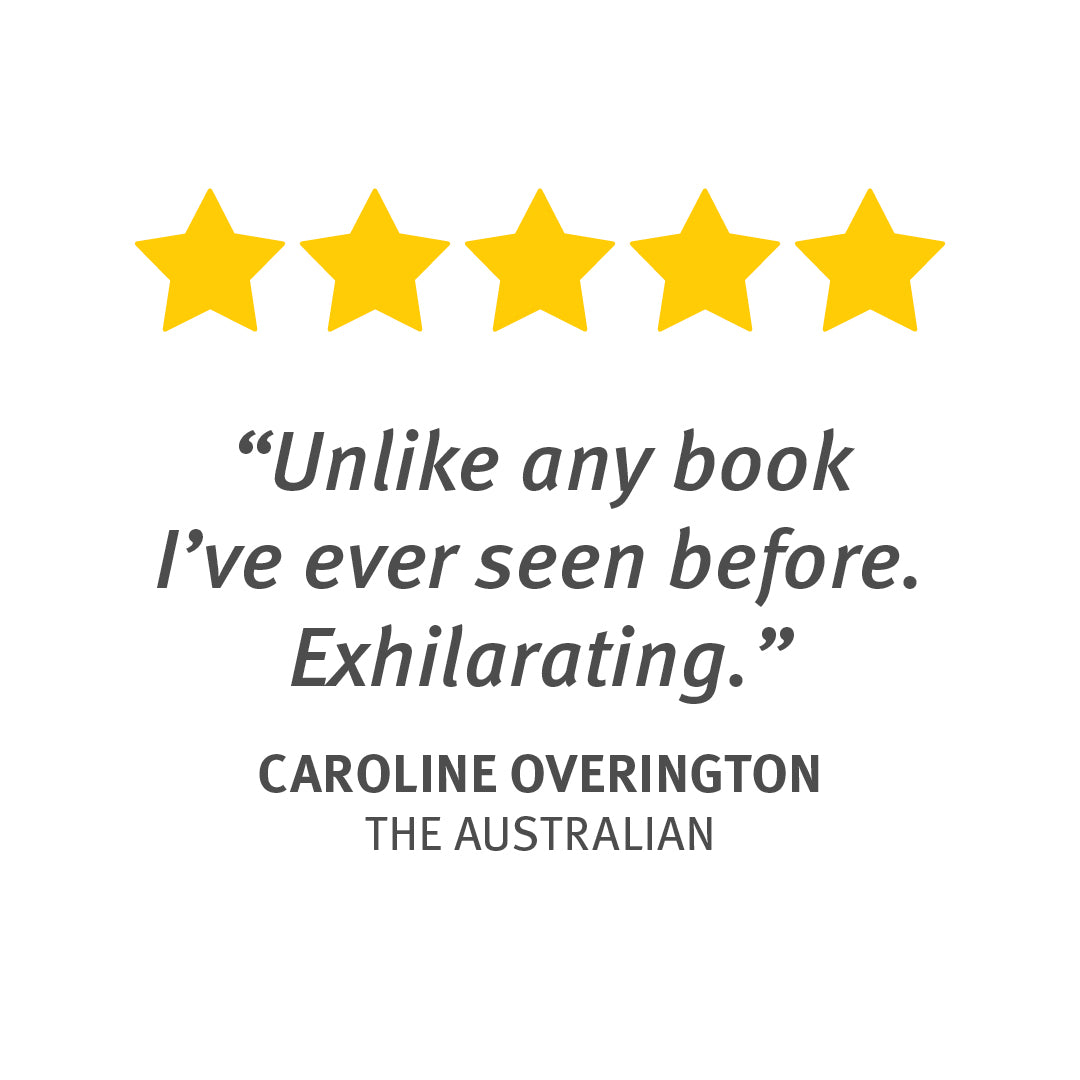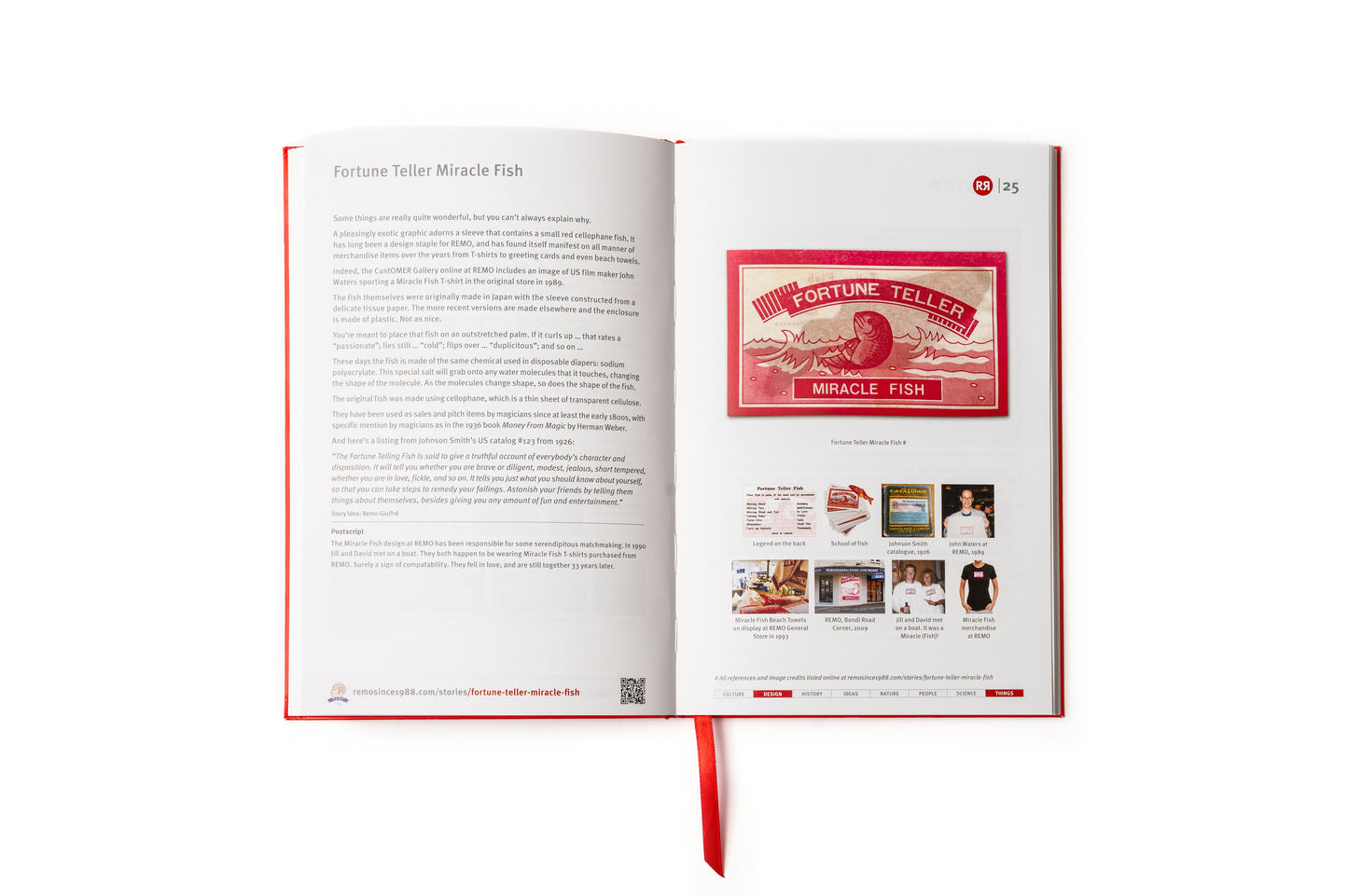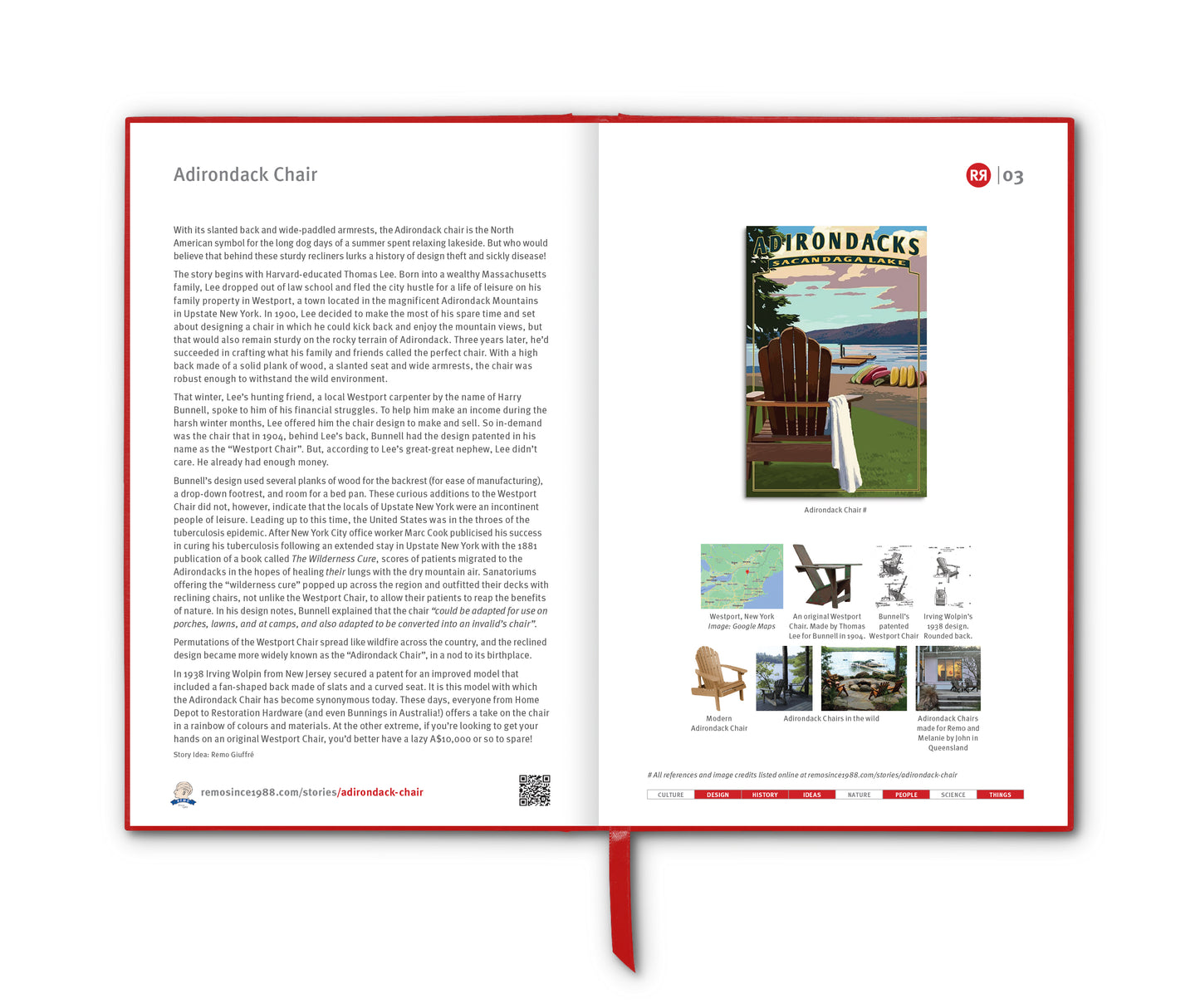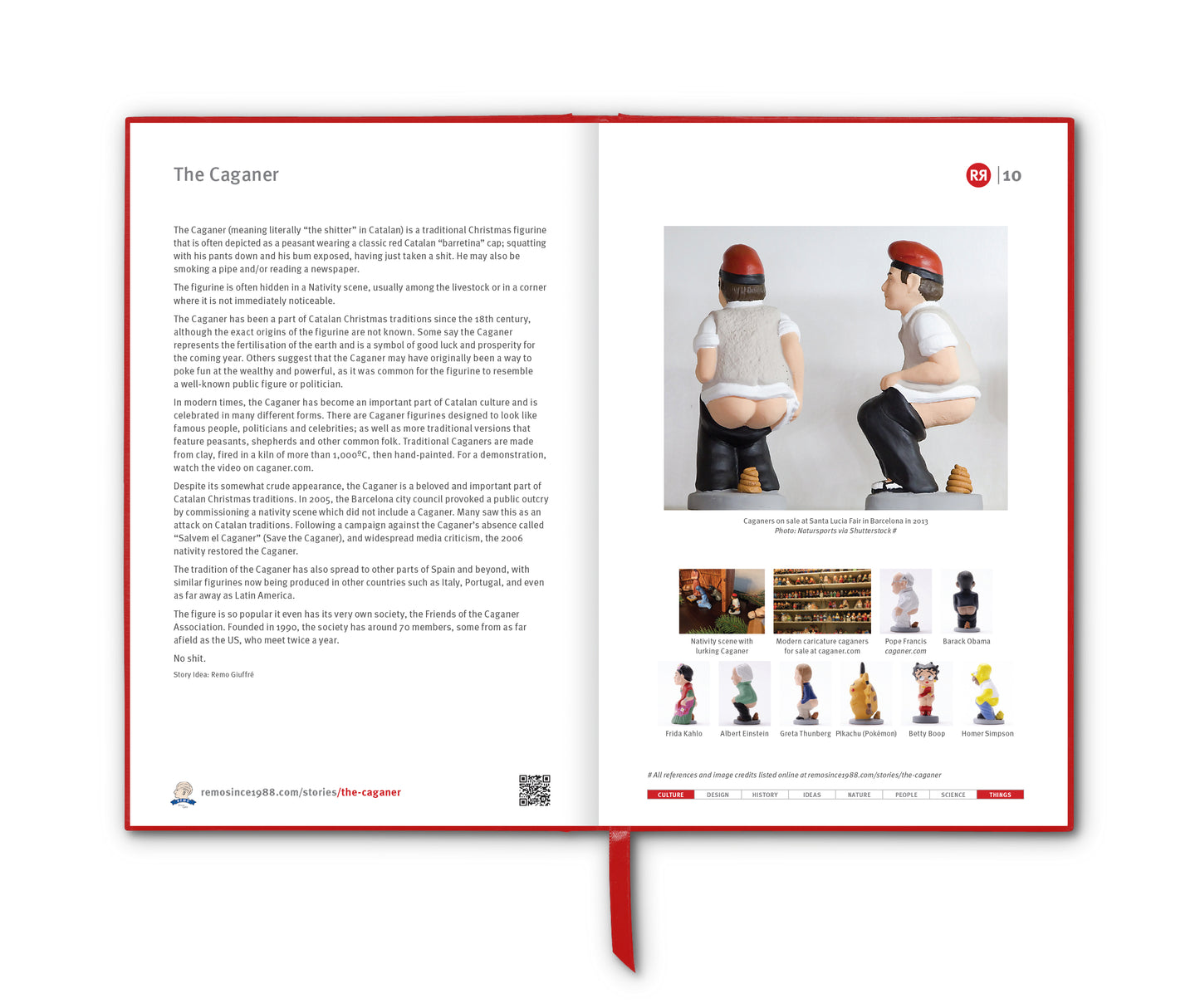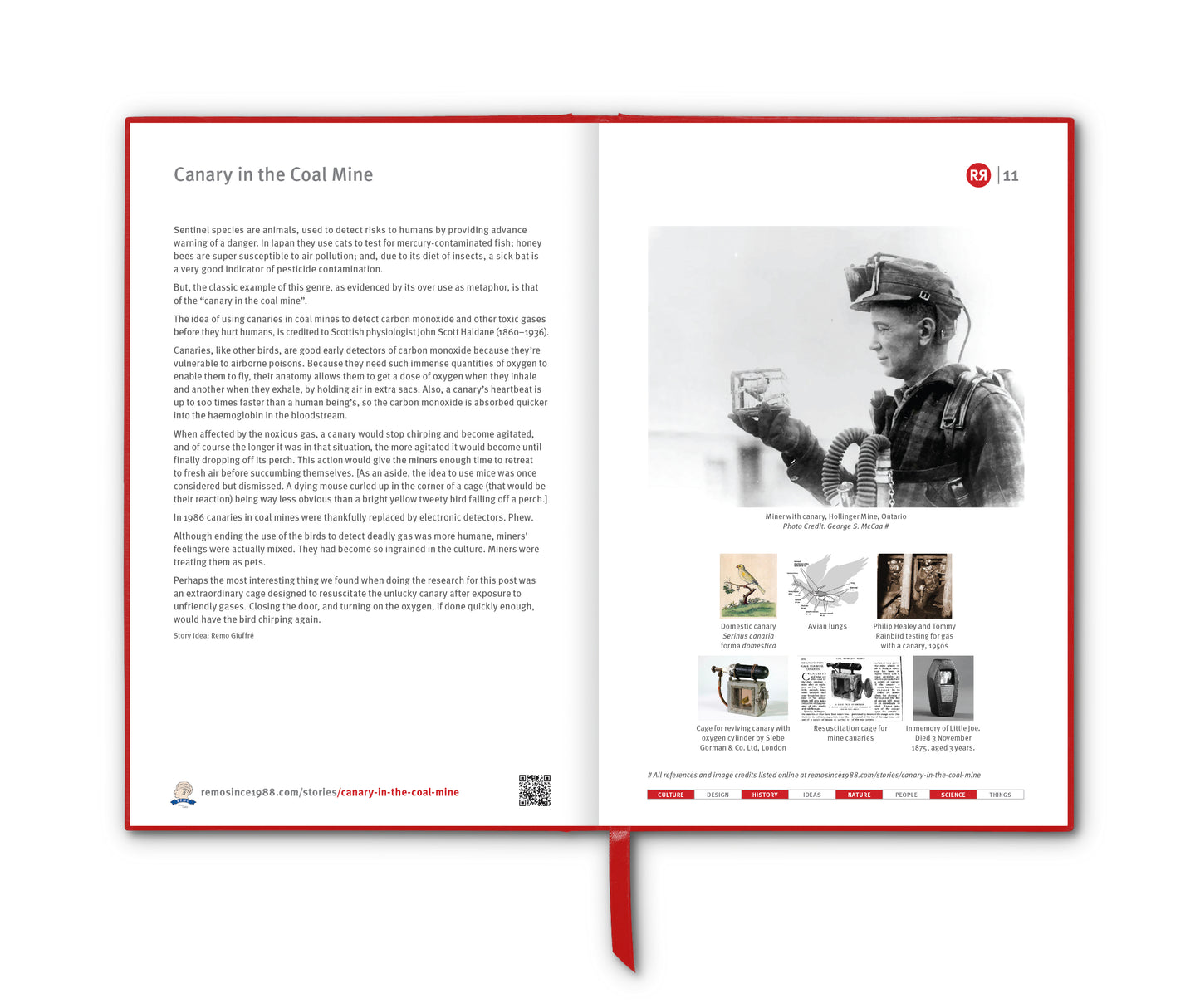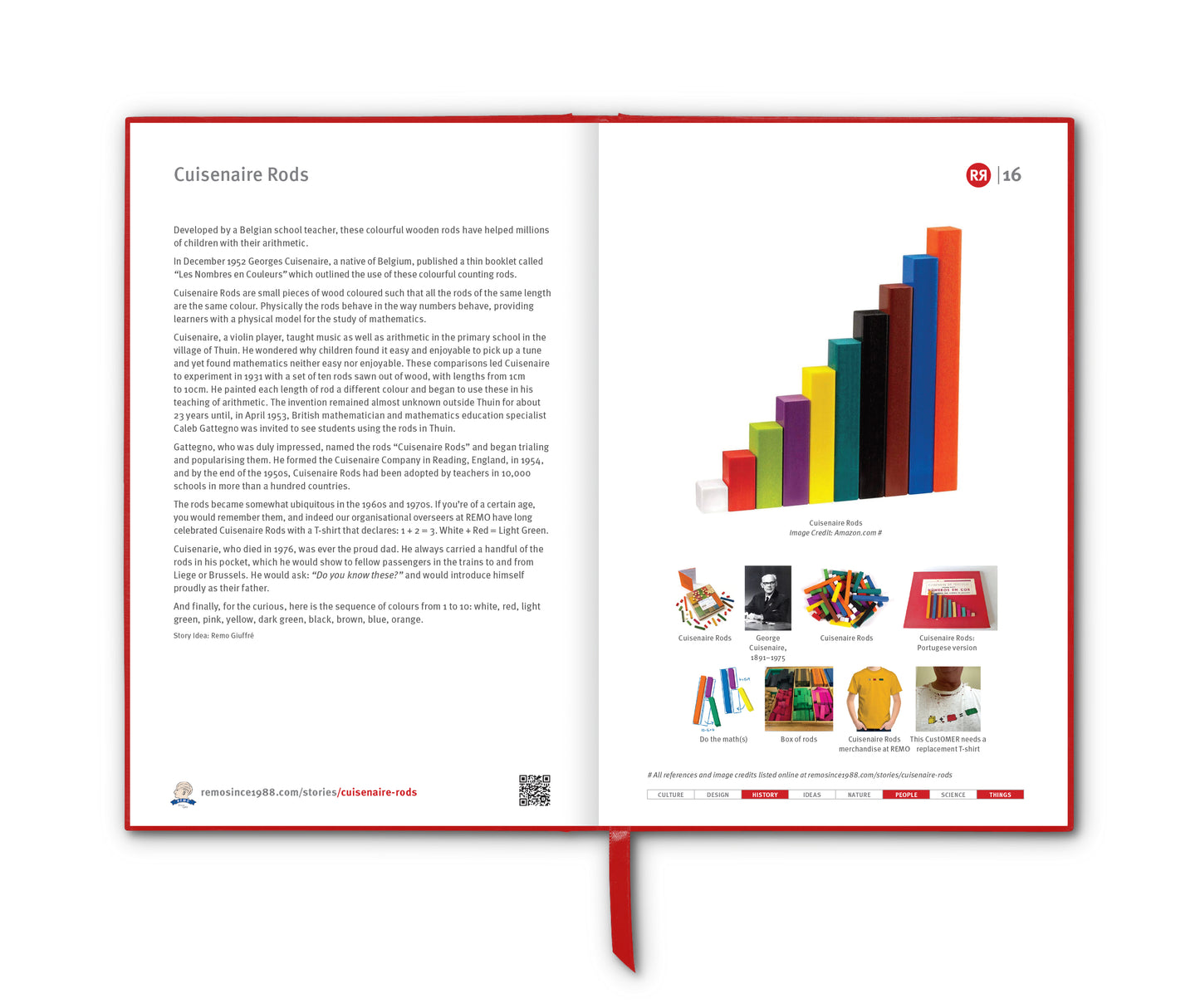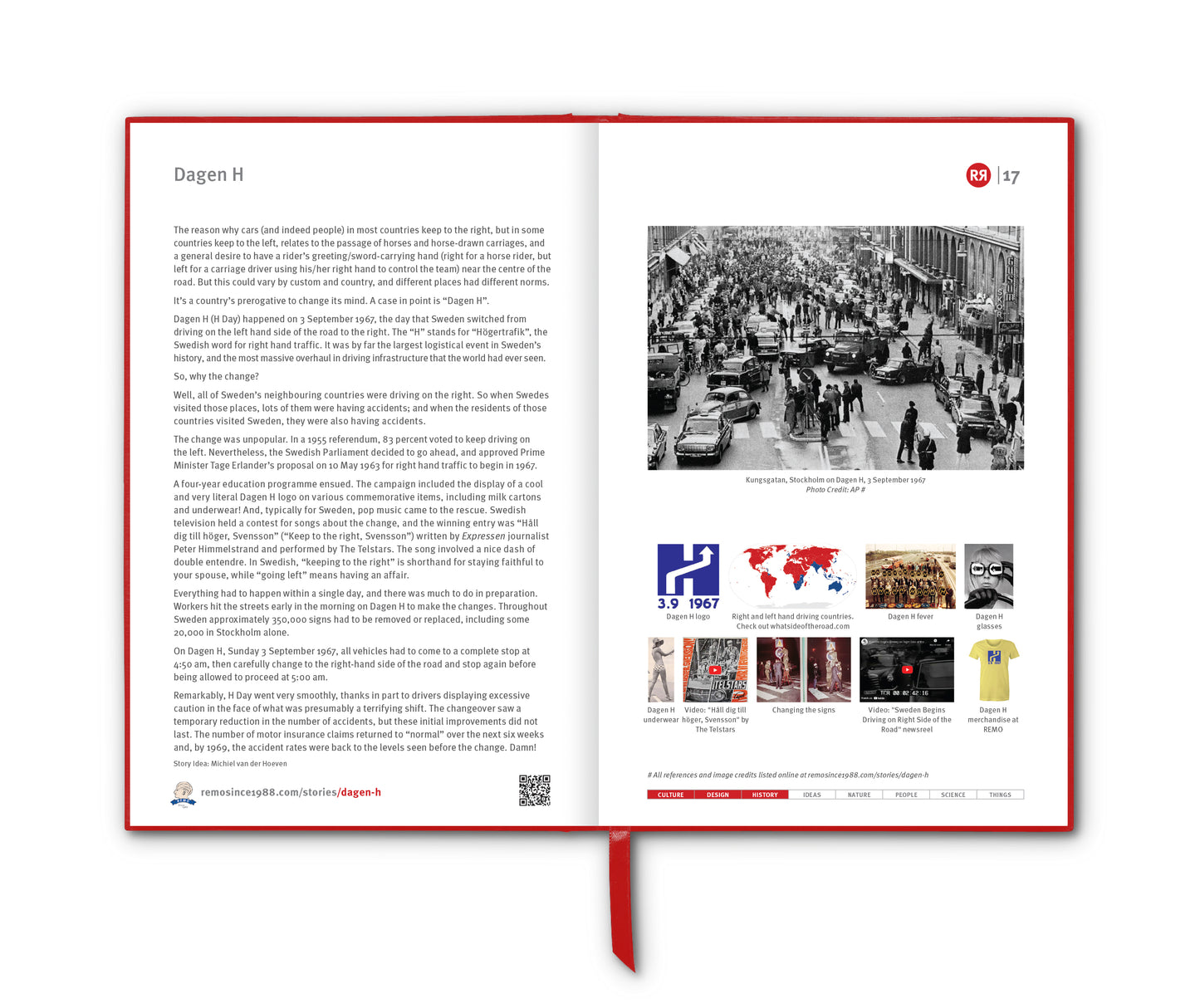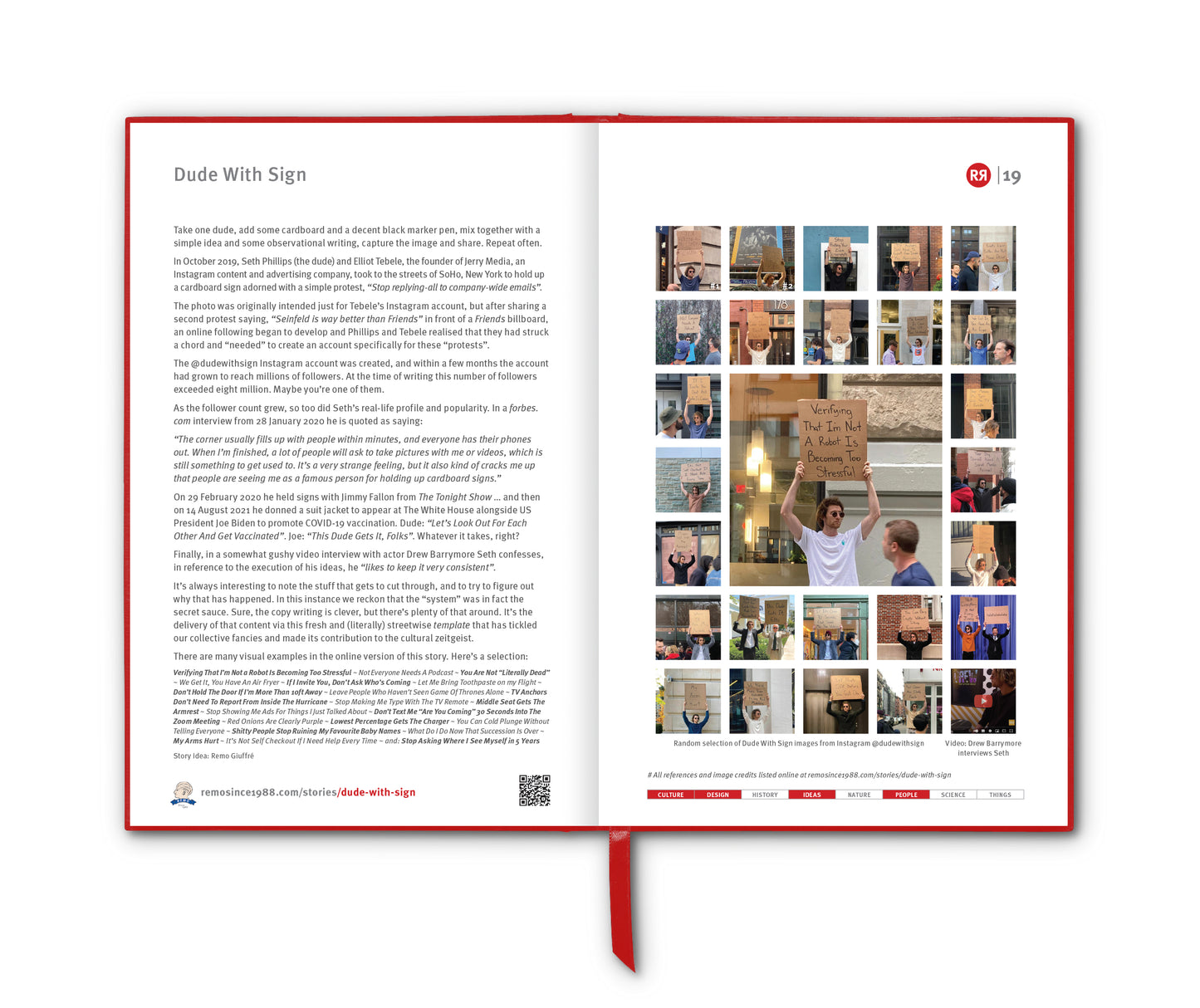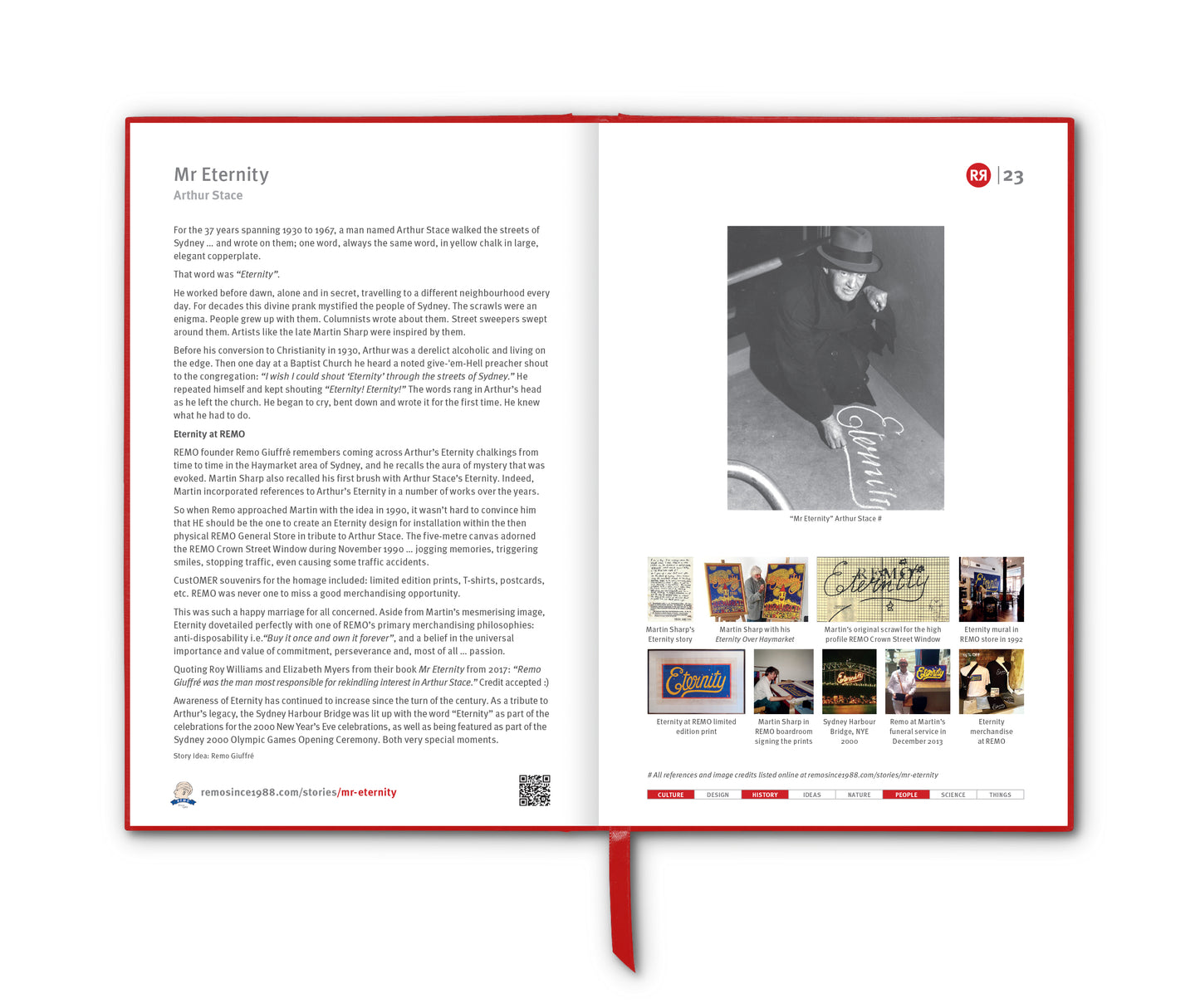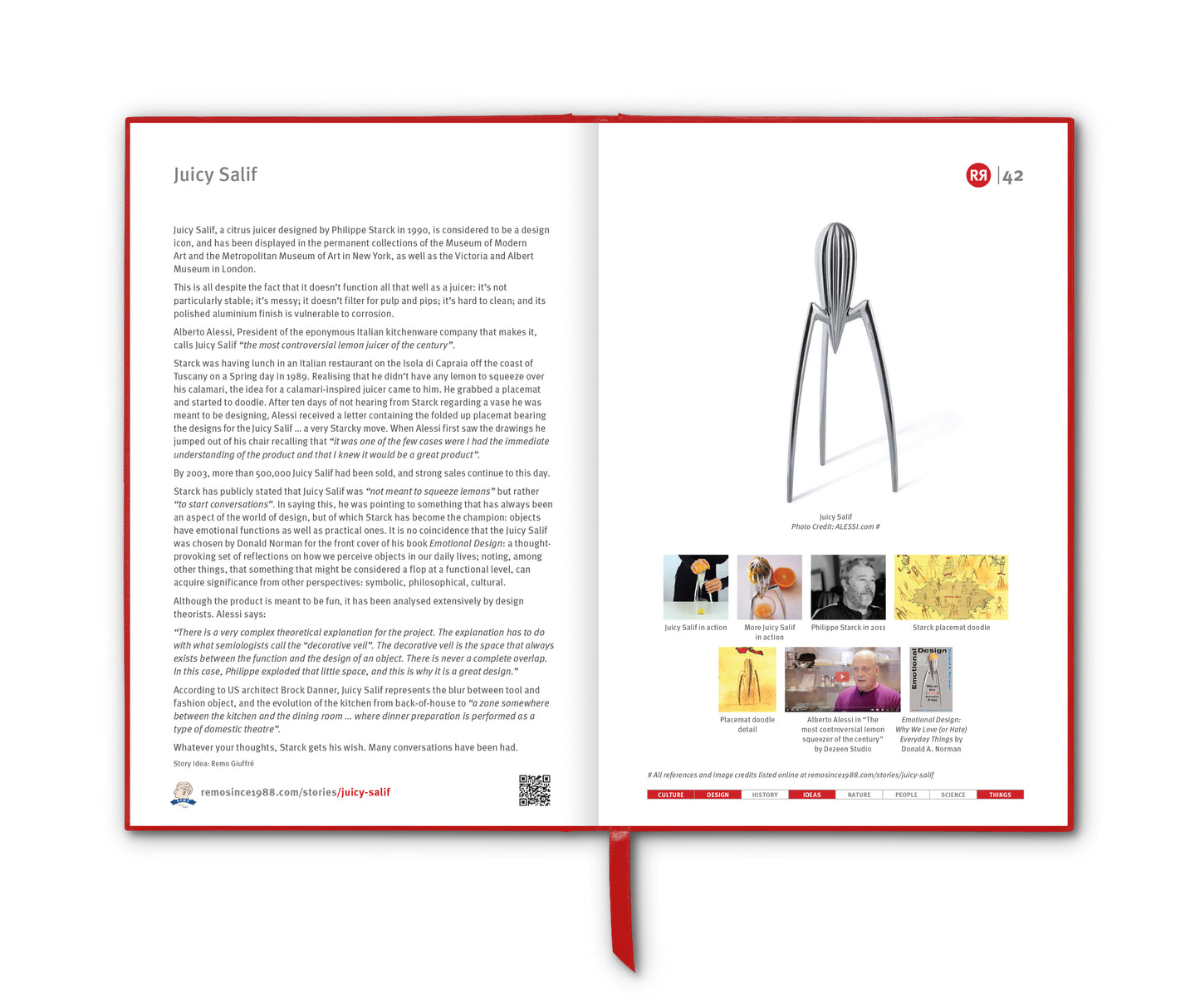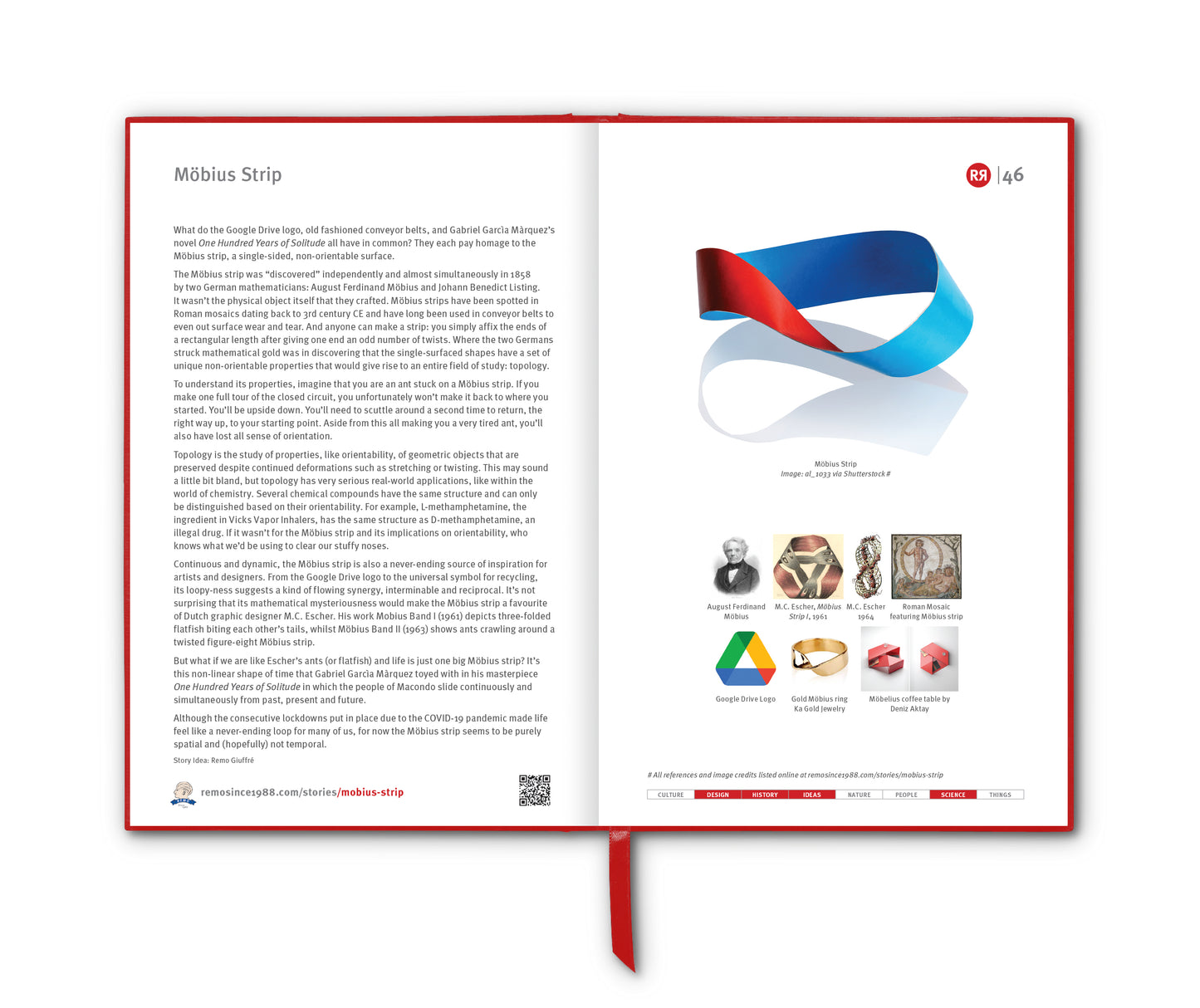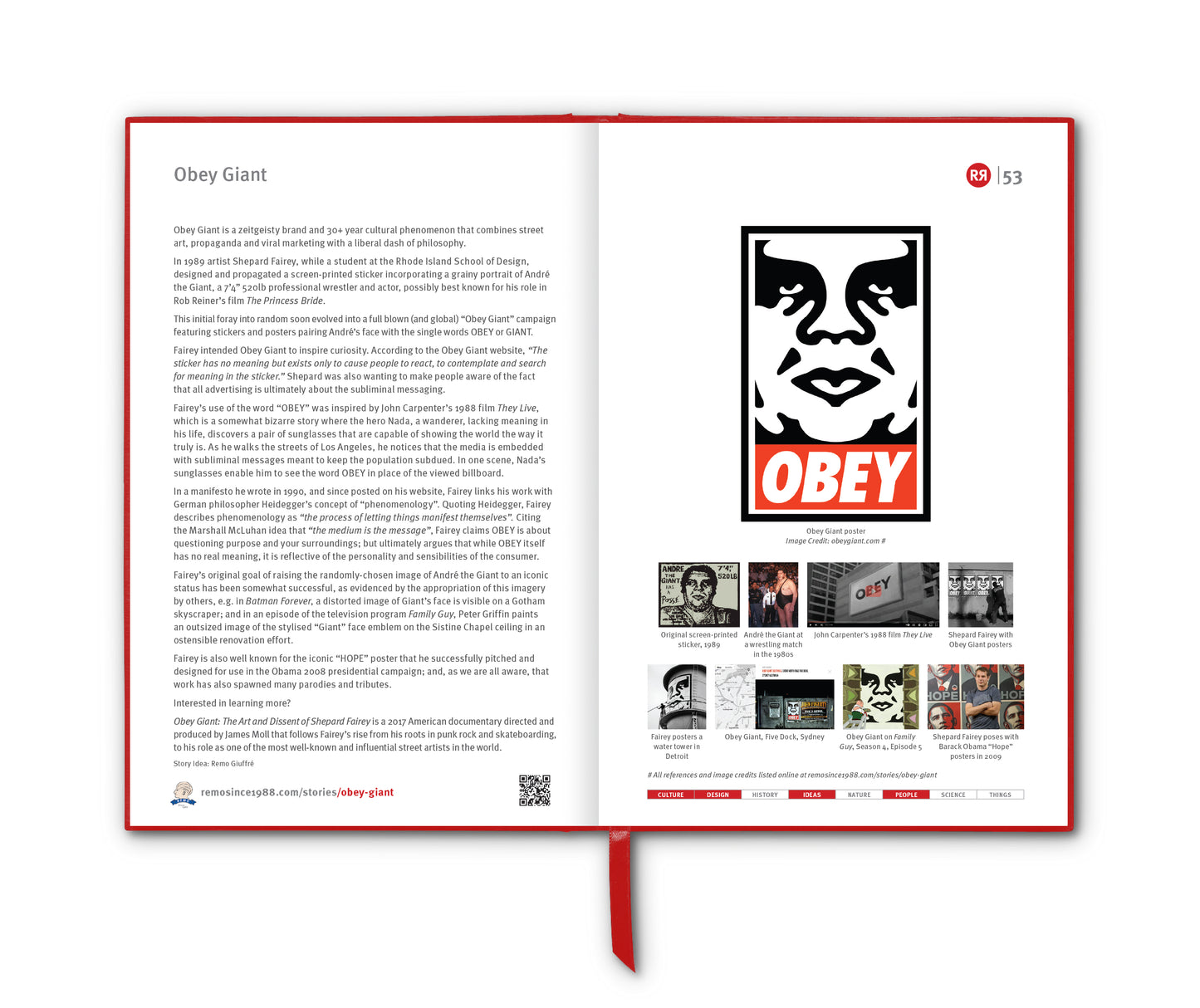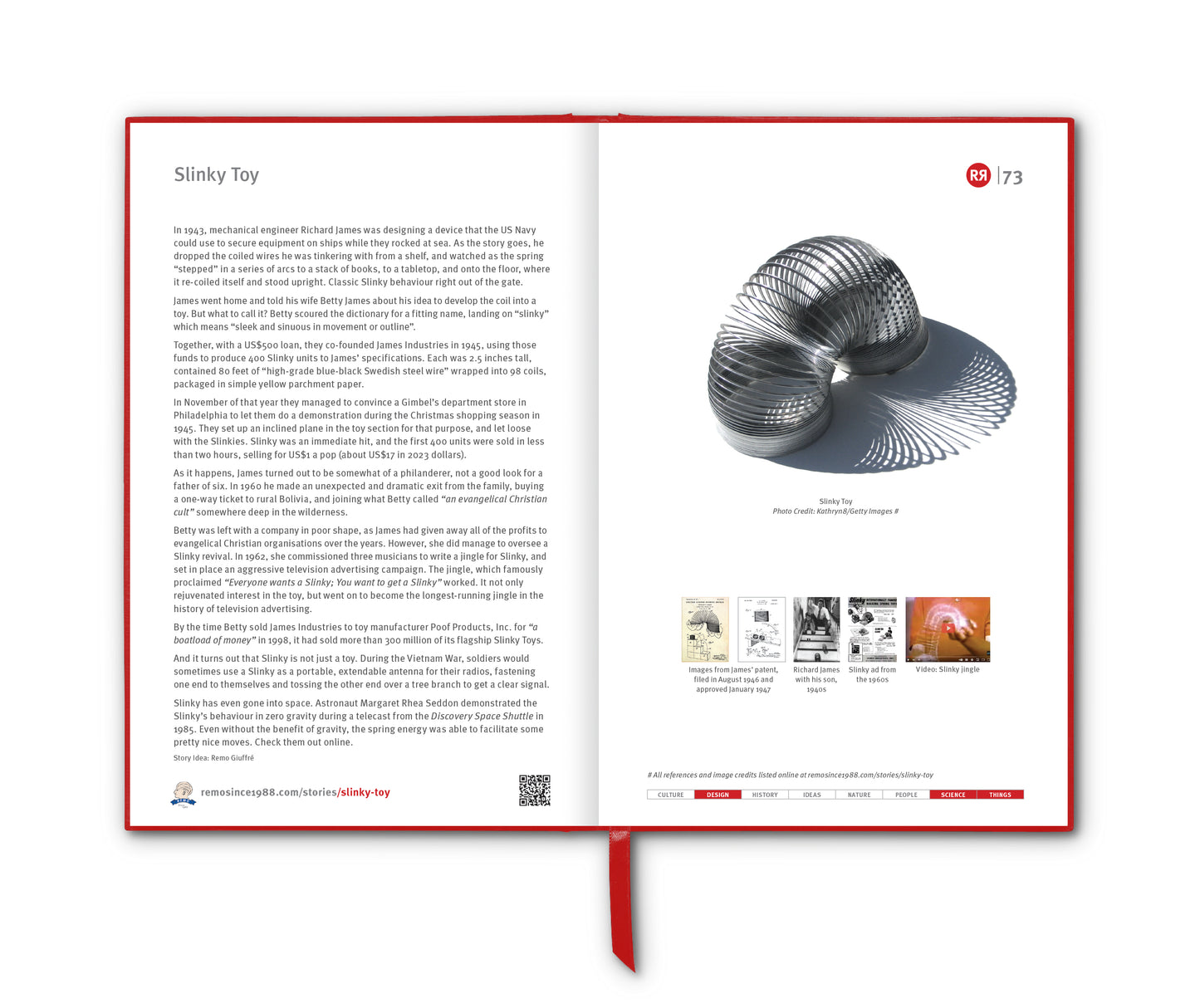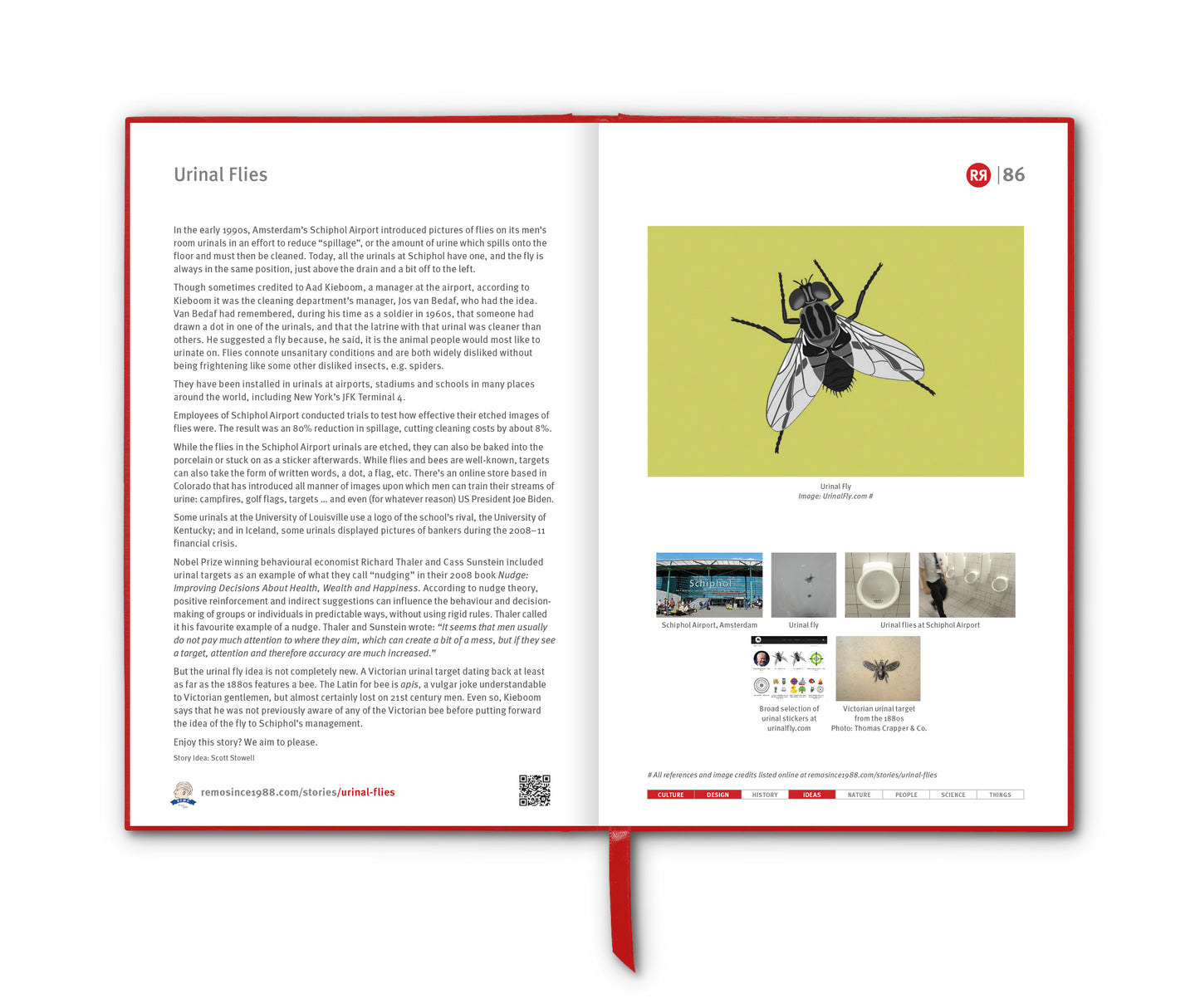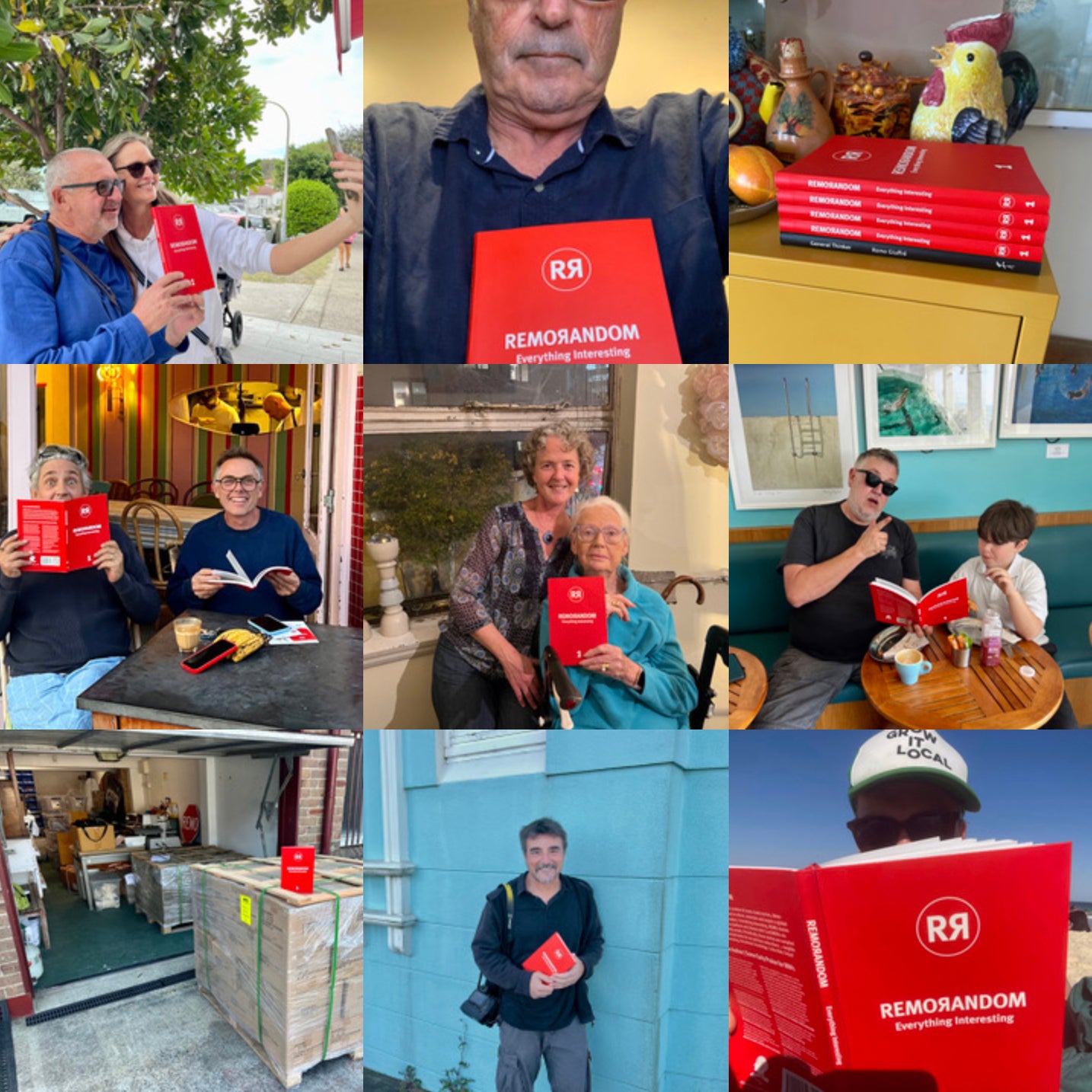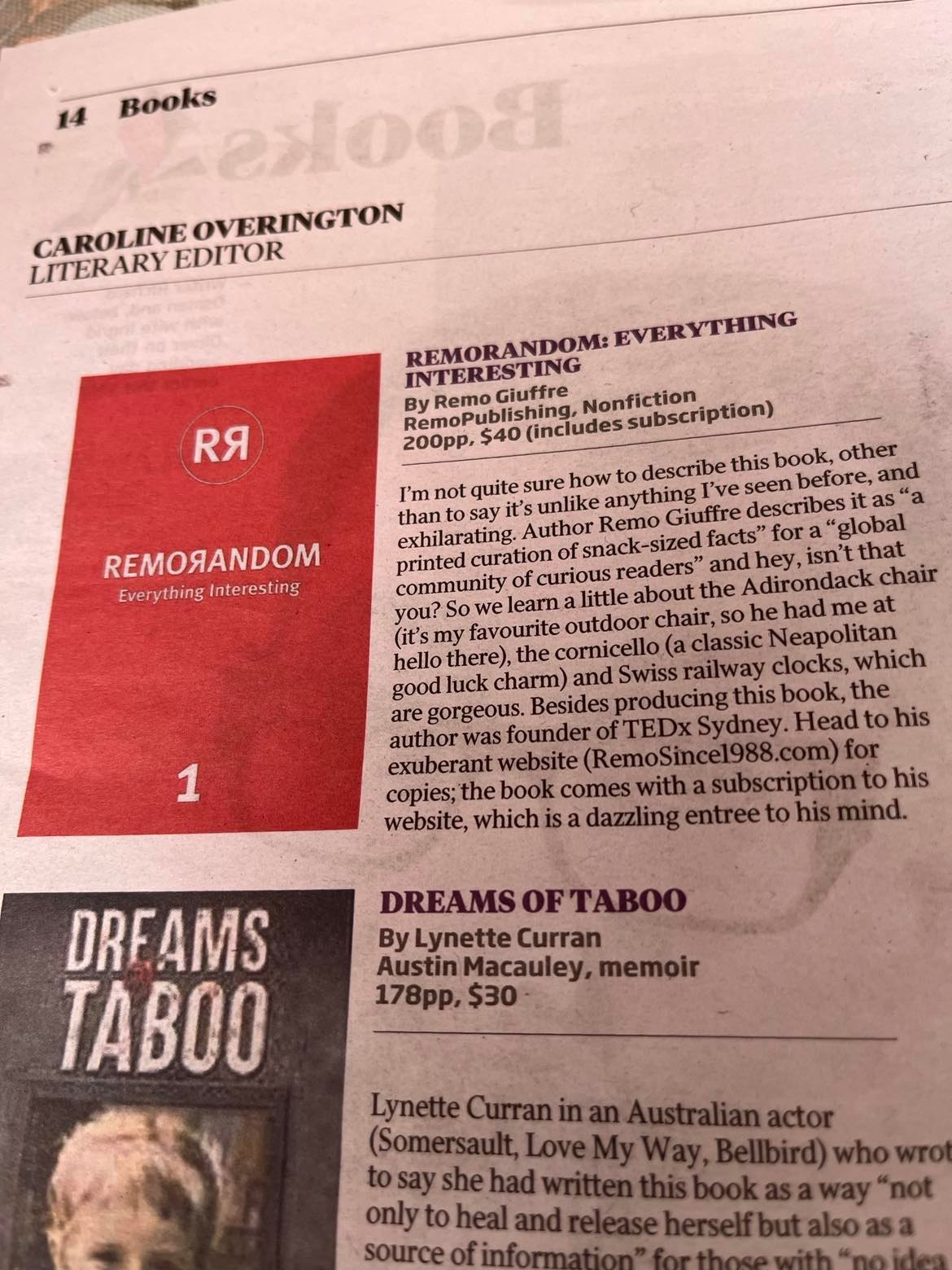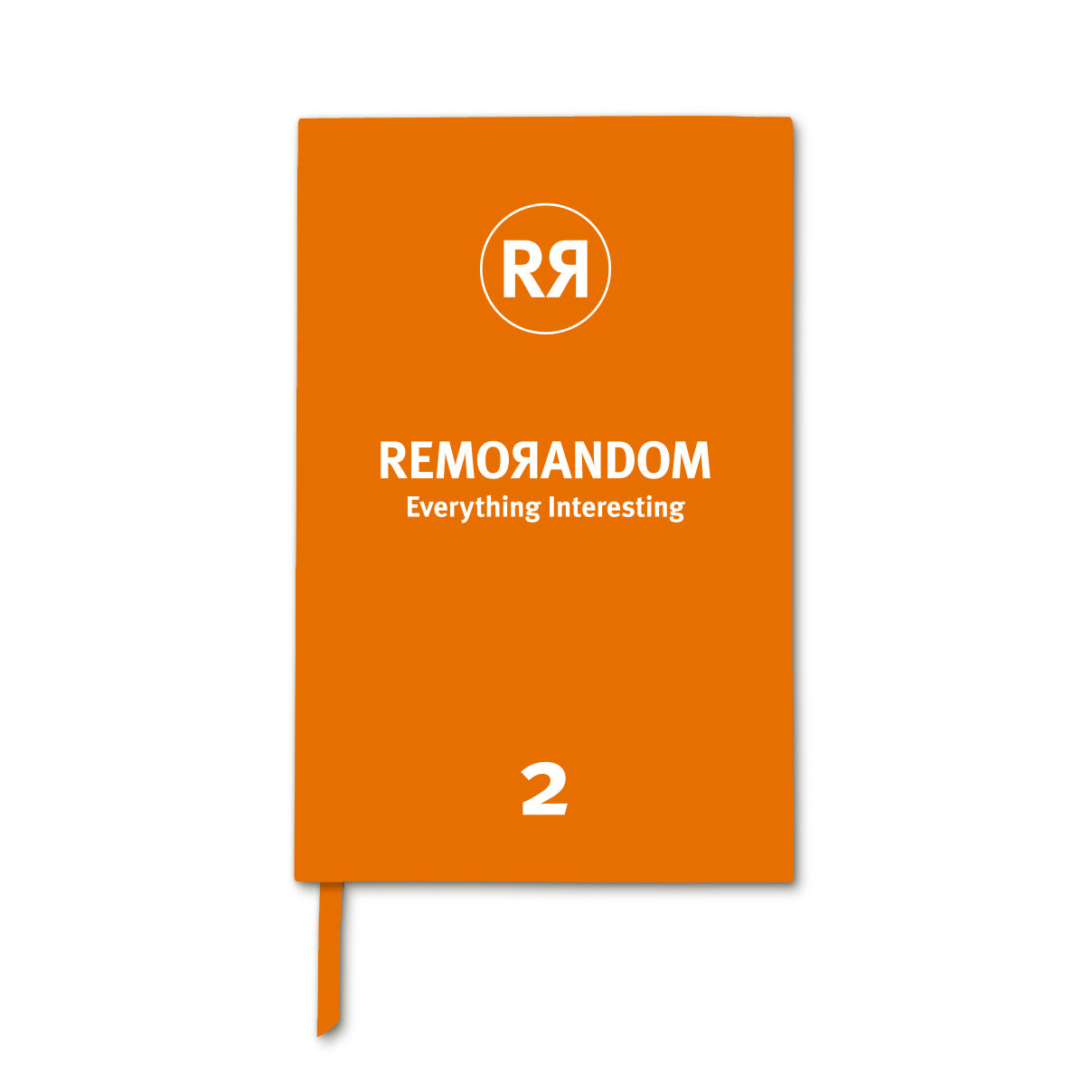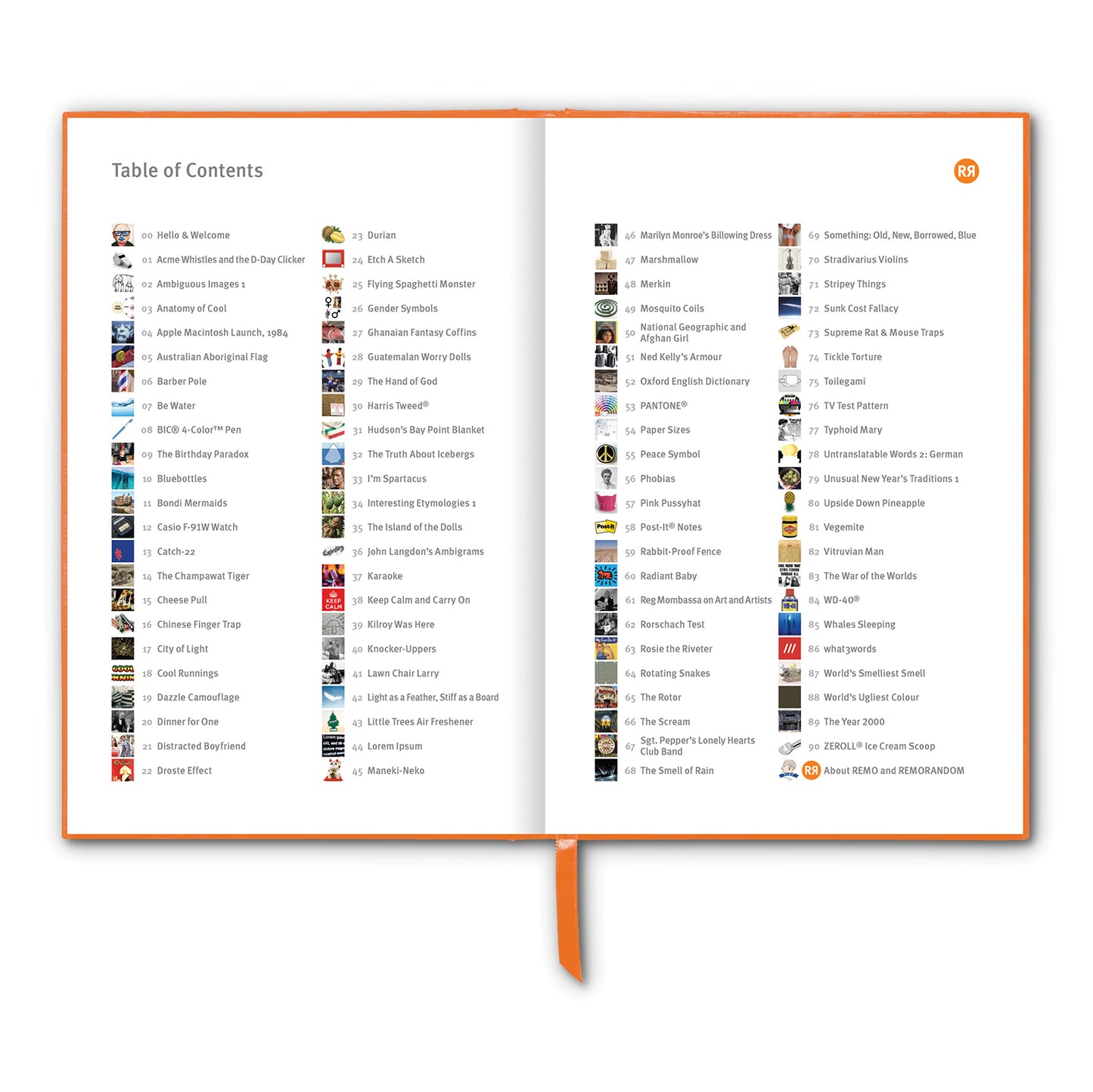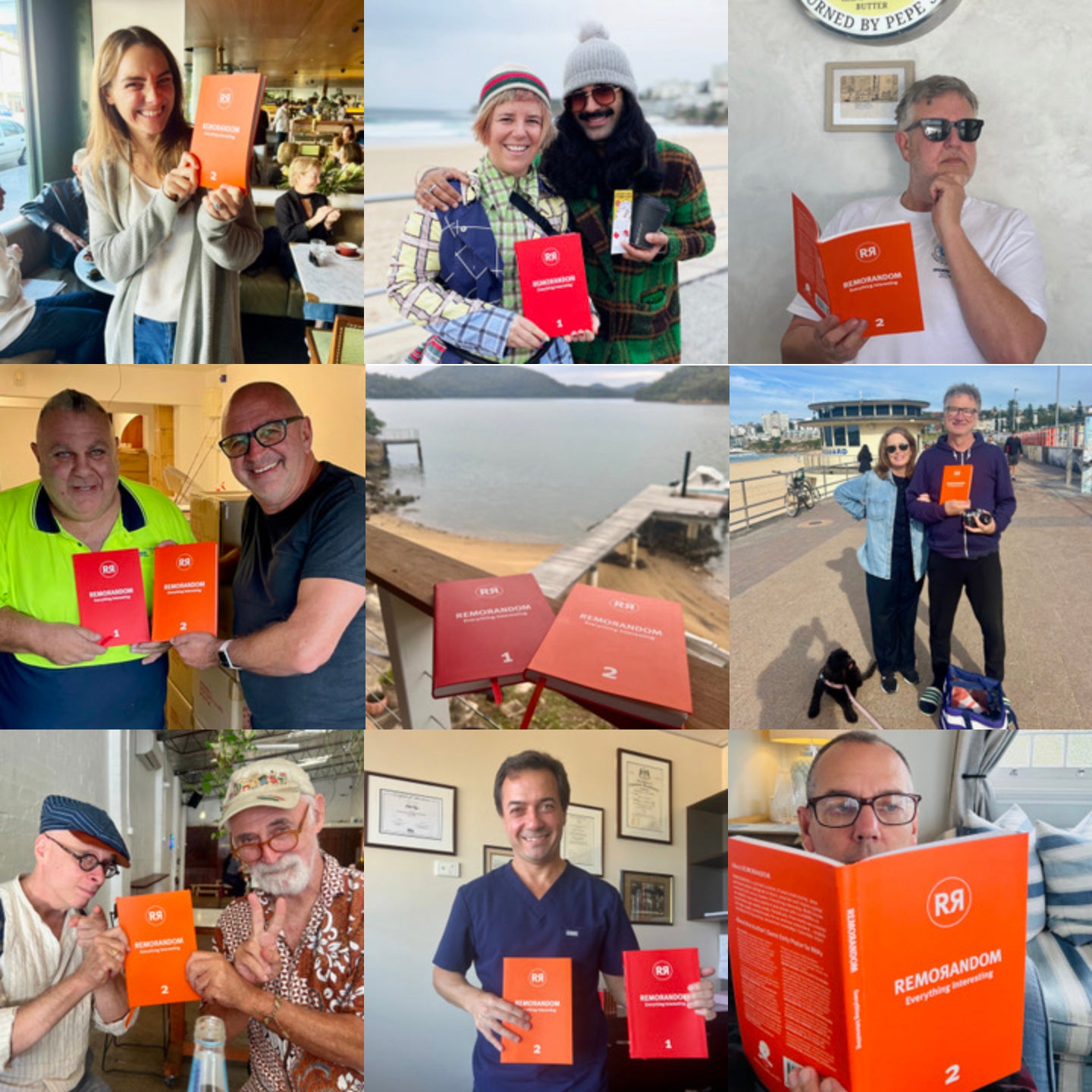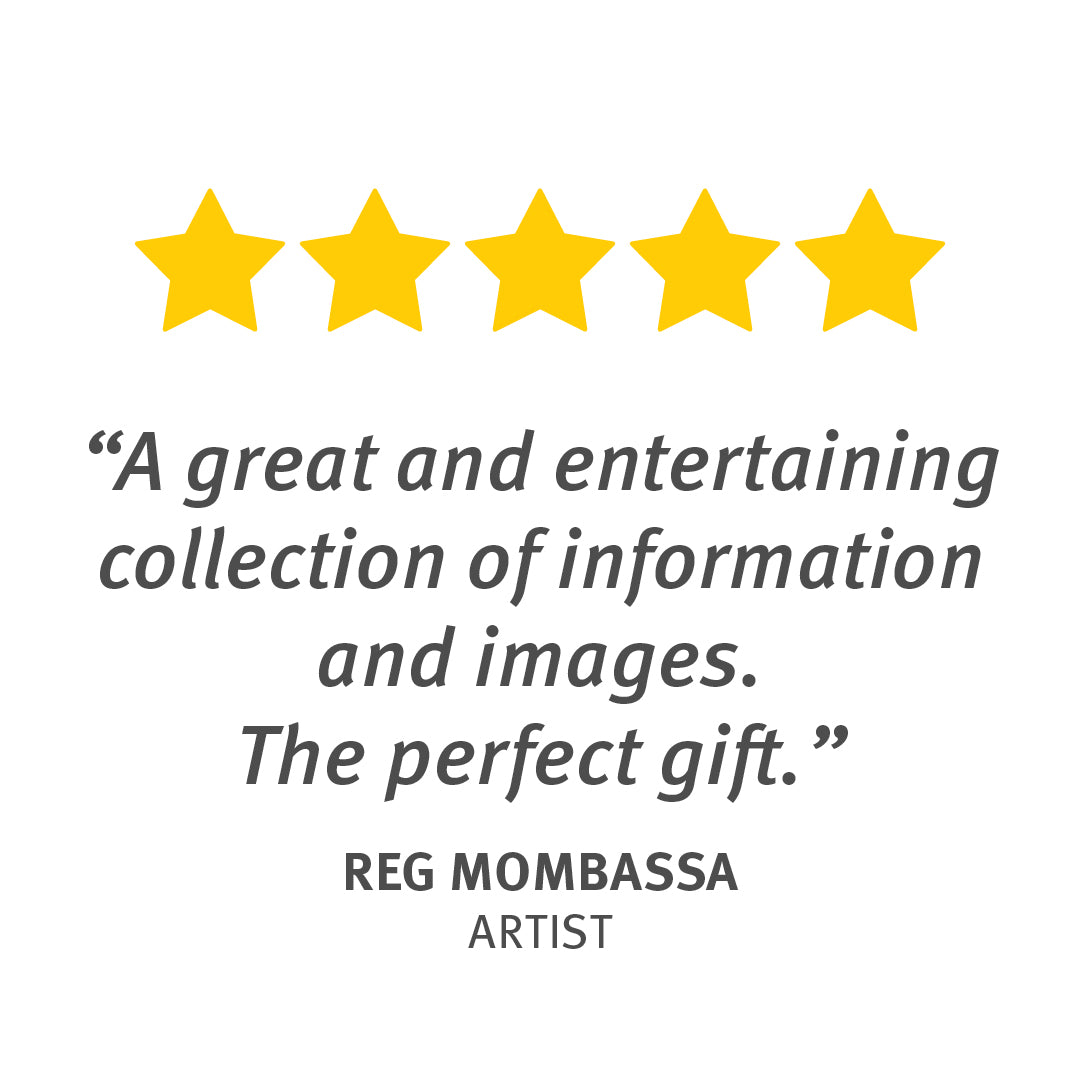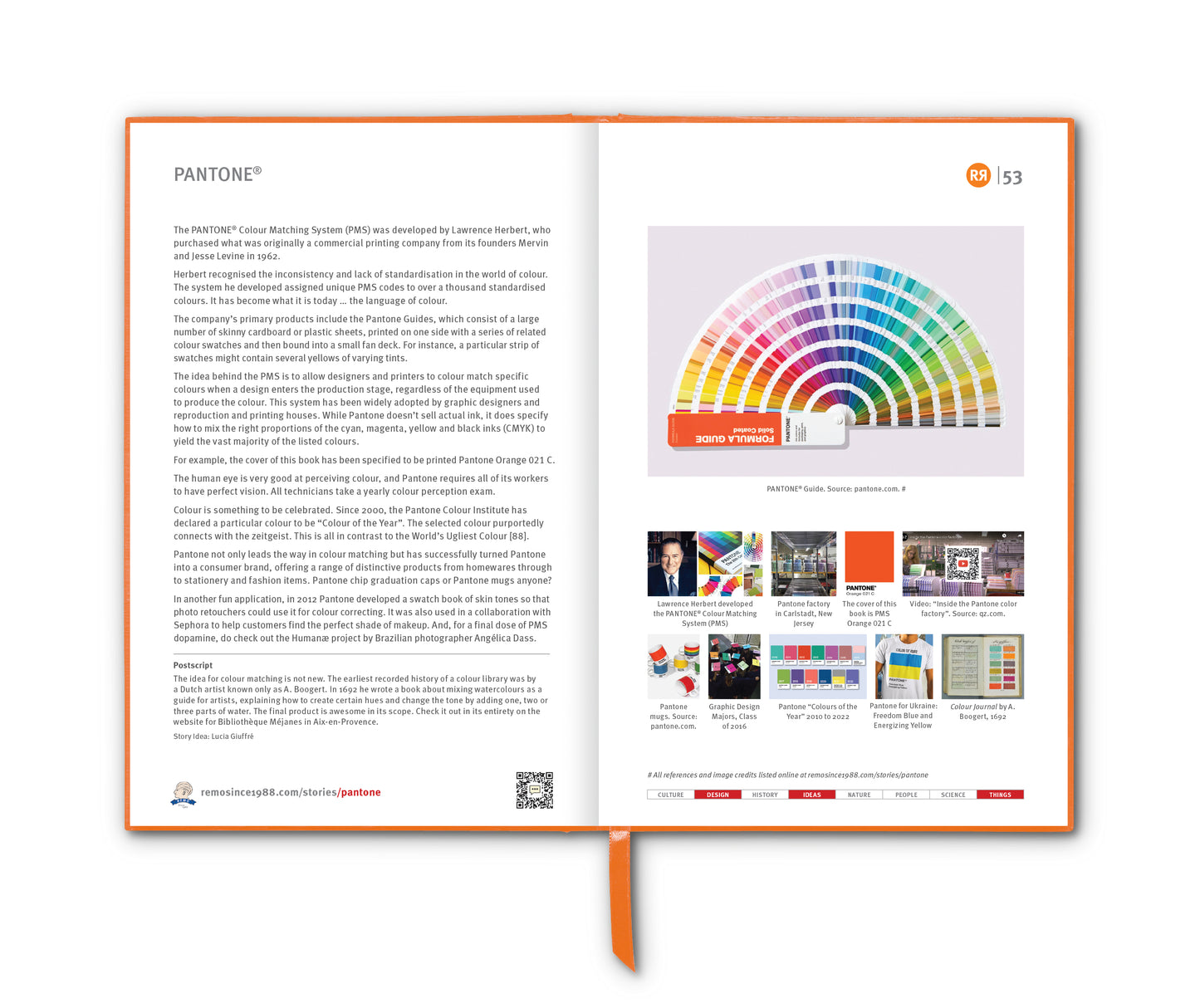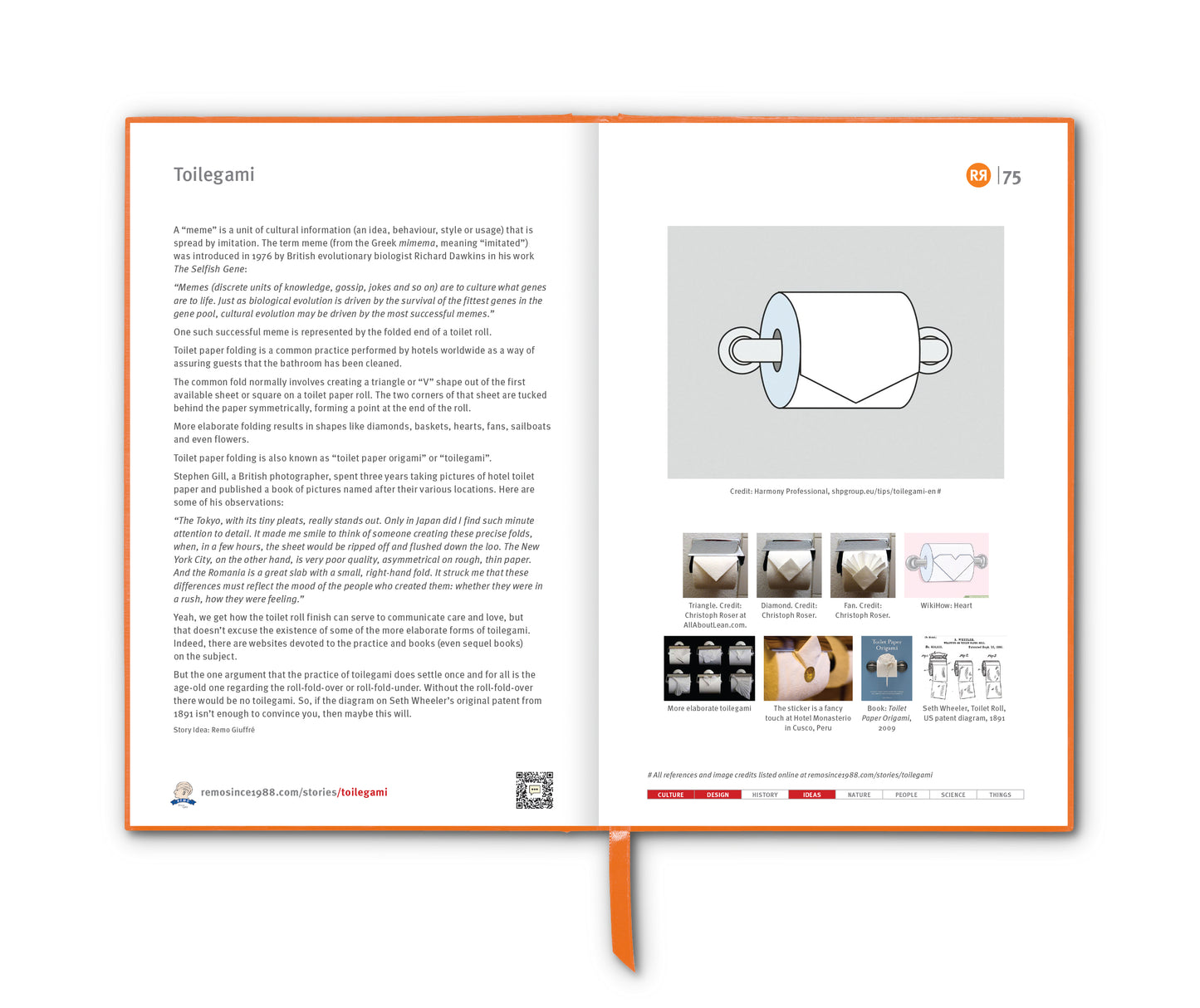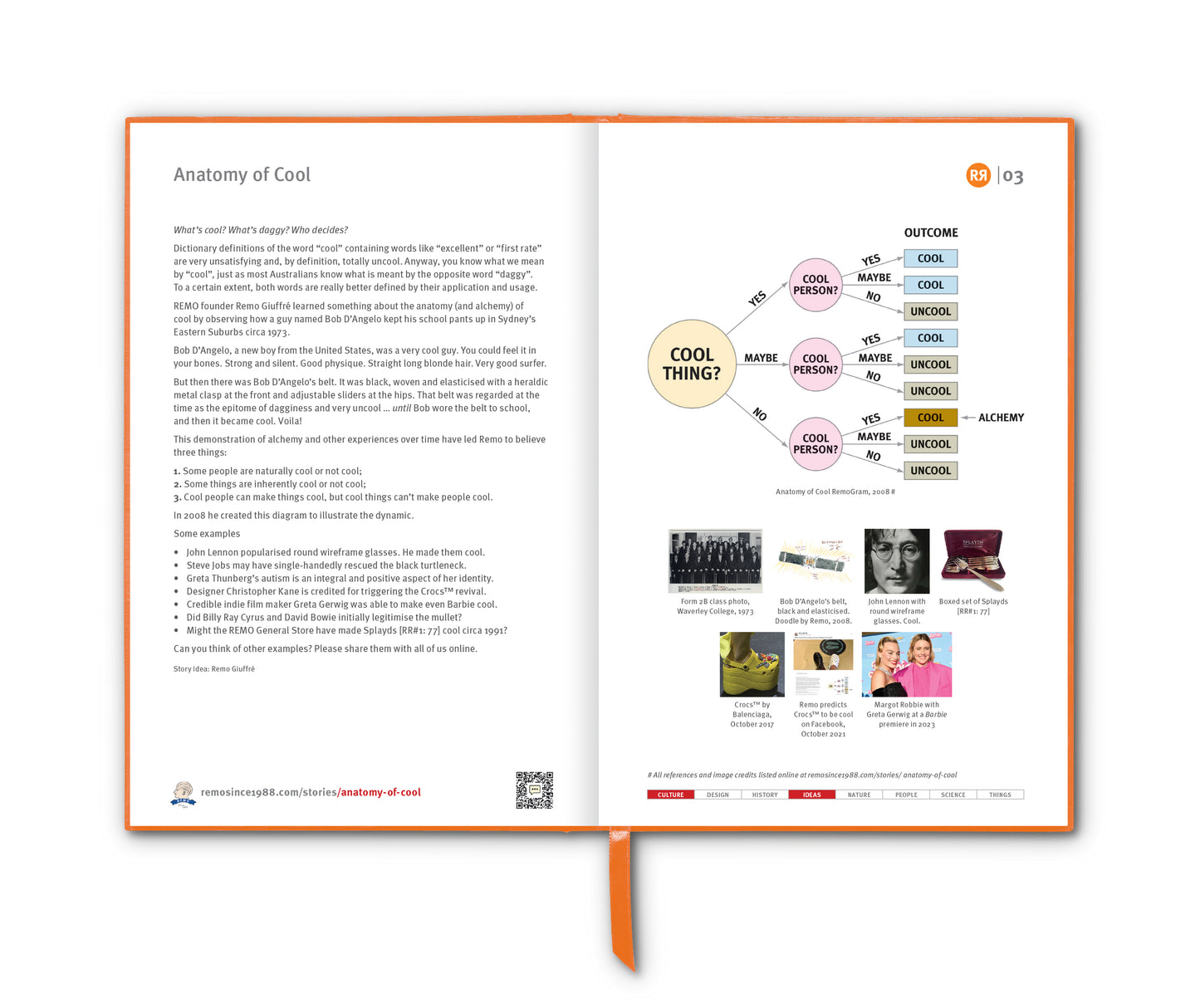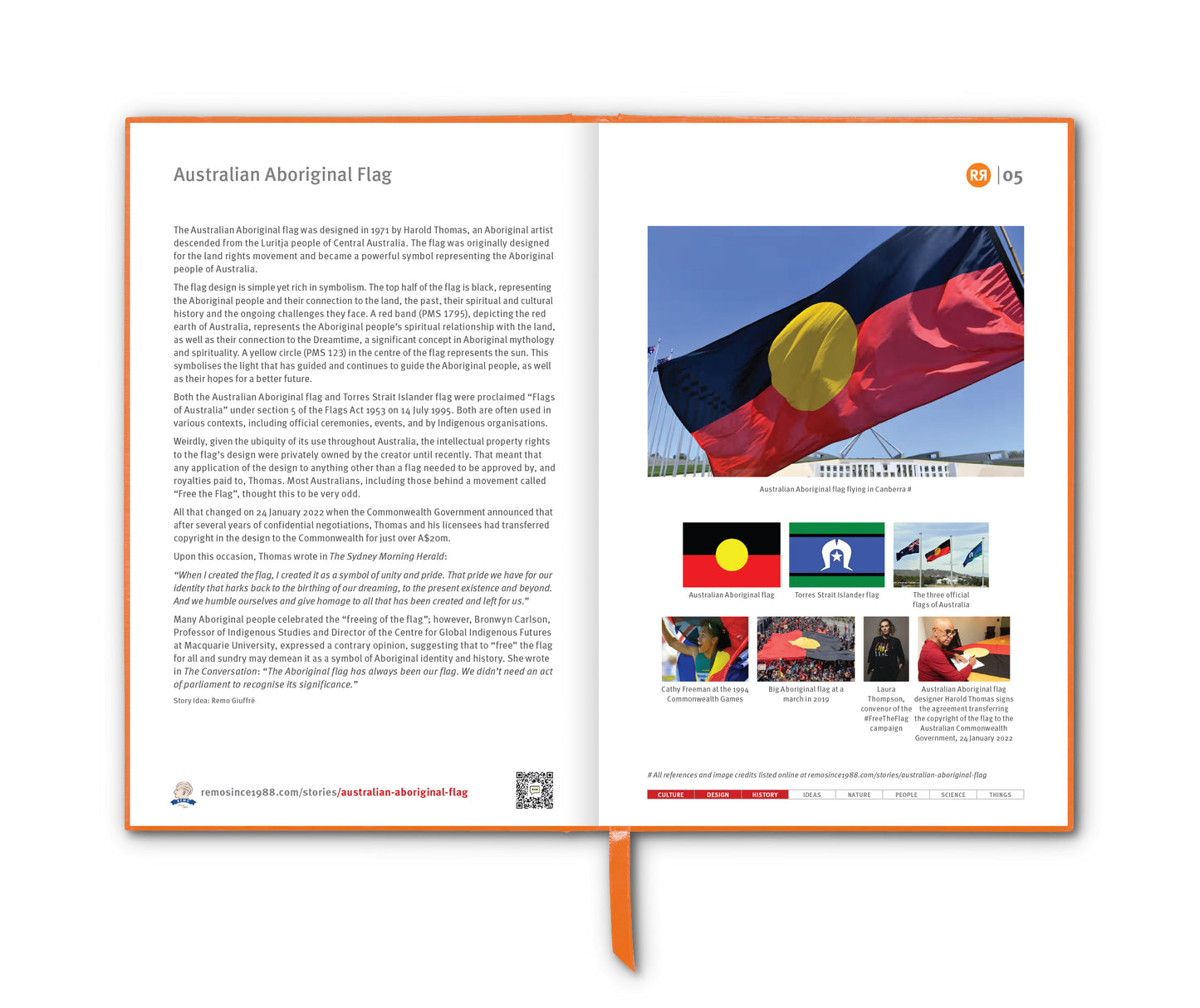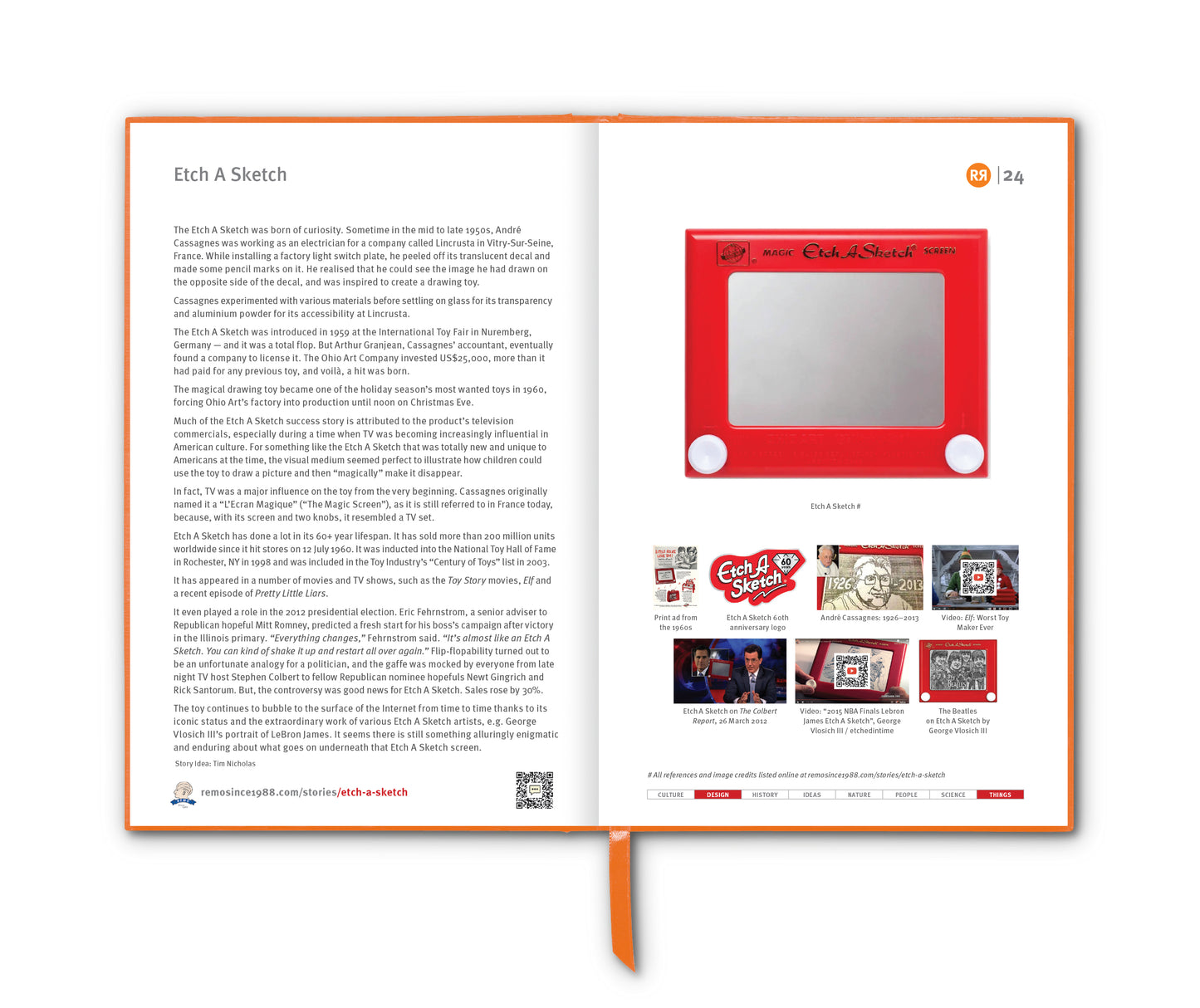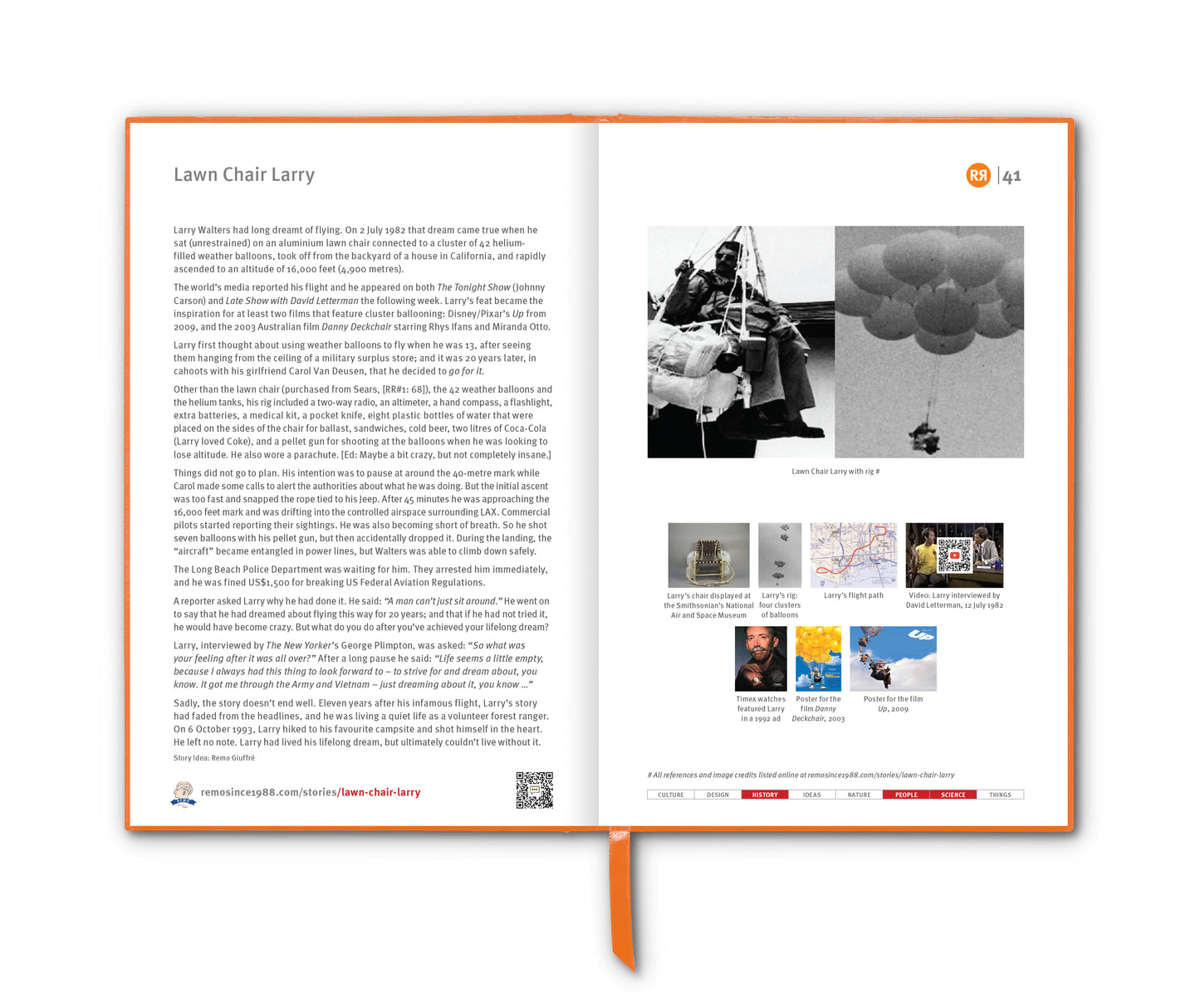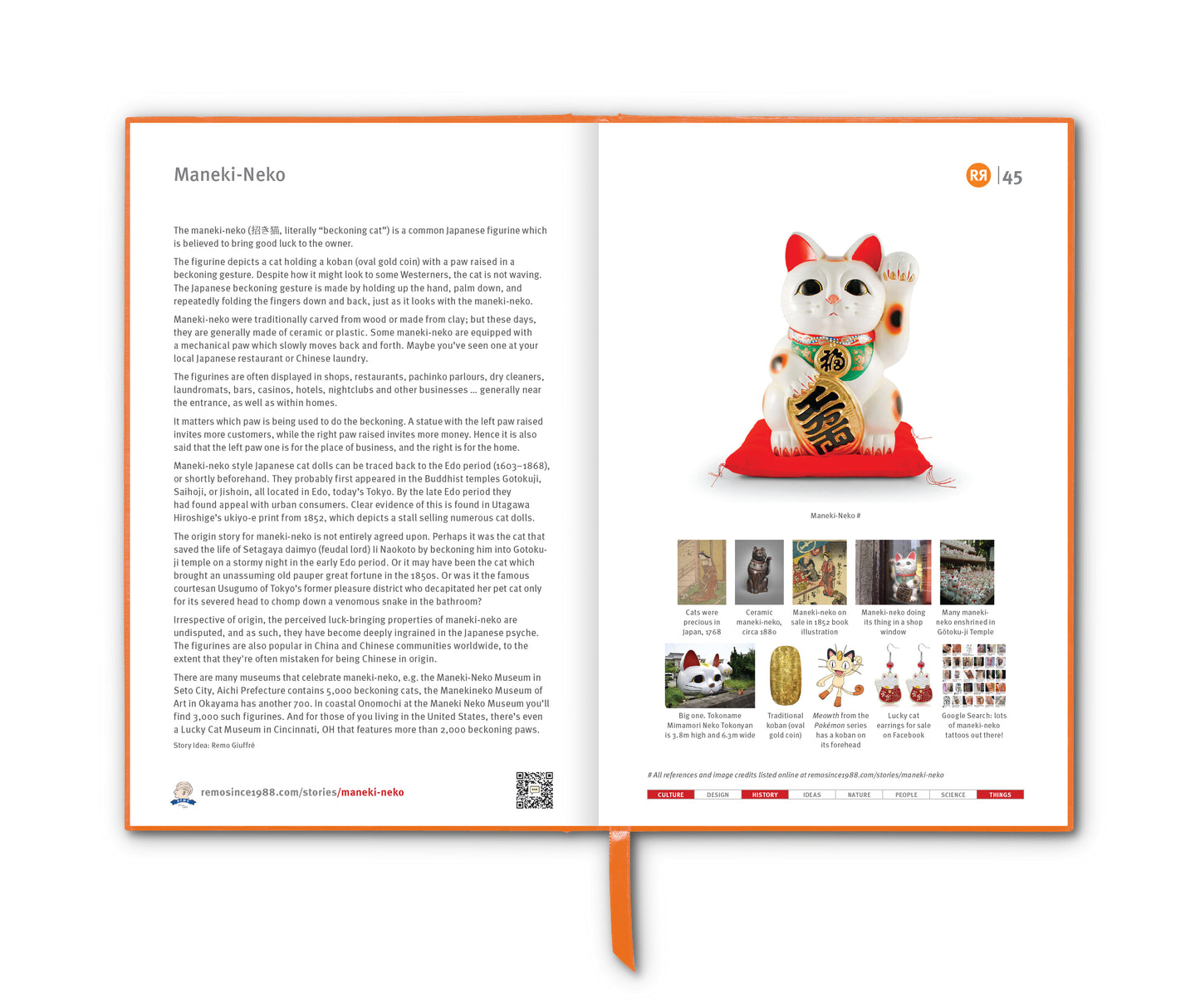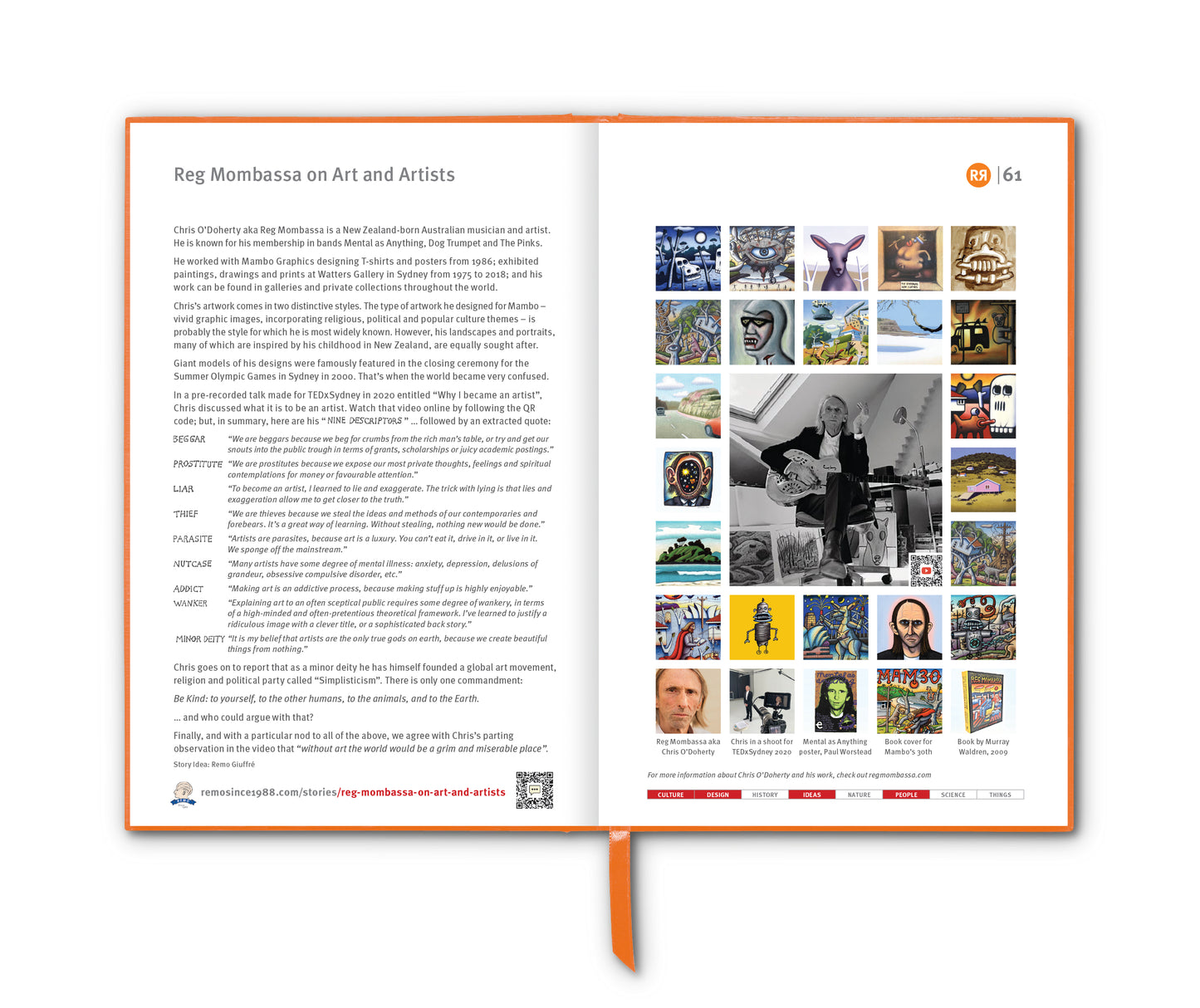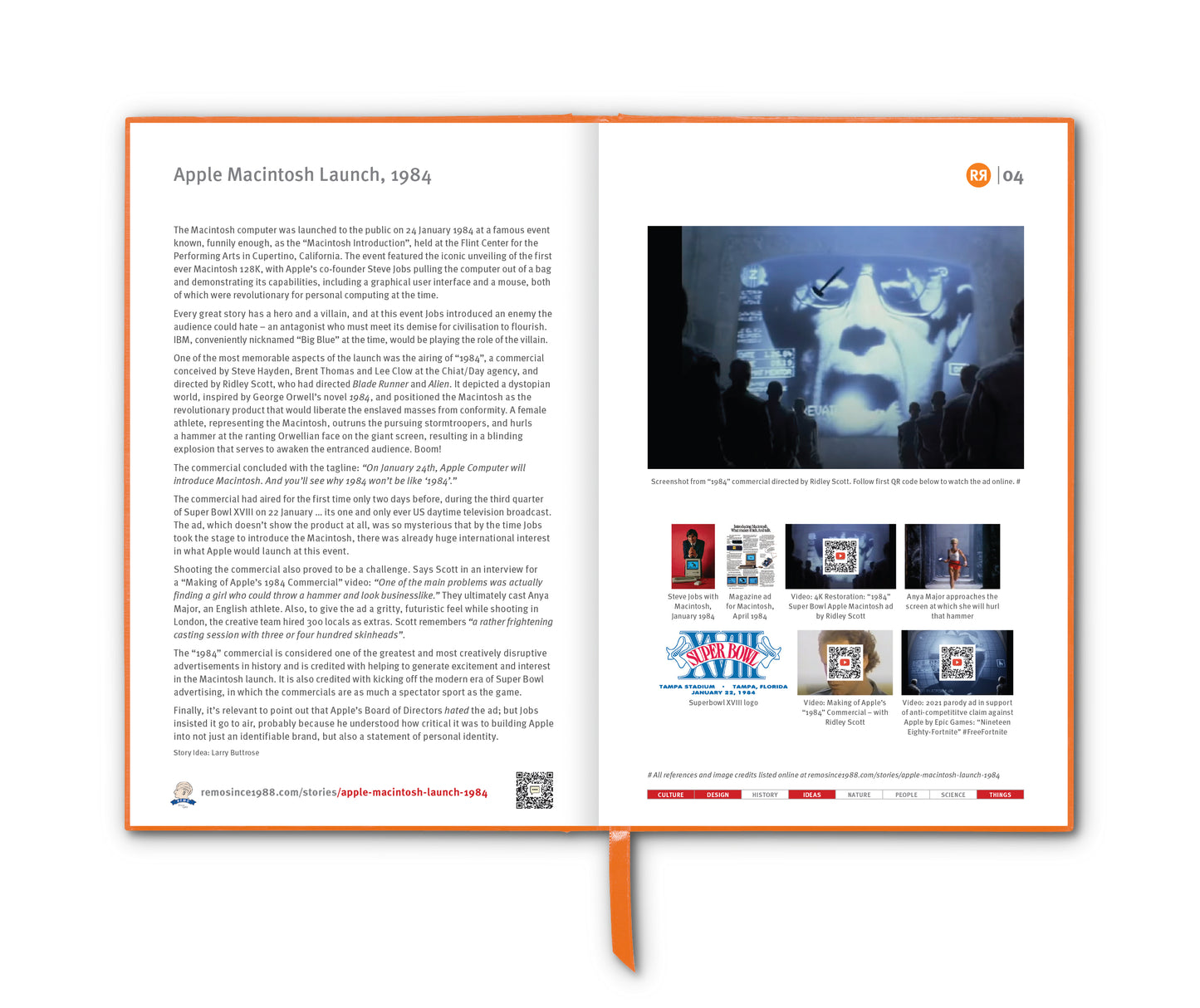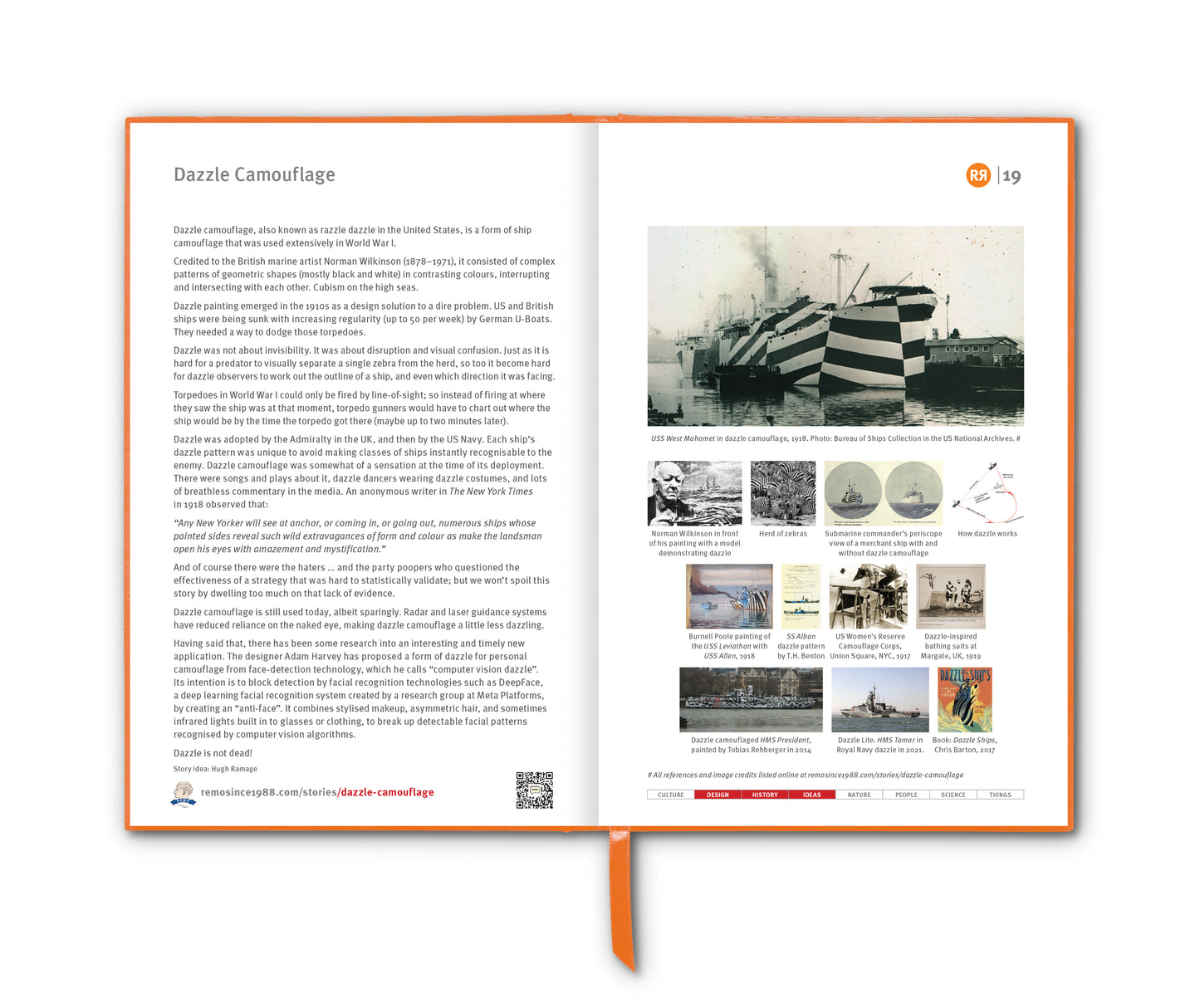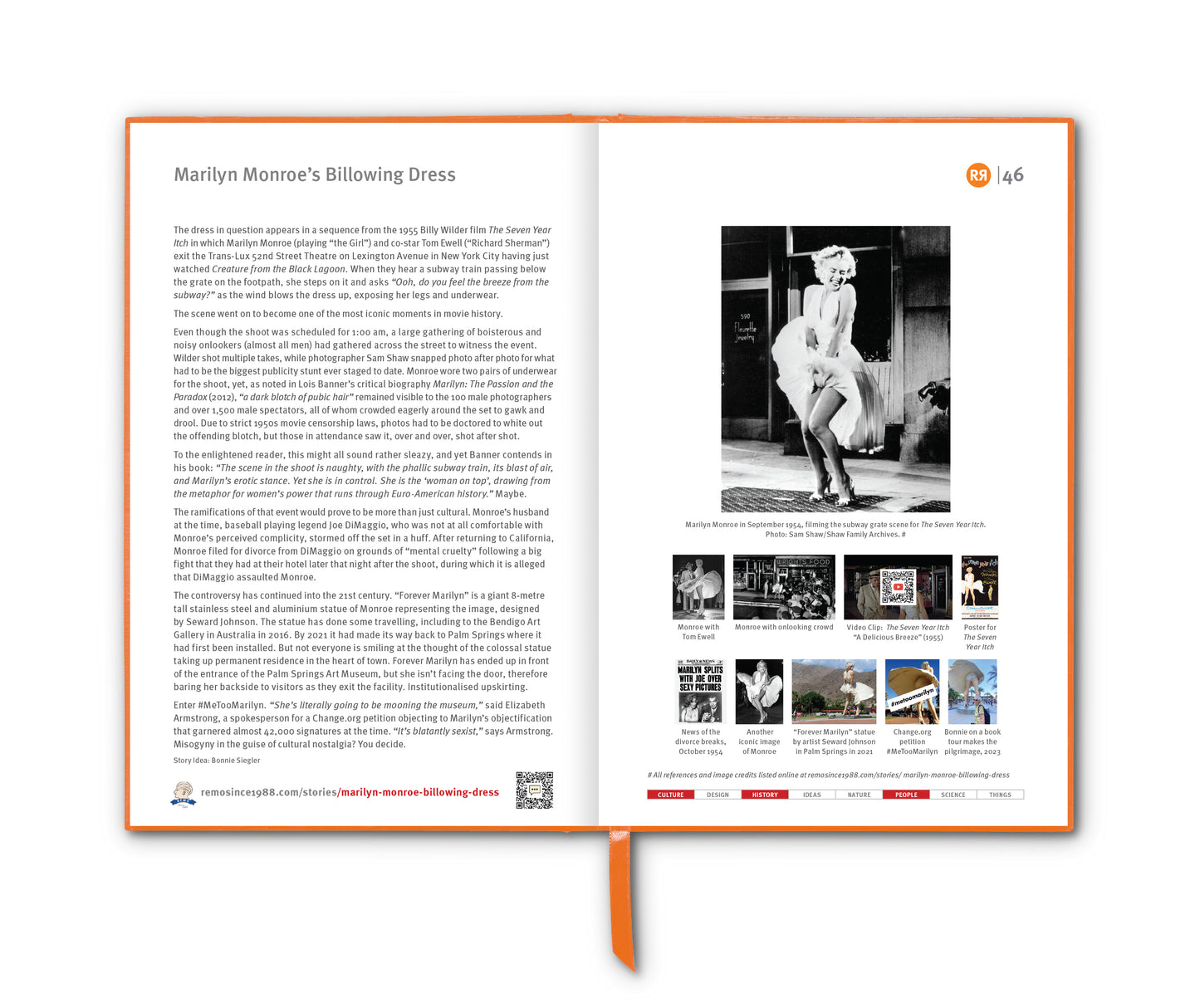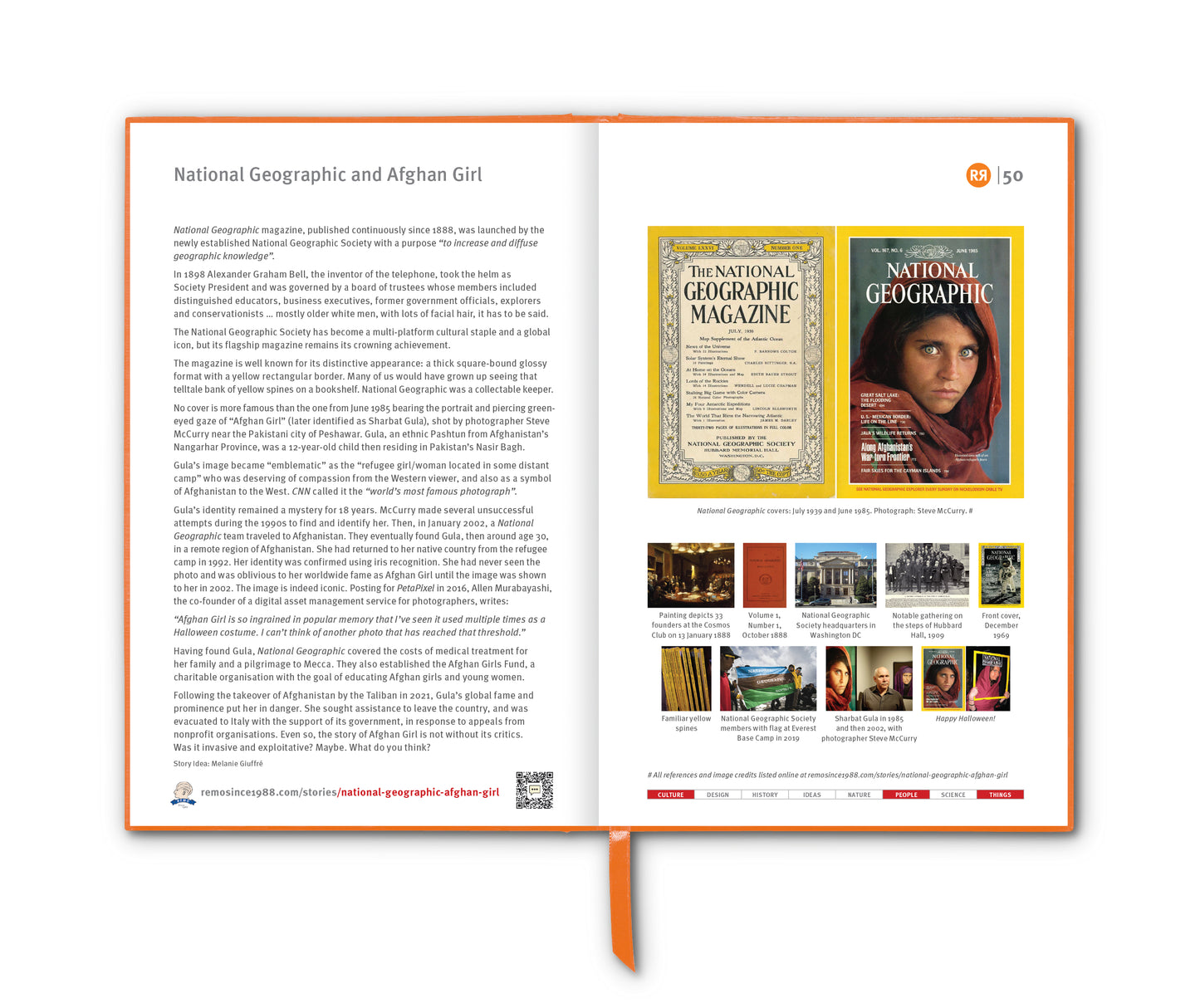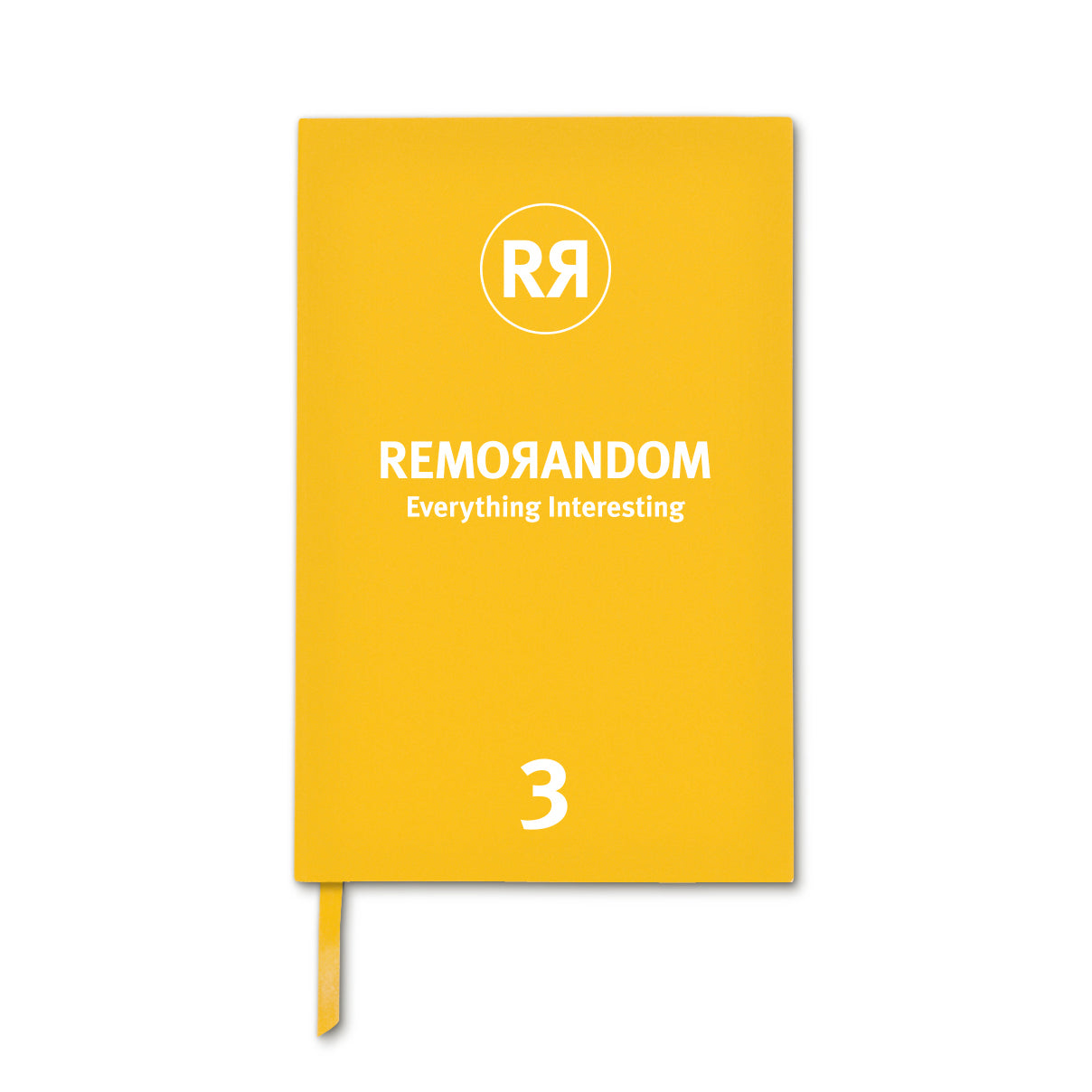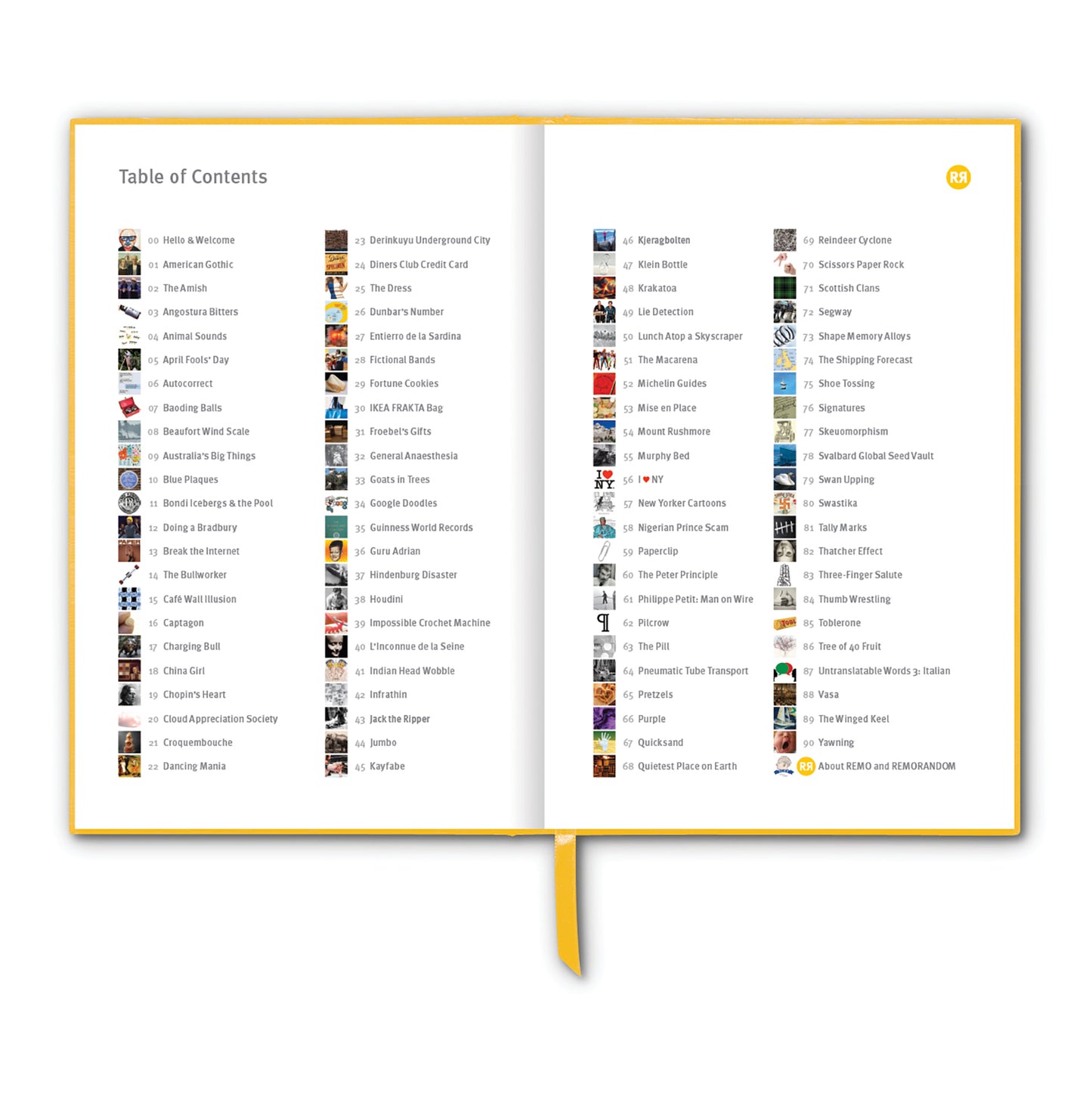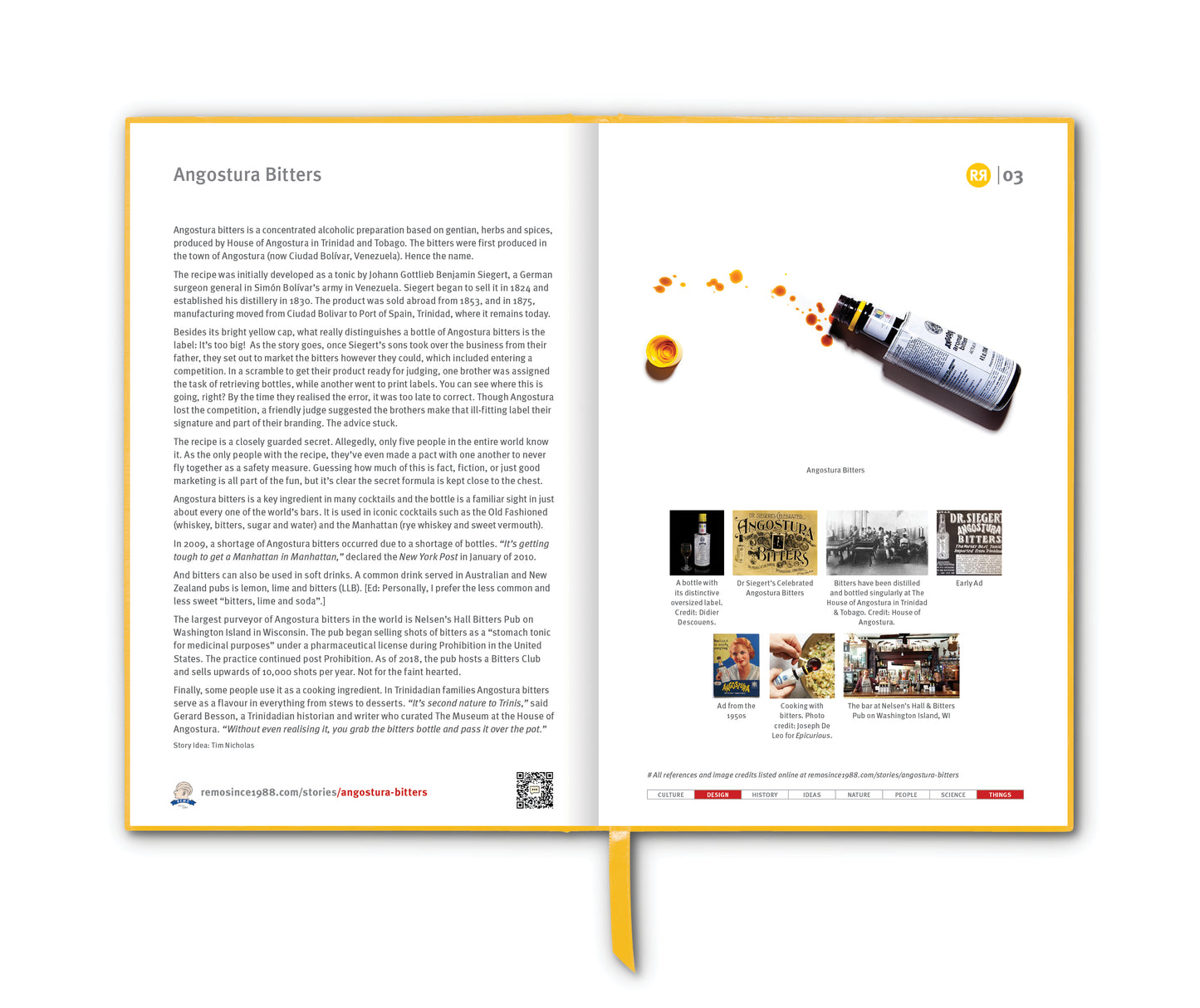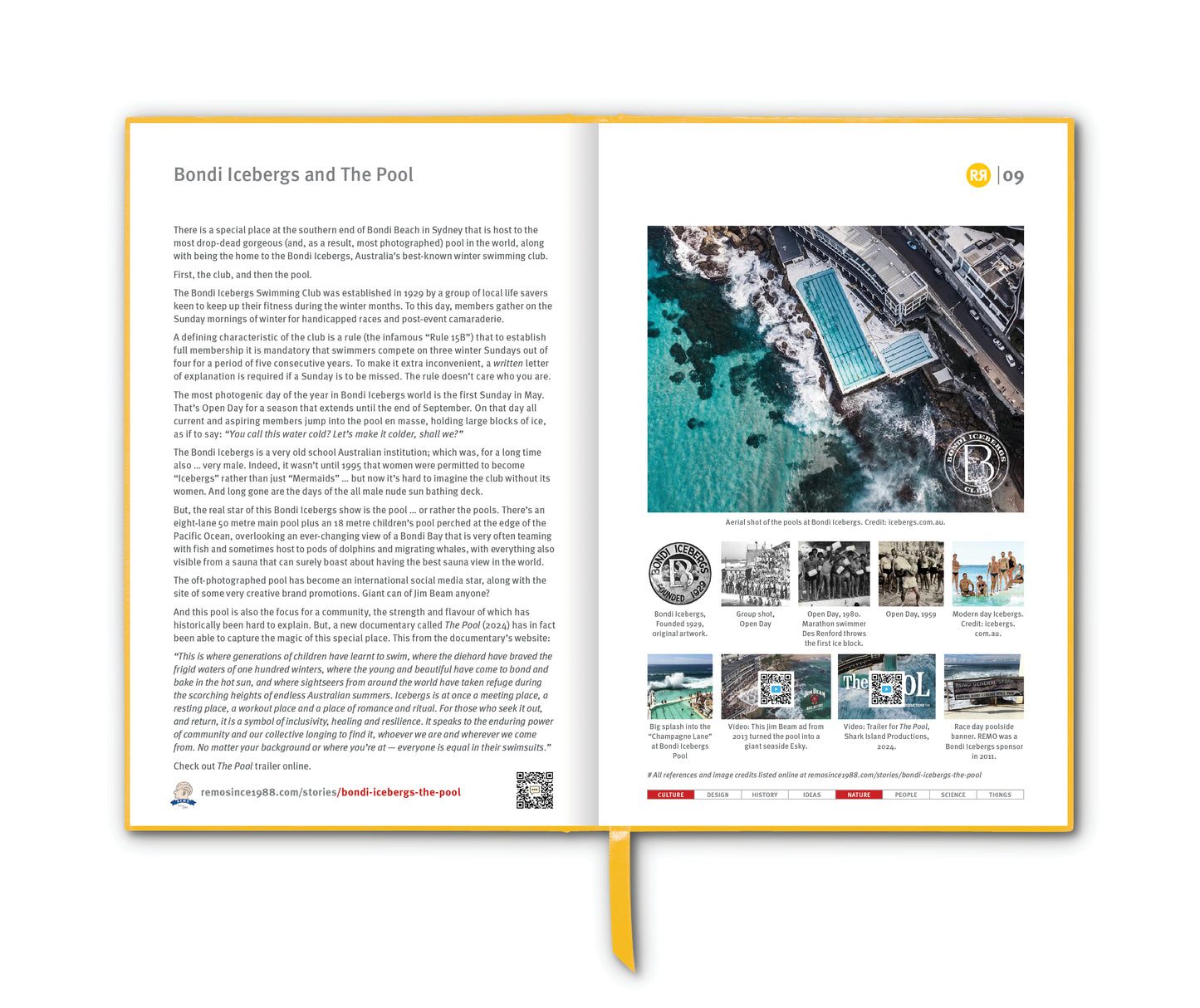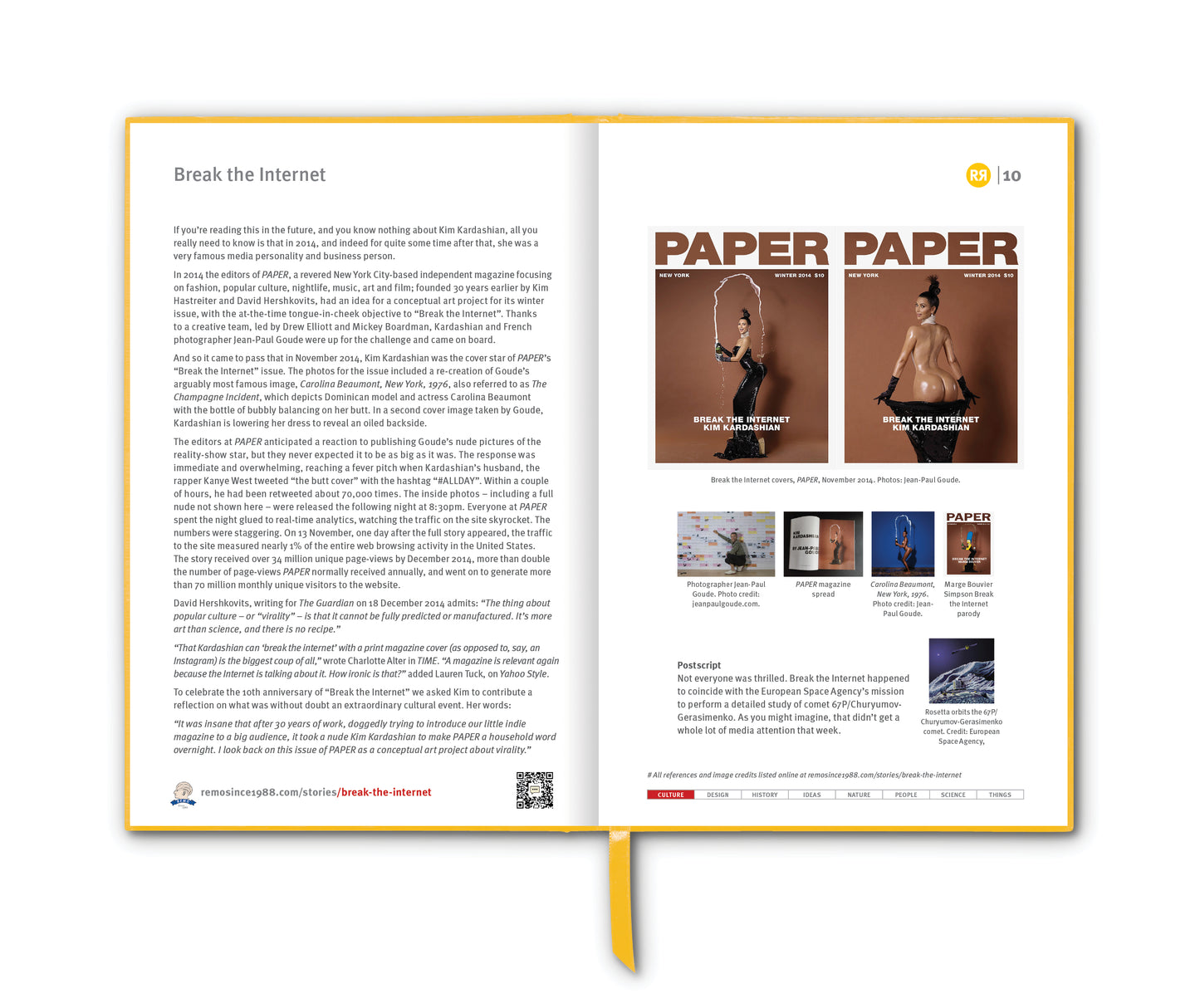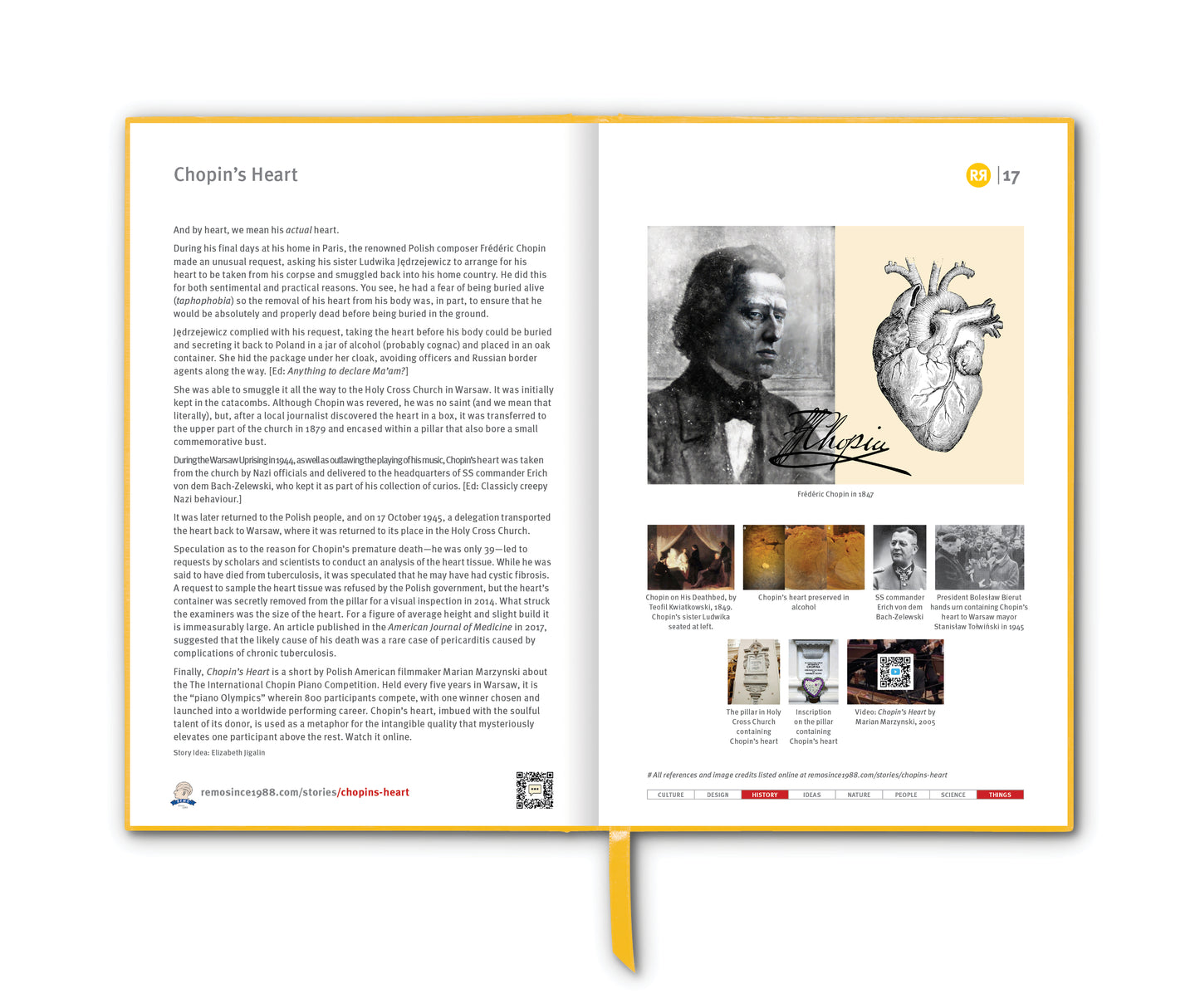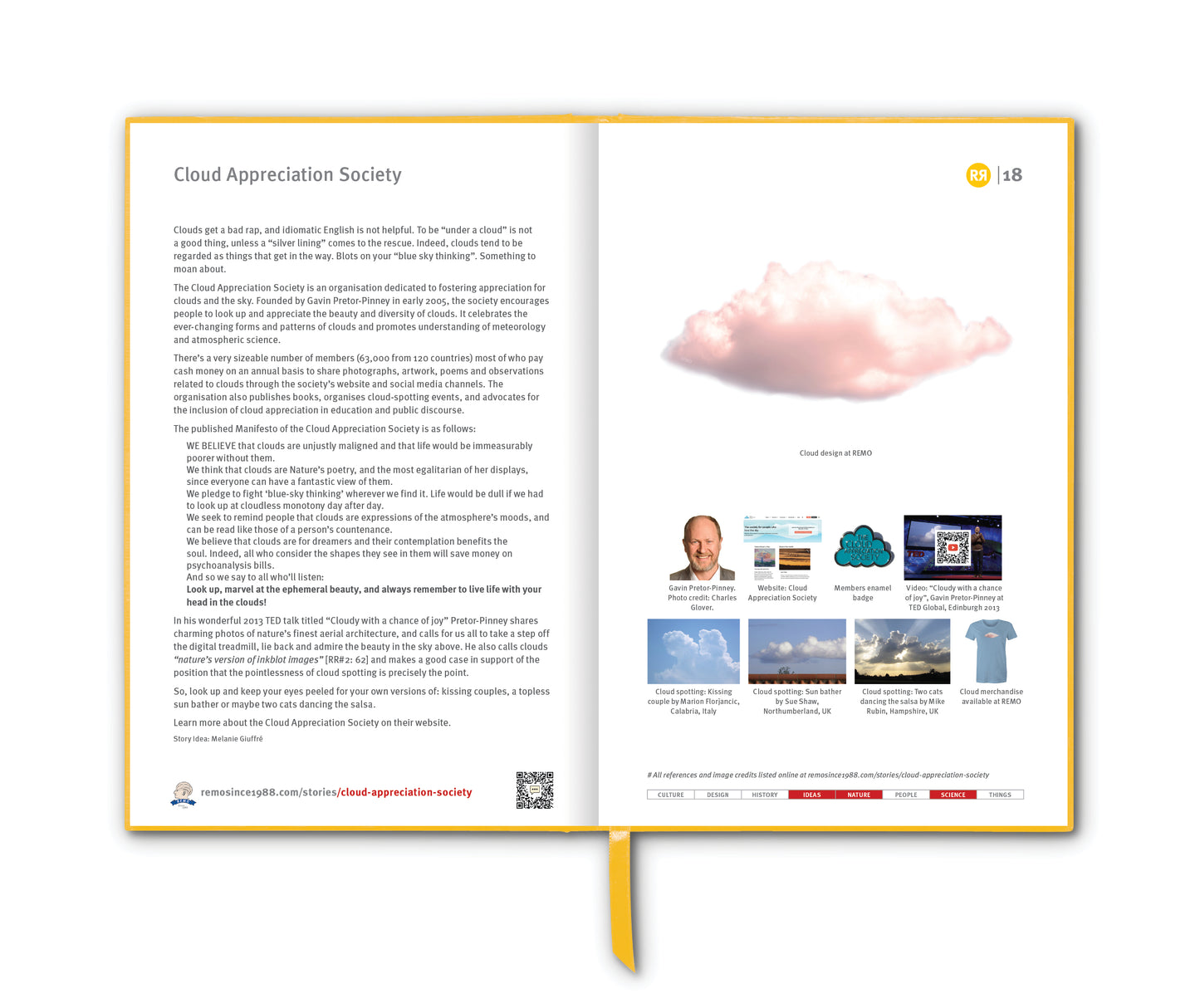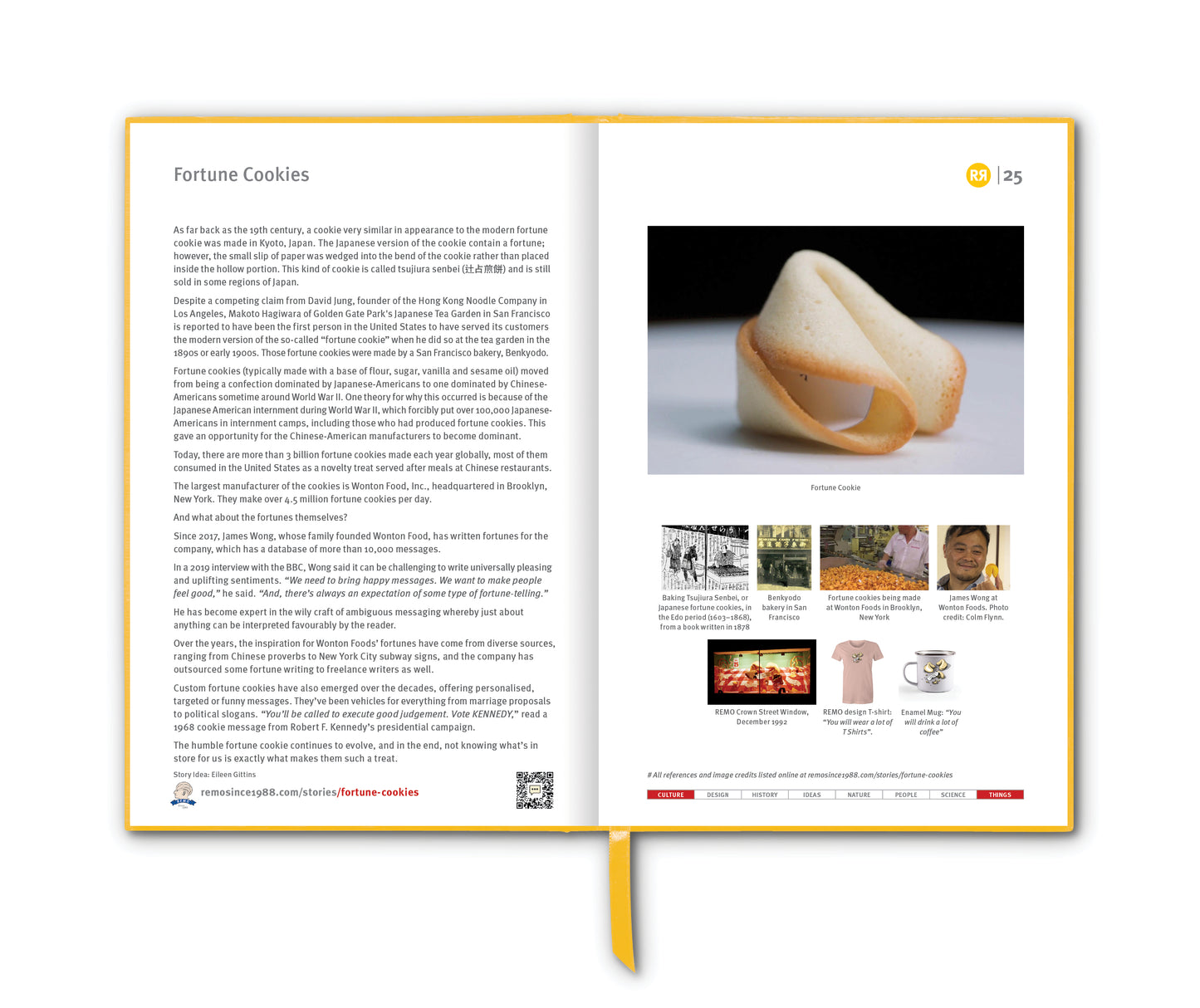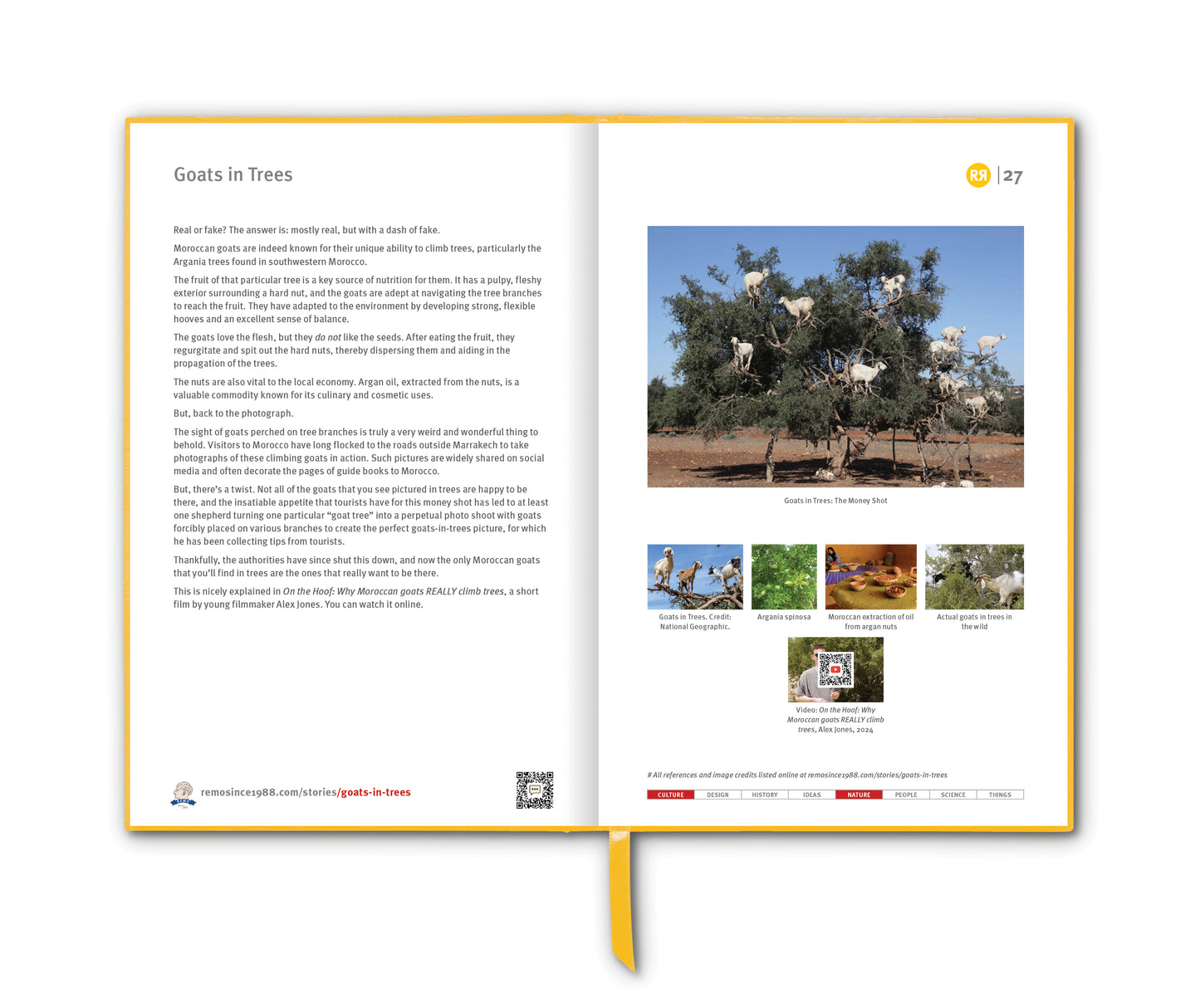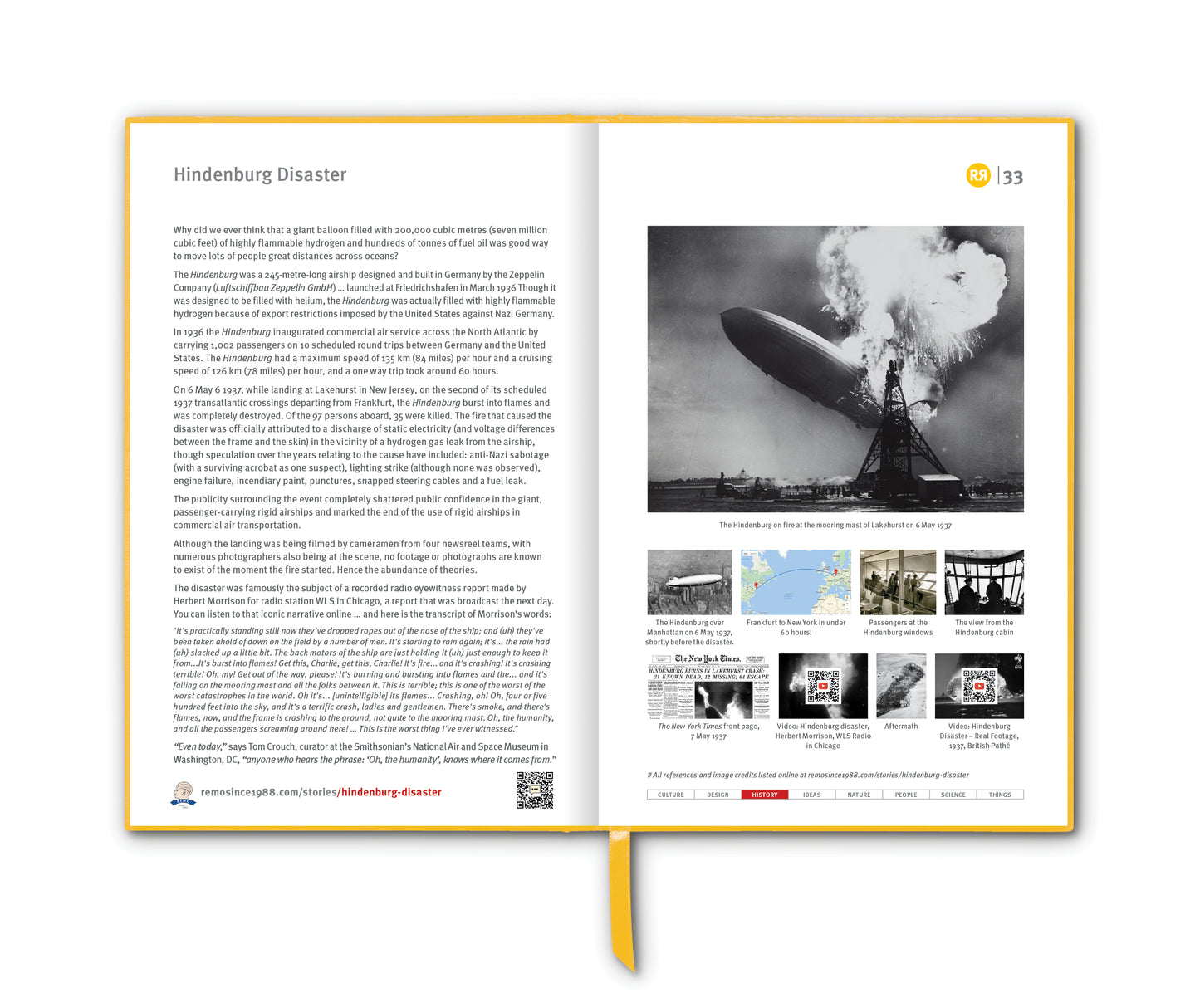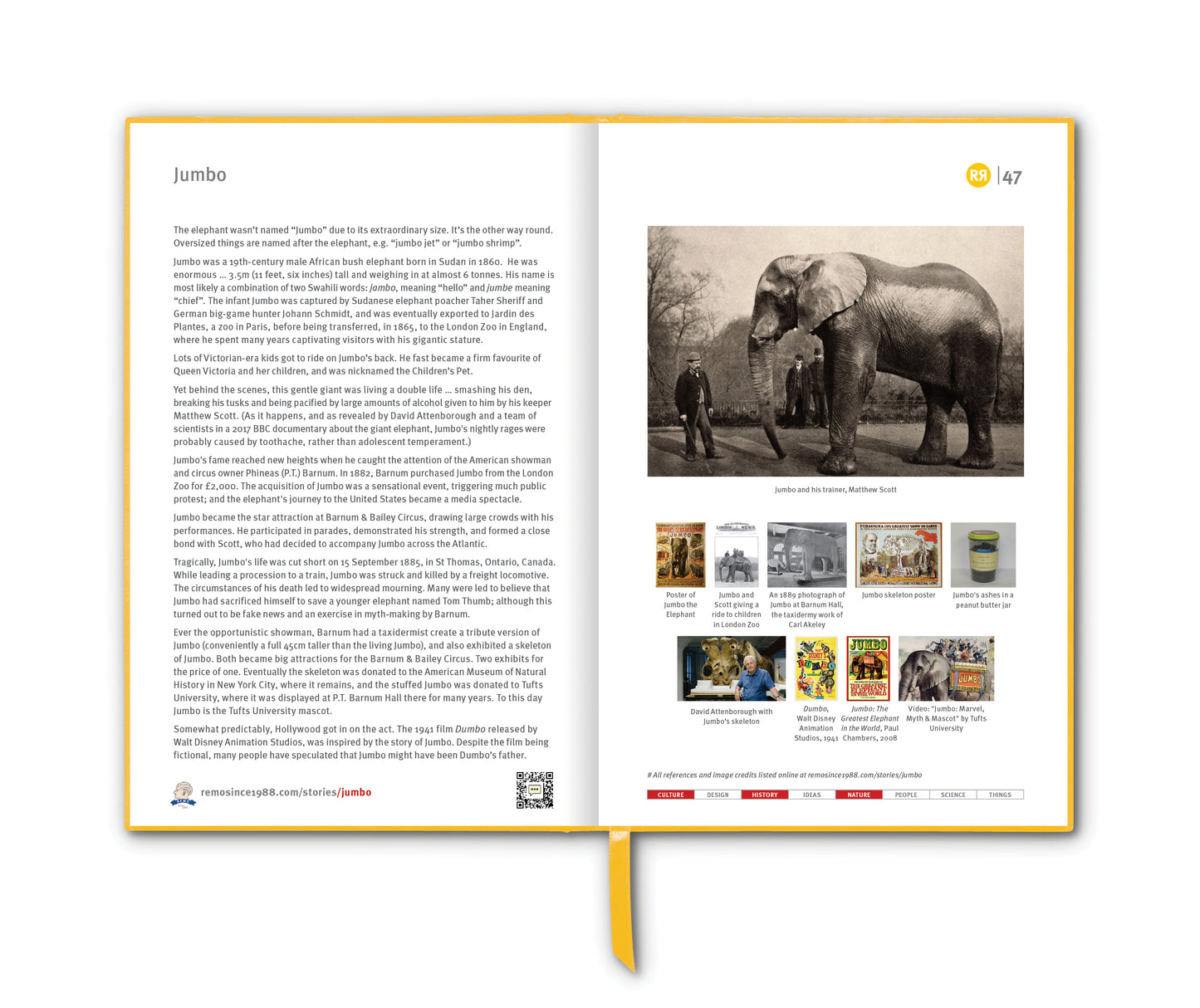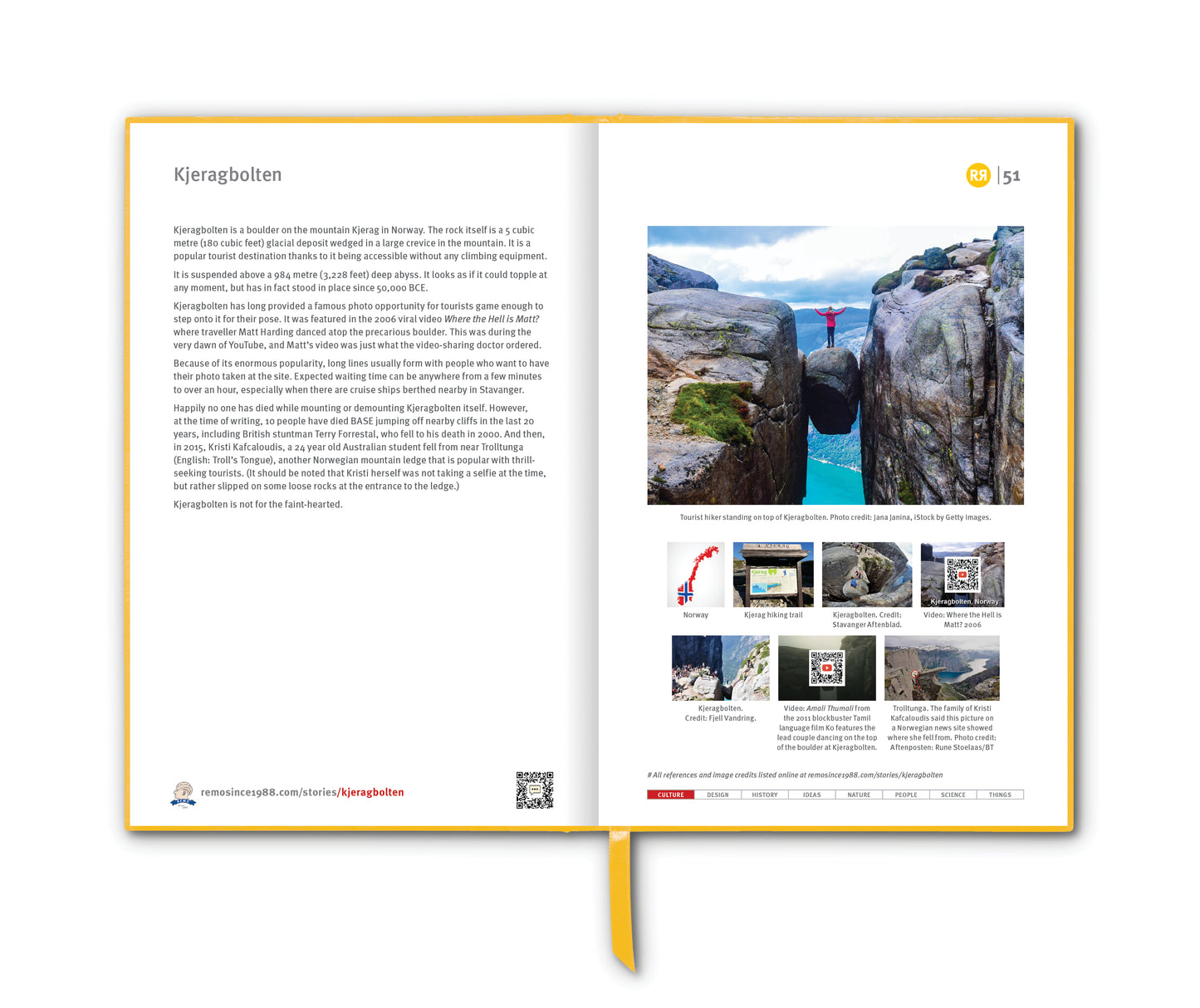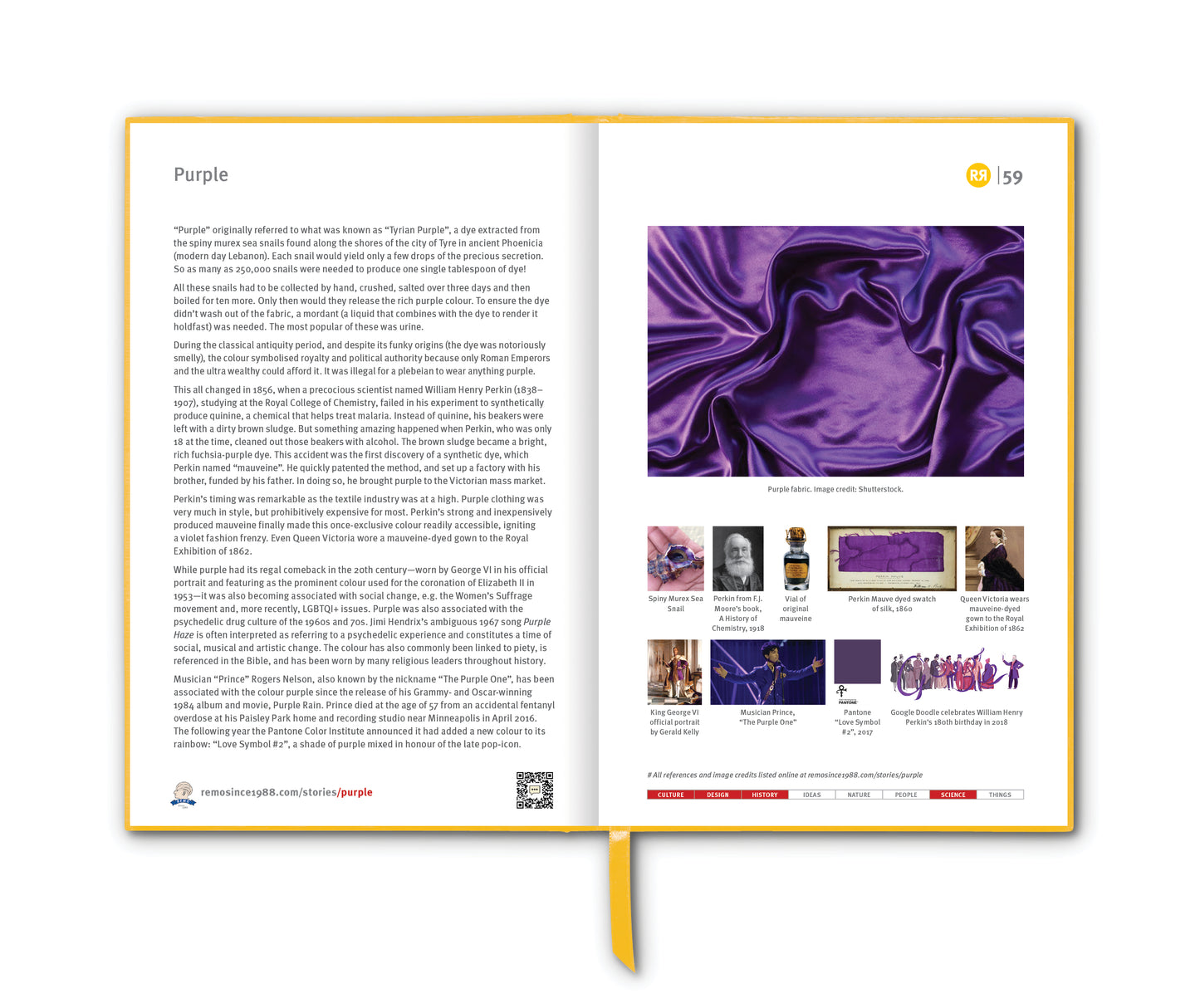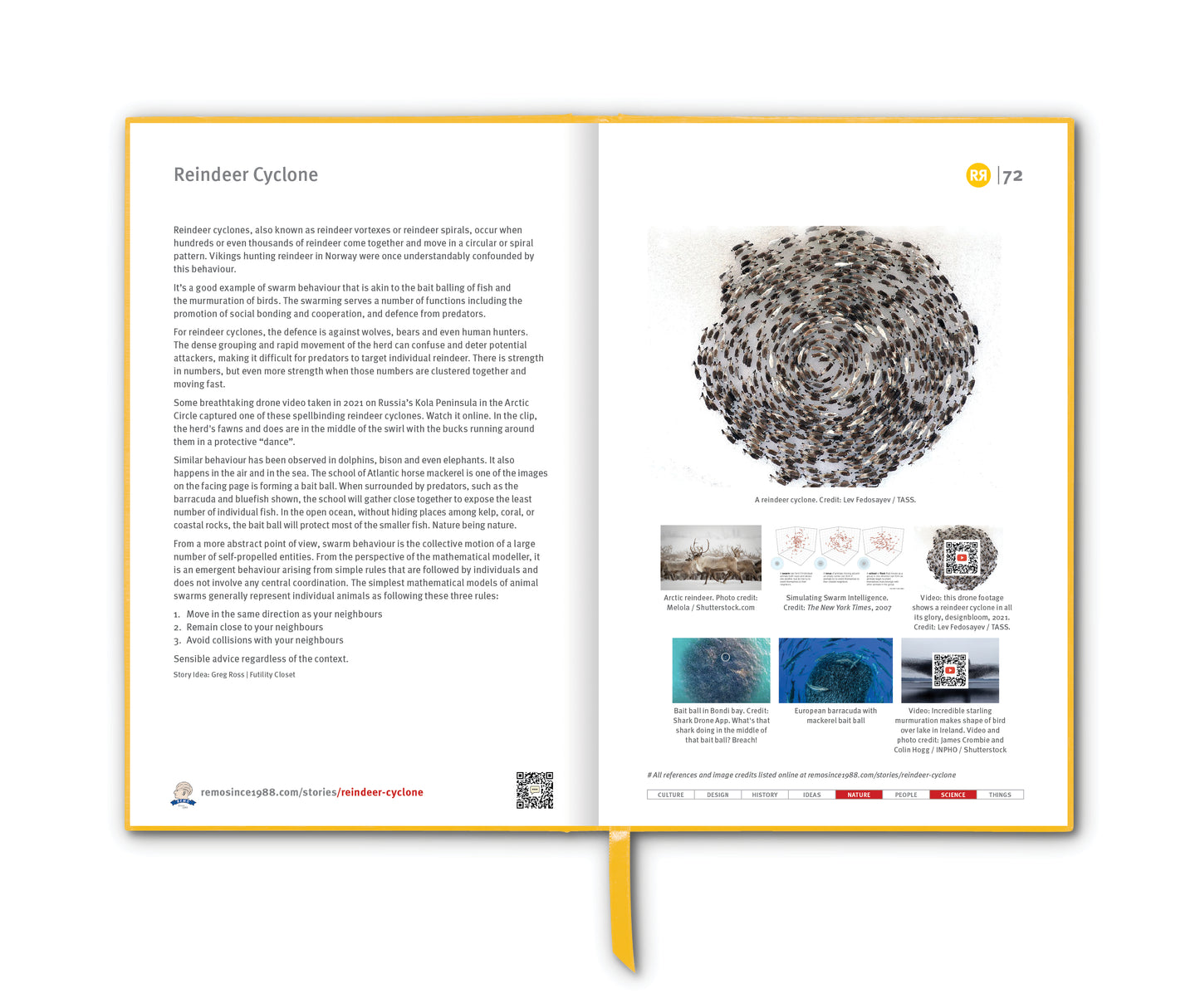Jihad is a loaded term that literally means "exerted effort" or “struggle”, and represents a range of activities, and not all of them violent. Having said that “Jihad of the sword” in defence of Islam, Muslim territory, or Muslim lives is fought using all means available, including violence.
Captagon is a drug that is sometimes dubbed the "Jihad drug". It produces a euphoric intensity in users, allowing them to stay awake for very long periods of time. Along with this, one remains more calm and focused under the effects of the drug, which allows for ones senses to stay at more operational levels. It also helps to subdue feelings of fear and hunger, which is beneficial to conducting long term operations.
Associate Clinical Professor of Psychiatry and Behavioral Sciences at George Washington University Dr Robert Keisling says that it gives one “a sense of well-being and euphoria”, along with the thought that "you’re invincible and that nothing can harm you”. Those who go on jihad missions take a lot of it to prepare, says a former fighter associated with the Muslim Brotherhood. He described the effect: "They go blank. Their heart rate spikes. They lose all connection to their emotions and thoughts." Some describe it as a "zombielike detachment”.
So what exactly is Captagon?
Captagon is a brand name for the drug fenethylline, a synthetic stimulant that combines amphetamine and theophylline. It was initially developed in the 1960s as a treatment for conditions like narcolepsy and ADHD. The drug was eventually banned in the 1980s due to its highly addictive nature, but a clandestine trade of counterfeit Captagon has flourished in the Middle East ever since.
The drug remains extremely common in the Middle East and has particularly blossomed in Gulf states such as Saudi Arabia, Qatar and the United Arab Emirates. Among young people in the Middle East, Captagon is used as a party drug due to its euphoric effects. Its ability to produce prolonged wakefulness and heightened alertness makes it popular in nightlife settings.
Since its ban, Captagon has continued to be produced illegally, primarily in clandestine labs in the Middle East. The illegal trade of Captagon is a significant source of income for various criminal and militant groups.
As early as 2014, Syria was thought to have become a major producer and consumer of the drug, and fighters including militants of the Islamic State group were thought to consume Captagon to stay awake on frontlines.
In May 2021 The Guardian described the effects of Captagon production in Syria on the economy as a dirty business that is creating a near-narco-state. Drug money flowing into Syria is destabilising legitimate businesses. Border seizures of smuggled Captagon are becoming both larger and more frequent. Jihad Yazigi, editor of The Syria Report, reported that Captagon "has probably become Syria's most important source of foreign currency."
Can you think of another drug that has become so closely associated with one particular region or activity?
Story Idea: Chaouki
__________________
References
wikipedia.org/wiki/Fenethylline
aljazeera.com/news/2023/5/9/what-is-captagon-the-addictive-drug-mass-produced-in-syria
reuters.com/world/middle-east/captagon-drug-fuelling-gulf-party-scene-syrias-finances
theweek.com/politics/drug-captagon-hamas-attack-israel
nationalgeographic.com/culture/article/what-does-jihad-really-mean-to-muslims
Images
1. Captagon
2. Jihadists
3. The 14 tonne Captagon seizure … reportedly manufactured by the Assad regime in Syria. Photo: Guardia di Finanza. Napoli.
4. Saudi Arabia seizes 8 million Captagon pills, May 2023
5. Chemical structure of Captagon. Credit: Carmen Drahl.
6. Syria. Credit: worldatlas.com.
7. Increase in Captagon busts over recent years
